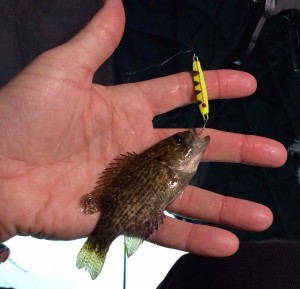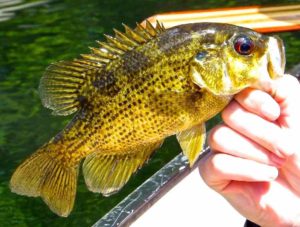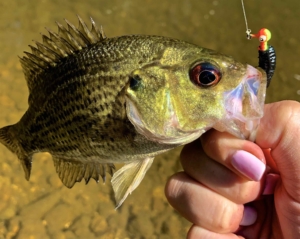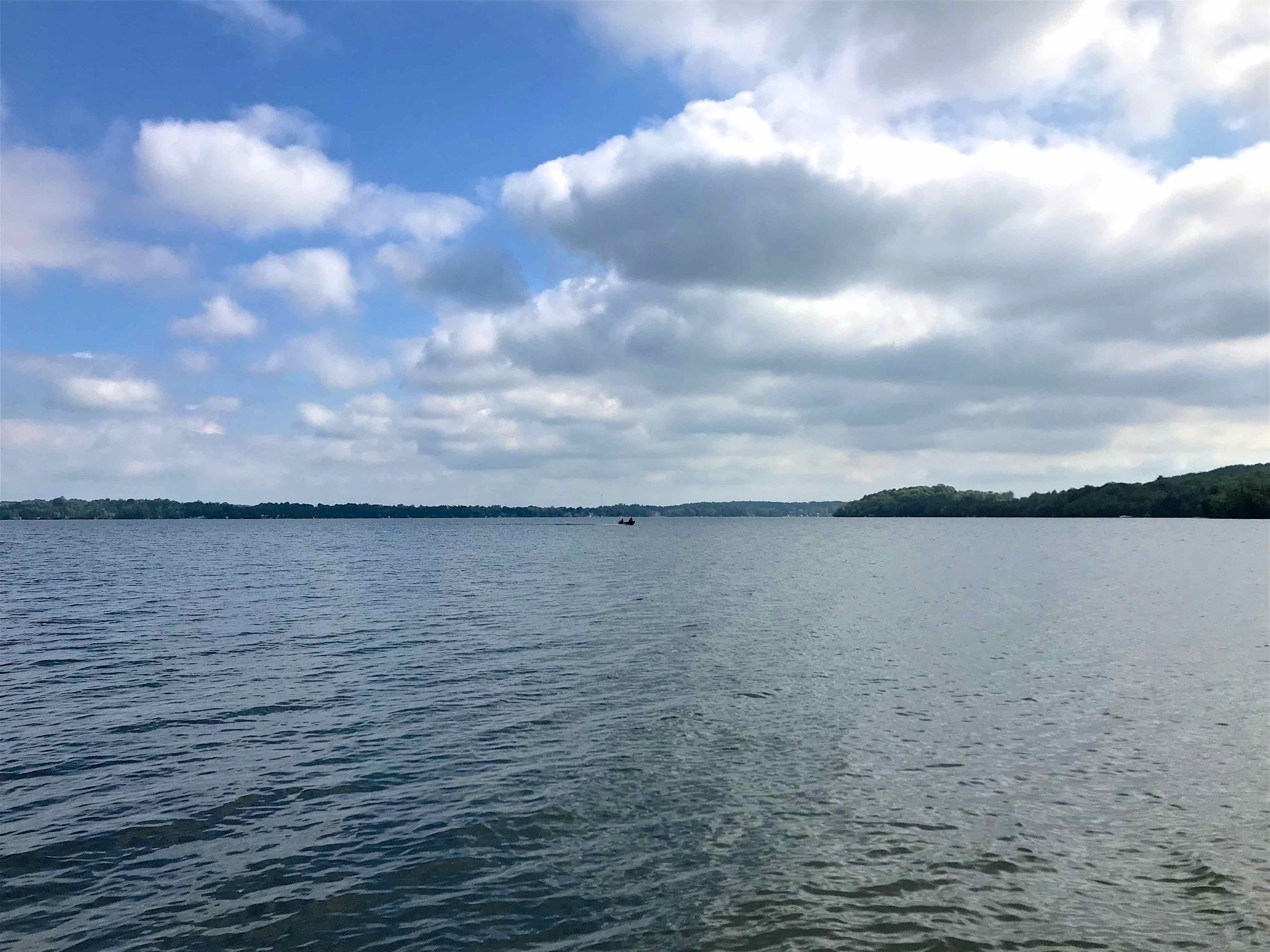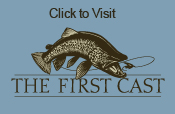The Rock Bass (Ambloplites rupestris, Ambloplites constellatus), also known as the rock perch, goggle-eye, red eye, is a species of freshwater fish in the sunfish family (Centrarchidae) of order Perciformes.
They are similar in appearance to smallmouth bass, but are usually quite a bit smaller.
The average rock bass is between 6 and 10 in, and they rarely weigh over a pound. Rock bass are native to the St Lawrence River and Great Lakes system, the upper and middle Mississippi River basin in North America from Québec to Saskatchewan in the north down to Missouri and Arkansas, and throughout the eastern U.S. from New York through Kentucky and Tennessee to the northern portions of Alabama and Georgia and Florida in the south.
While fairly good eating cooked fresh, rock bass are generally not regarded by most anglers as a food fish of the quality of bluegill or perch.
Fishing with live bait such as nightcrawlers is the most effective method to catch rock bass, although they are often caught with lures while fishing for bass.
A. rupestris, the largest and most common of the Ambloplites species, has reached a maximum recorded length of 43 cm (17 in), and a maximum recorded weight of 1.4 kg (3.0 lb).[1] It can live as long as 10 years.
These fish have the ability to rapidly change their color to match their surroundings. This chameleon-like trait allows them to thrive throughout their wide range.
The Rock Bass prefers clear, rocky, and vegetated stream pools and lake margins. Rocky banks of northeastern lakes and reservoirs are a common habitat for rock bass.
It is carnivorous, and its diet consists of smaller fish, insects, and crustaceans.
Rock bass can be surprisingly unflustered by the presence of human activity, living under lakeside docks and near swimming areas.
Ambloplites constellatus, a species of rock bass from the Ozark upland of Arkansas, and Ambloplites ariommus are true rock bass, but regarded as separate species.
A. rupestris is sometimes called the redeye or redeye bass here in Canada, but this name refers more properly to Micropterus coosae, a distinct species of centrarchid native to parts of the American South.
Rafinesque originally assigned the rock bass to Bodianus, a genus of marine wrasses (family Labridae).
Local Waters
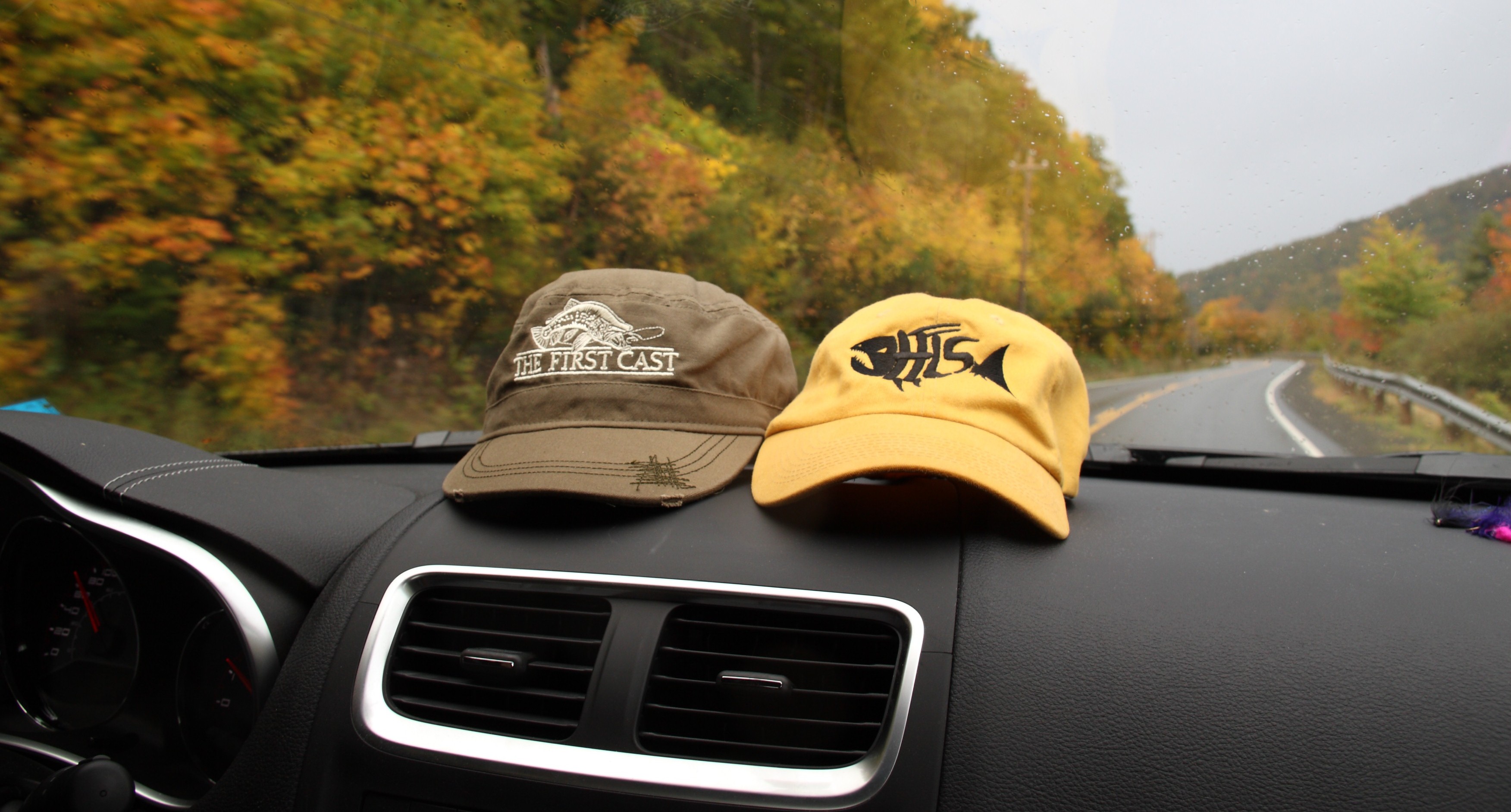 https://hooklineandsinker.ca/wp-content/uploads/2016/12/logging-the-miles.jpg
1883
3504
HLSAdmin
https://hooklineandsinker.ca/wp-content/uploads/2014/12/Steelheading-in-the-Snow-900-80-Not-Faded-Actual-1030x91.jpg
HLSAdmin2016-12-21 23:51:272020-12-27 19:50:18Located Somewhere Between Heaven and Perfect on your GPS …
https://hooklineandsinker.ca/wp-content/uploads/2016/12/logging-the-miles.jpg
1883
3504
HLSAdmin
https://hooklineandsinker.ca/wp-content/uploads/2014/12/Steelheading-in-the-Snow-900-80-Not-Faded-Actual-1030x91.jpg
HLSAdmin2016-12-21 23:51:272020-12-27 19:50:18Located Somewhere Between Heaven and Perfect on your GPS … https://hooklineandsinker.ca/wp-content/uploads/2015/03/Belwood-Lake-Conservation-Area-Gate-BB.jpg
1078
1805
HLSAdmin
https://hooklineandsinker.ca/wp-content/uploads/2014/12/Steelheading-in-the-Snow-900-80-Not-Faded-Actual-1030x91.jpg
HLSAdmin2015-03-19 19:29:142017-06-01 21:31:42Local – The Belwood Lake Conservation Area
https://hooklineandsinker.ca/wp-content/uploads/2015/03/Belwood-Lake-Conservation-Area-Gate-BB.jpg
1078
1805
HLSAdmin
https://hooklineandsinker.ca/wp-content/uploads/2014/12/Steelheading-in-the-Snow-900-80-Not-Faded-Actual-1030x91.jpg
HLSAdmin2015-03-19 19:29:142017-06-01 21:31:42Local – The Belwood Lake Conservation Area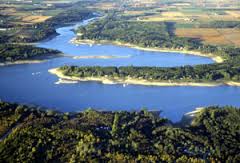 https://hooklineandsinker.ca/wp-content/uploads/2015/03/Conestogo-Lake-Conservation-Area.jpg
163
240
HLSAdmin
https://hooklineandsinker.ca/wp-content/uploads/2014/12/Steelheading-in-the-Snow-900-80-Not-Faded-Actual-1030x91.jpg
HLSAdmin2015-03-22 14:35:302017-02-19 22:20:10Local – The Conestogo Lake Conservation Area & The Conestogo River
https://hooklineandsinker.ca/wp-content/uploads/2015/03/Conestogo-Lake-Conservation-Area.jpg
163
240
HLSAdmin
https://hooklineandsinker.ca/wp-content/uploads/2014/12/Steelheading-in-the-Snow-900-80-Not-Faded-Actual-1030x91.jpg
HLSAdmin2015-03-22 14:35:302017-02-19 22:20:10Local – The Conestogo Lake Conservation Area & The Conestogo River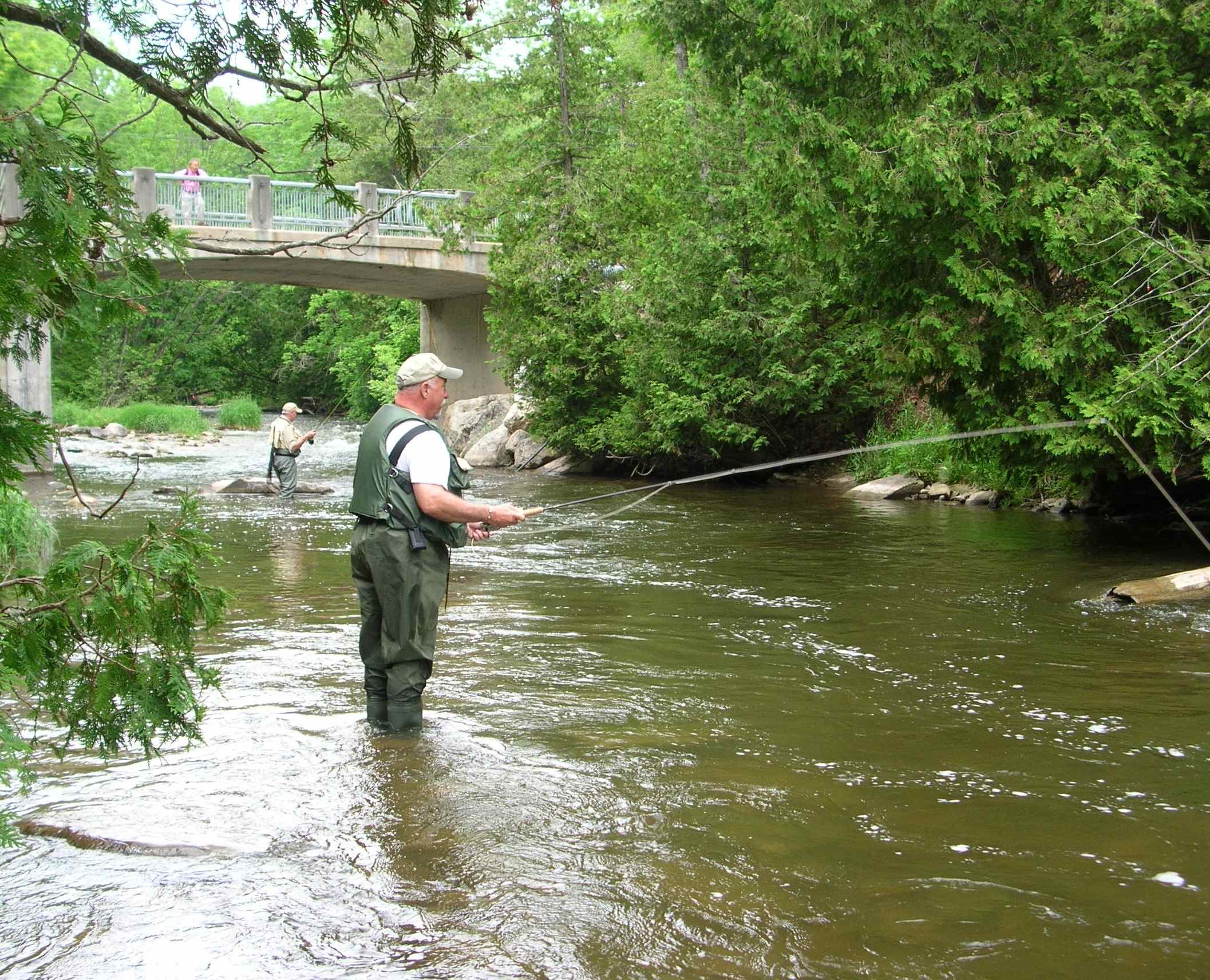 https://hooklineandsinker.ca/wp-content/uploads/2015/03/Fly-Fishing-Lesson-2-Person-on-the-Credit-River-II-Resized.jpg
1712
2114
HLSAdmin
https://hooklineandsinker.ca/wp-content/uploads/2014/12/Steelheading-in-the-Snow-900-80-Not-Faded-Actual-1030x91.jpg
HLSAdmin2015-03-22 18:49:142017-05-03 21:53:32Local – The Credit River – Upper
https://hooklineandsinker.ca/wp-content/uploads/2015/03/Fly-Fishing-Lesson-2-Person-on-the-Credit-River-II-Resized.jpg
1712
2114
HLSAdmin
https://hooklineandsinker.ca/wp-content/uploads/2014/12/Steelheading-in-the-Snow-900-80-Not-Faded-Actual-1030x91.jpg
HLSAdmin2015-03-22 18:49:142017-05-03 21:53:32Local – The Credit River – Upper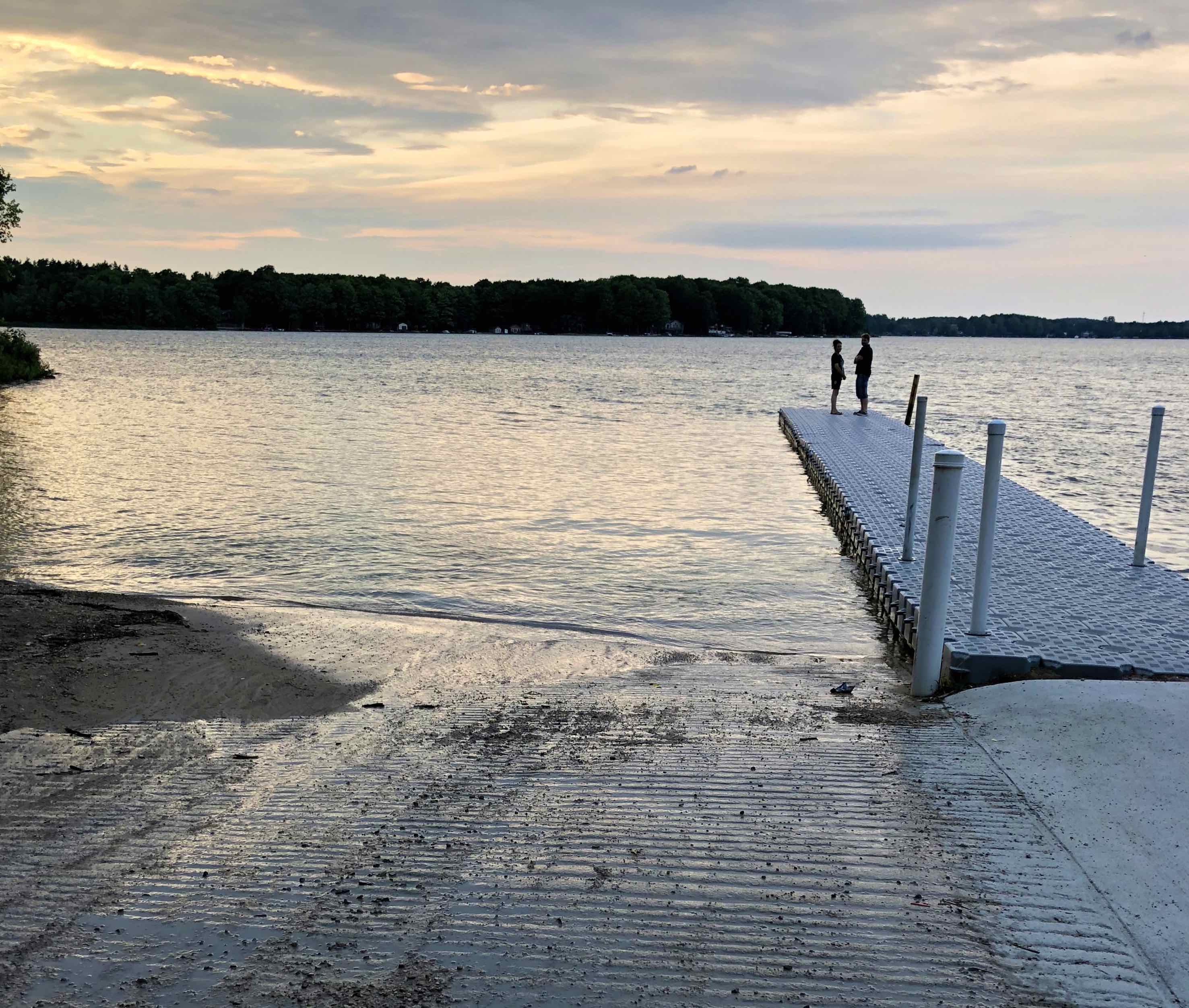 https://hooklineandsinker.ca/wp-content/uploads/2018/07/Lake-Eugenia-CCCC.jpg
2505
2954
HLSAdmin
https://hooklineandsinker.ca/wp-content/uploads/2014/12/Steelheading-in-the-Snow-900-80-Not-Faded-Actual-1030x91.jpg
HLSAdmin2018-07-25 23:57:322019-05-20 11:55:25Local – Lake Eugenia
https://hooklineandsinker.ca/wp-content/uploads/2018/07/Lake-Eugenia-CCCC.jpg
2505
2954
HLSAdmin
https://hooklineandsinker.ca/wp-content/uploads/2014/12/Steelheading-in-the-Snow-900-80-Not-Faded-Actual-1030x91.jpg
HLSAdmin2018-07-25 23:57:322019-05-20 11:55:25Local – Lake Eugenia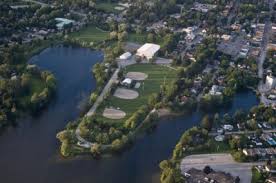 https://hooklineandsinker.ca/wp-content/uploads/2015/03/Ferry-Lake-Acton-Arial.jpg
183
276
HLSAdmin
https://hooklineandsinker.ca/wp-content/uploads/2014/12/Steelheading-in-the-Snow-900-80-Not-Faded-Actual-1030x91.jpg
HLSAdmin2015-03-22 21:35:292020-07-20 18:54:18Local – Fairy Lake – Acton, Ontario
https://hooklineandsinker.ca/wp-content/uploads/2015/03/Ferry-Lake-Acton-Arial.jpg
183
276
HLSAdmin
https://hooklineandsinker.ca/wp-content/uploads/2014/12/Steelheading-in-the-Snow-900-80-Not-Faded-Actual-1030x91.jpg
HLSAdmin2015-03-22 21:35:292020-07-20 18:54:18Local – Fairy Lake – Acton, Ontario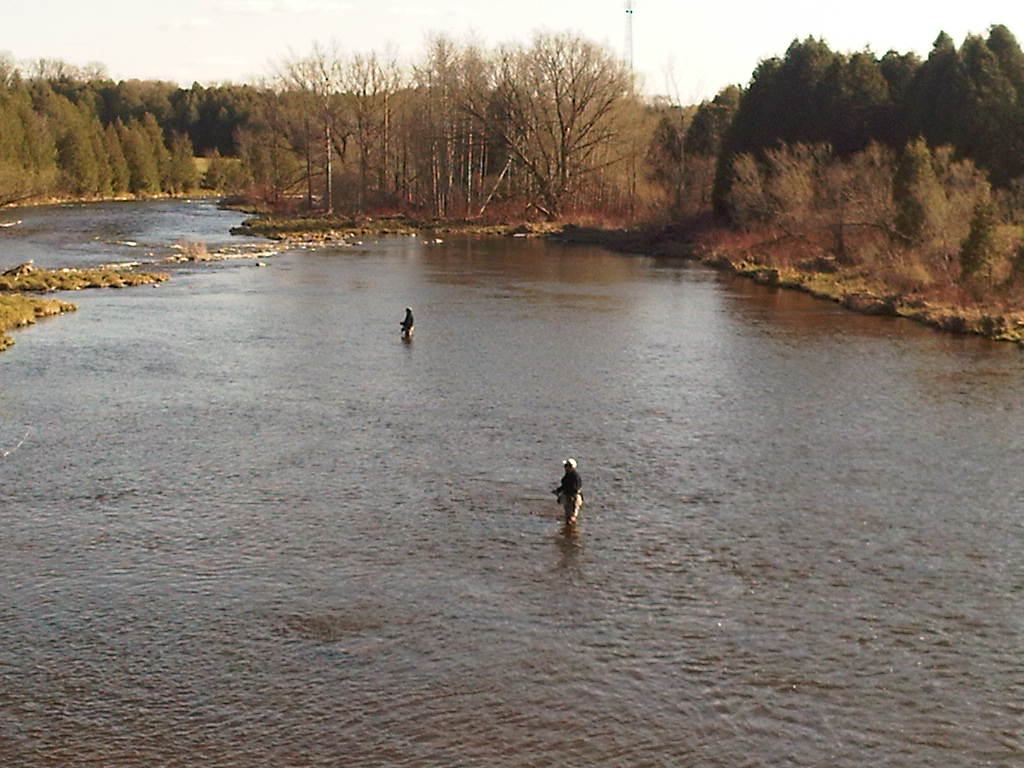 https://hooklineandsinker.ca/wp-content/uploads/2015/03/Upper-Grand-River-at-the-Second-Line.jpg
768
1024
HLSAdmin
https://hooklineandsinker.ca/wp-content/uploads/2014/12/Steelheading-in-the-Snow-900-80-Not-Faded-Actual-1030x91.jpg
HLSAdmin2015-03-17 21:43:132017-09-13 22:19:31Local – The Grand River – Upper
https://hooklineandsinker.ca/wp-content/uploads/2015/03/Upper-Grand-River-at-the-Second-Line.jpg
768
1024
HLSAdmin
https://hooklineandsinker.ca/wp-content/uploads/2014/12/Steelheading-in-the-Snow-900-80-Not-Faded-Actual-1030x91.jpg
HLSAdmin2015-03-17 21:43:132017-09-13 22:19:31Local – The Grand River – Upper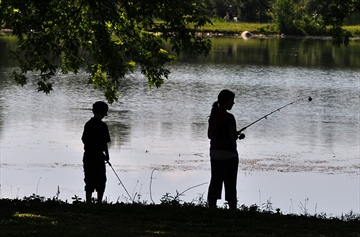 https://hooklineandsinker.ca/wp-content/uploads/2015/04/Guelph-Correctional-Ponds.jpg
237
360
HLSAdmin
https://hooklineandsinker.ca/wp-content/uploads/2014/12/Steelheading-in-the-Snow-900-80-Not-Faded-Actual-1030x91.jpg
HLSAdmin2015-04-27 22:13:052018-06-02 20:24:52Local – The Guelph Correctional Centre Ponds – The “OR”
https://hooklineandsinker.ca/wp-content/uploads/2015/04/Guelph-Correctional-Ponds.jpg
237
360
HLSAdmin
https://hooklineandsinker.ca/wp-content/uploads/2014/12/Steelheading-in-the-Snow-900-80-Not-Faded-Actual-1030x91.jpg
HLSAdmin2015-04-27 22:13:052018-06-02 20:24:52Local – The Guelph Correctional Centre Ponds – The “OR”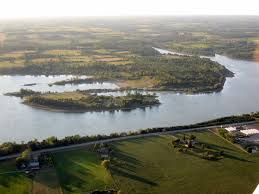 https://hooklineandsinker.ca/wp-content/uploads/2015/03/Guelph-Lake-Conservation-Area-Arial.jpg
194
259
HLSAdmin
https://hooklineandsinker.ca/wp-content/uploads/2014/12/Steelheading-in-the-Snow-900-80-Not-Faded-Actual-1030x91.jpg
HLSAdmin2015-03-19 19:13:422021-06-18 20:52:10Local – The Guelph Lake Conservation Area
https://hooklineandsinker.ca/wp-content/uploads/2015/03/Guelph-Lake-Conservation-Area-Arial.jpg
194
259
HLSAdmin
https://hooklineandsinker.ca/wp-content/uploads/2014/12/Steelheading-in-the-Snow-900-80-Not-Faded-Actual-1030x91.jpg
HLSAdmin2015-03-19 19:13:422021-06-18 20:52:10Local – The Guelph Lake Conservation Area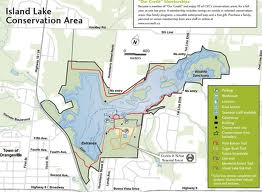 https://hooklineandsinker.ca/wp-content/uploads/2015/03/Island-Lake-Conservation-Area-Orangeville-Reservoir.jpg
192
262
HLSAdmin
https://hooklineandsinker.ca/wp-content/uploads/2014/12/Steelheading-in-the-Snow-900-80-Not-Faded-Actual-1030x91.jpg
HLSAdmin2015-03-22 21:55:182018-07-15 21:28:03Local – Island Lake Conservation Area – The Orangeville Reservoir
https://hooklineandsinker.ca/wp-content/uploads/2015/03/Island-Lake-Conservation-Area-Orangeville-Reservoir.jpg
192
262
HLSAdmin
https://hooklineandsinker.ca/wp-content/uploads/2014/12/Steelheading-in-the-Snow-900-80-Not-Faded-Actual-1030x91.jpg
HLSAdmin2015-03-22 21:55:182018-07-15 21:28:03Local – Island Lake Conservation Area – The Orangeville Reservoir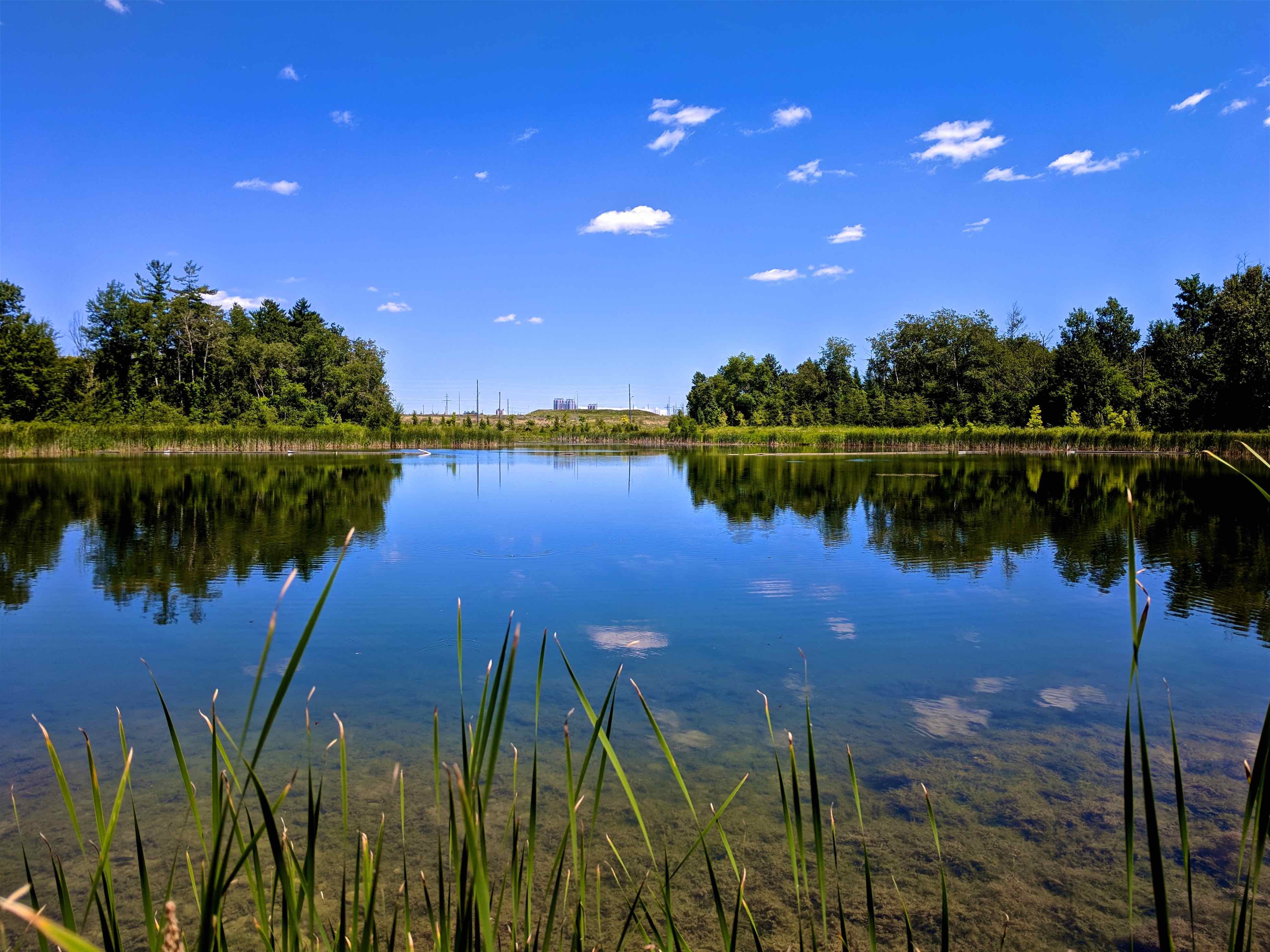 https://hooklineandsinker.ca/wp-content/uploads/2018/08/Laird-Road-Pond-AAA.jpg
2936
3915
HLSAdmin
https://hooklineandsinker.ca/wp-content/uploads/2014/12/Steelheading-in-the-Snow-900-80-Not-Faded-Actual-1030x91.jpg
HLSAdmin2018-08-20 22:04:022018-08-20 22:18:57Local – Laird Road Pond, Guelph Ontario
https://hooklineandsinker.ca/wp-content/uploads/2018/08/Laird-Road-Pond-AAA.jpg
2936
3915
HLSAdmin
https://hooklineandsinker.ca/wp-content/uploads/2014/12/Steelheading-in-the-Snow-900-80-Not-Faded-Actual-1030x91.jpg
HLSAdmin2018-08-20 22:04:022018-08-20 22:18:57Local – Laird Road Pond, Guelph Ontario https://hooklineandsinker.ca/wp-content/uploads/2015/05/Marden-Park-and-Community-Centre-and-Park-Guelph-Eramosa-Township-AA.jpg
1506
1456
HLSAdmin
https://hooklineandsinker.ca/wp-content/uploads/2014/12/Steelheading-in-the-Snow-900-80-Not-Faded-Actual-1030x91.jpg
HLSAdmin2015-05-07 23:25:032017-02-20 14:15:46Local – Marden Park Community Centre and Park – Guelph Eramosa Township
https://hooklineandsinker.ca/wp-content/uploads/2015/05/Marden-Park-and-Community-Centre-and-Park-Guelph-Eramosa-Township-AA.jpg
1506
1456
HLSAdmin
https://hooklineandsinker.ca/wp-content/uploads/2014/12/Steelheading-in-the-Snow-900-80-Not-Faded-Actual-1030x91.jpg
HLSAdmin2015-05-07 23:25:032017-02-20 14:15:46Local – Marden Park Community Centre and Park – Guelph Eramosa Township https://hooklineandsinker.ca/wp-content/uploads/2015/03/Mountsberg-Conservation-Area.jpg
142
356
HLSAdmin
https://hooklineandsinker.ca/wp-content/uploads/2014/12/Steelheading-in-the-Snow-900-80-Not-Faded-Actual-1030x91.jpg
HLSAdmin2015-03-22 21:29:472017-02-19 22:54:27Local – Mountsberg Conservation Area Reservoir
https://hooklineandsinker.ca/wp-content/uploads/2015/03/Mountsberg-Conservation-Area.jpg
142
356
HLSAdmin
https://hooklineandsinker.ca/wp-content/uploads/2014/12/Steelheading-in-the-Snow-900-80-Not-Faded-Actual-1030x91.jpg
HLSAdmin2015-03-22 21:29:472017-02-19 22:54:27Local – Mountsberg Conservation Area Reservoir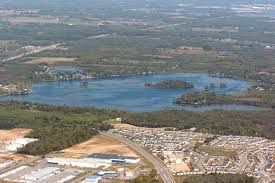 https://hooklineandsinker.ca/wp-content/uploads/2017/06/Puslinch-Lake-images.jpg
183
275
HLSAdmin
https://hooklineandsinker.ca/wp-content/uploads/2014/12/Steelheading-in-the-Snow-900-80-Not-Faded-Actual-1030x91.jpg
HLSAdmin2017-06-17 21:21:552017-06-17 21:57:16Local – Puslinch Lake – Little & Big
https://hooklineandsinker.ca/wp-content/uploads/2017/06/Puslinch-Lake-images.jpg
183
275
HLSAdmin
https://hooklineandsinker.ca/wp-content/uploads/2014/12/Steelheading-in-the-Snow-900-80-Not-Faded-Actual-1030x91.jpg
HLSAdmin2017-06-17 21:21:552017-06-17 21:57:16Local – Puslinch Lake – Little & Big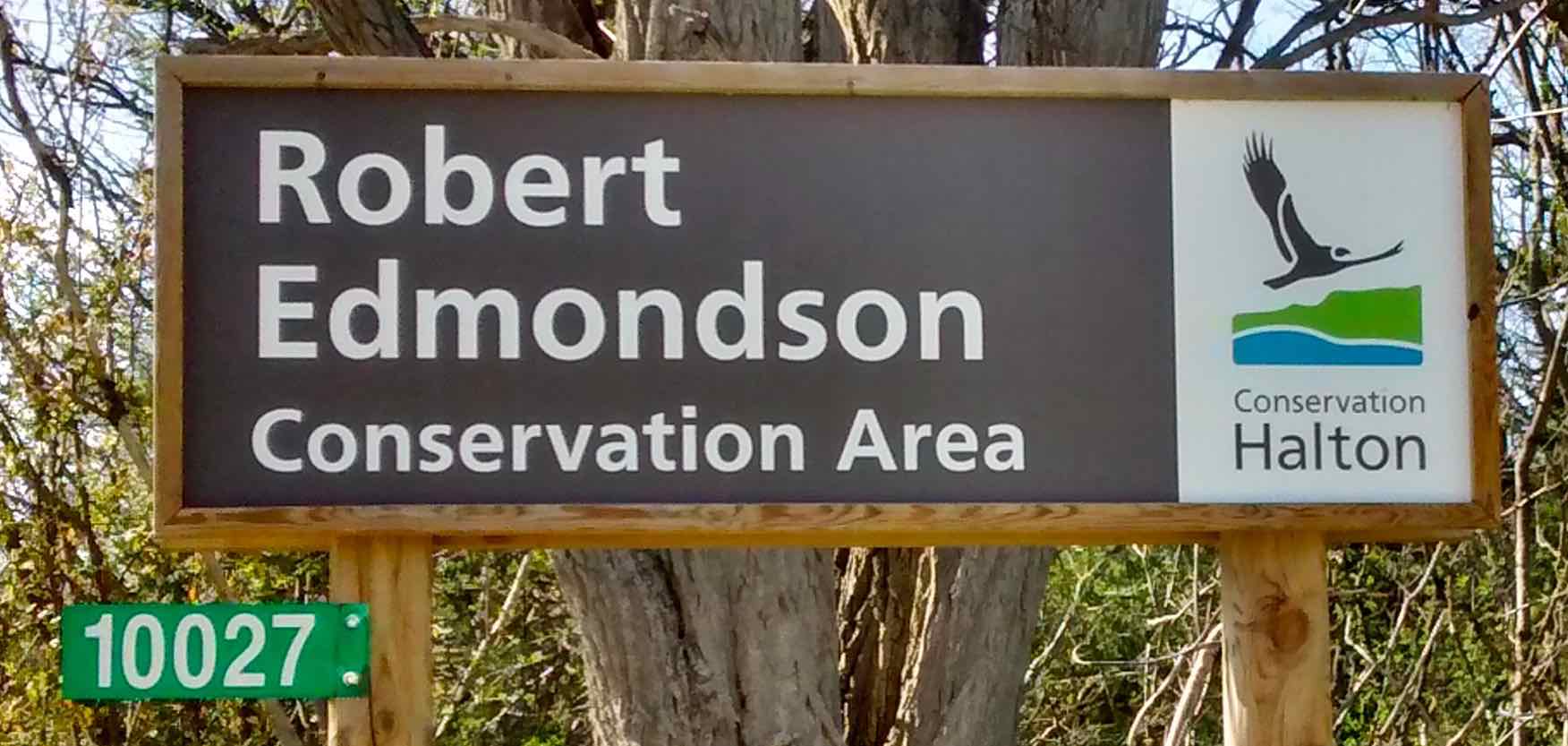 https://hooklineandsinker.ca/wp-content/uploads/2015/05/Robert-Edmondson-Conservation-Area-Sign-AA.jpg
833
1752
HLSAdmin
https://hooklineandsinker.ca/wp-content/uploads/2014/12/Steelheading-in-the-Snow-900-80-Not-Faded-Actual-1030x91.jpg
HLSAdmin2015-05-06 19:09:112017-06-25 20:34:05Local – Robert Edmondson Conservation Area (Formerly Burns Conservation Area)
https://hooklineandsinker.ca/wp-content/uploads/2015/05/Robert-Edmondson-Conservation-Area-Sign-AA.jpg
833
1752
HLSAdmin
https://hooklineandsinker.ca/wp-content/uploads/2014/12/Steelheading-in-the-Snow-900-80-Not-Faded-Actual-1030x91.jpg
HLSAdmin2015-05-06 19:09:112017-06-25 20:34:05Local – Robert Edmondson Conservation Area (Formerly Burns Conservation Area) https://hooklineandsinker.ca/wp-content/uploads/2015/03/Rockwood-Conservation-Area.jpg
183
275
HLSAdmin
https://hooklineandsinker.ca/wp-content/uploads/2014/12/Steelheading-in-the-Snow-900-80-Not-Faded-Actual-1030x91.jpg
HLSAdmin2015-03-22 17:40:452017-05-21 13:43:43Local – The Rockwood Conservation Area
https://hooklineandsinker.ca/wp-content/uploads/2015/03/Rockwood-Conservation-Area.jpg
183
275
HLSAdmin
https://hooklineandsinker.ca/wp-content/uploads/2014/12/Steelheading-in-the-Snow-900-80-Not-Faded-Actual-1030x91.jpg
HLSAdmin2015-03-22 17:40:452017-05-21 13:43:43Local – The Rockwood Conservation Area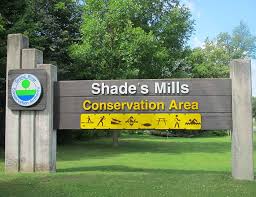 https://hooklineandsinker.ca/wp-content/uploads/2015/03/Shades-Mills-Conservation-Area.jpg
197
256
HLSAdmin
https://hooklineandsinker.ca/wp-content/uploads/2014/12/Steelheading-in-the-Snow-900-80-Not-Faded-Actual-1030x91.jpg
HLSAdmin2015-03-22 17:58:562021-01-24 21:14:46Local – Shade’s Mills Conservation Area & Mill Creek
https://hooklineandsinker.ca/wp-content/uploads/2015/03/Shades-Mills-Conservation-Area.jpg
197
256
HLSAdmin
https://hooklineandsinker.ca/wp-content/uploads/2014/12/Steelheading-in-the-Snow-900-80-Not-Faded-Actual-1030x91.jpg
HLSAdmin2015-03-22 17:58:562021-01-24 21:14:46Local – Shade’s Mills Conservation Area & Mill Creek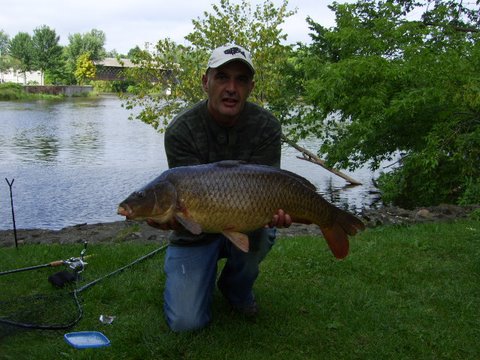 https://hooklineandsinker.ca/wp-content/uploads/2015/03/Carp-Speed-River-Confluence-Eramosa-Covered-BridgeSV100516_01.jpg
360
480
HLSAdmin
https://hooklineandsinker.ca/wp-content/uploads/2014/12/Steelheading-in-the-Snow-900-80-Not-Faded-Actual-1030x91.jpg
HLSAdmin2015-03-17 21:22:322017-02-25 22:16:03Local – The Speed & Eramosa Rivers
https://hooklineandsinker.ca/wp-content/uploads/2015/03/Carp-Speed-River-Confluence-Eramosa-Covered-BridgeSV100516_01.jpg
360
480
HLSAdmin
https://hooklineandsinker.ca/wp-content/uploads/2014/12/Steelheading-in-the-Snow-900-80-Not-Faded-Actual-1030x91.jpg
HLSAdmin2015-03-17 21:22:322017-02-25 22:16:03Local – The Speed & Eramosa Rivers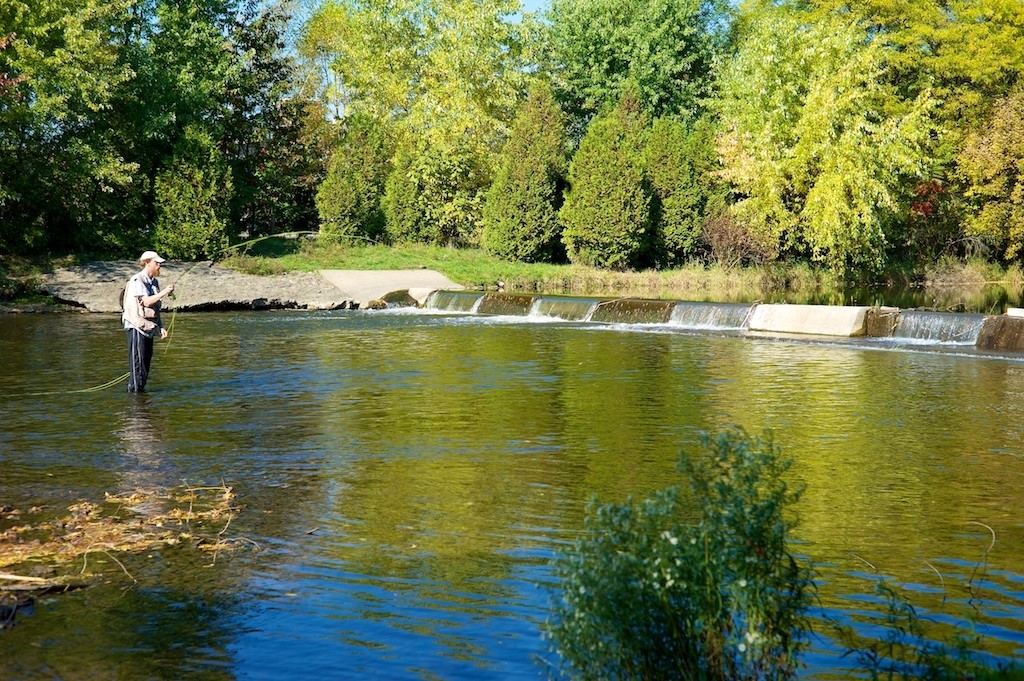 https://hooklineandsinker.ca/wp-content/uploads/2015/03/Speed-River-C.jpg
681
1024
HLSAdmin
https://hooklineandsinker.ca/wp-content/uploads/2014/12/Steelheading-in-the-Snow-900-80-Not-Faded-Actual-1030x91.jpg
HLSAdmin2015-02-23 21:30:362017-02-19 23:13:03Local – The Speed River
https://hooklineandsinker.ca/wp-content/uploads/2015/03/Speed-River-C.jpg
681
1024
HLSAdmin
https://hooklineandsinker.ca/wp-content/uploads/2014/12/Steelheading-in-the-Snow-900-80-Not-Faded-Actual-1030x91.jpg
HLSAdmin2015-02-23 21:30:362017-02-19 23:13:03Local – The Speed River https://hooklineandsinker.ca/wp-content/uploads/2015/03/Valens-Lake-Conservation-Area.jpg
160
240
HLSAdmin
https://hooklineandsinker.ca/wp-content/uploads/2014/12/Steelheading-in-the-Snow-900-80-Not-Faded-Actual-1030x91.jpg
HLSAdmin2015-03-22 21:17:252020-02-26 23:14:16Local – Valens Lake Conservation Area
https://hooklineandsinker.ca/wp-content/uploads/2015/03/Valens-Lake-Conservation-Area.jpg
160
240
HLSAdmin
https://hooklineandsinker.ca/wp-content/uploads/2014/12/Steelheading-in-the-Snow-900-80-Not-Faded-Actual-1030x91.jpg
HLSAdmin2015-03-22 21:17:252020-02-26 23:14:16Local – Valens Lake Conservation Area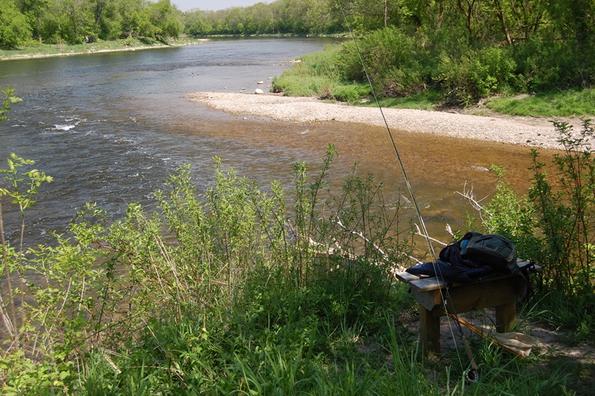 https://hooklineandsinker.ca/wp-content/uploads/2015/03/Below-Whitemans.jpg
396
595
HLSAdmin
https://hooklineandsinker.ca/wp-content/uploads/2014/12/Steelheading-in-the-Snow-900-80-Not-Faded-Actual-1030x91.jpg
HLSAdmin2015-03-22 18:11:352018-02-10 14:43:19Local – Whiteman’s Creek
https://hooklineandsinker.ca/wp-content/uploads/2015/03/Below-Whitemans.jpg
396
595
HLSAdmin
https://hooklineandsinker.ca/wp-content/uploads/2014/12/Steelheading-in-the-Snow-900-80-Not-Faded-Actual-1030x91.jpg
HLSAdmin2015-03-22 18:11:352018-02-10 14:43:19Local – Whiteman’s Creek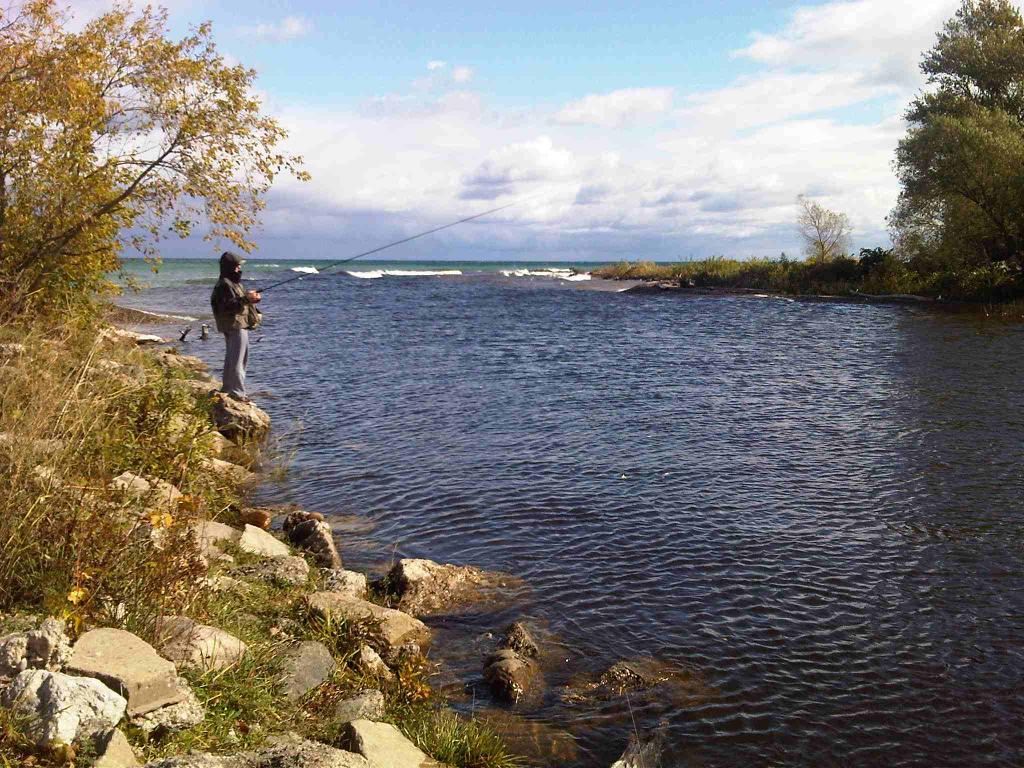 https://hooklineandsinker.ca/wp-content/uploads/2015/10/The-Beaver-River-Thornbury-River-Mouth-B.jpg
768
1024
HLSAdmin
https://hooklineandsinker.ca/wp-content/uploads/2014/12/Steelheading-in-the-Snow-900-80-Not-Faded-Actual-1030x91.jpg
HLSAdmin2015-10-04 21:07:462018-10-02 12:22:23Migratory – The Beaver River – Thornbury, Ontario
https://hooklineandsinker.ca/wp-content/uploads/2015/10/The-Beaver-River-Thornbury-River-Mouth-B.jpg
768
1024
HLSAdmin
https://hooklineandsinker.ca/wp-content/uploads/2014/12/Steelheading-in-the-Snow-900-80-Not-Faded-Actual-1030x91.jpg
HLSAdmin2015-10-04 21:07:462018-10-02 12:22:23Migratory – The Beaver River – Thornbury, Ontario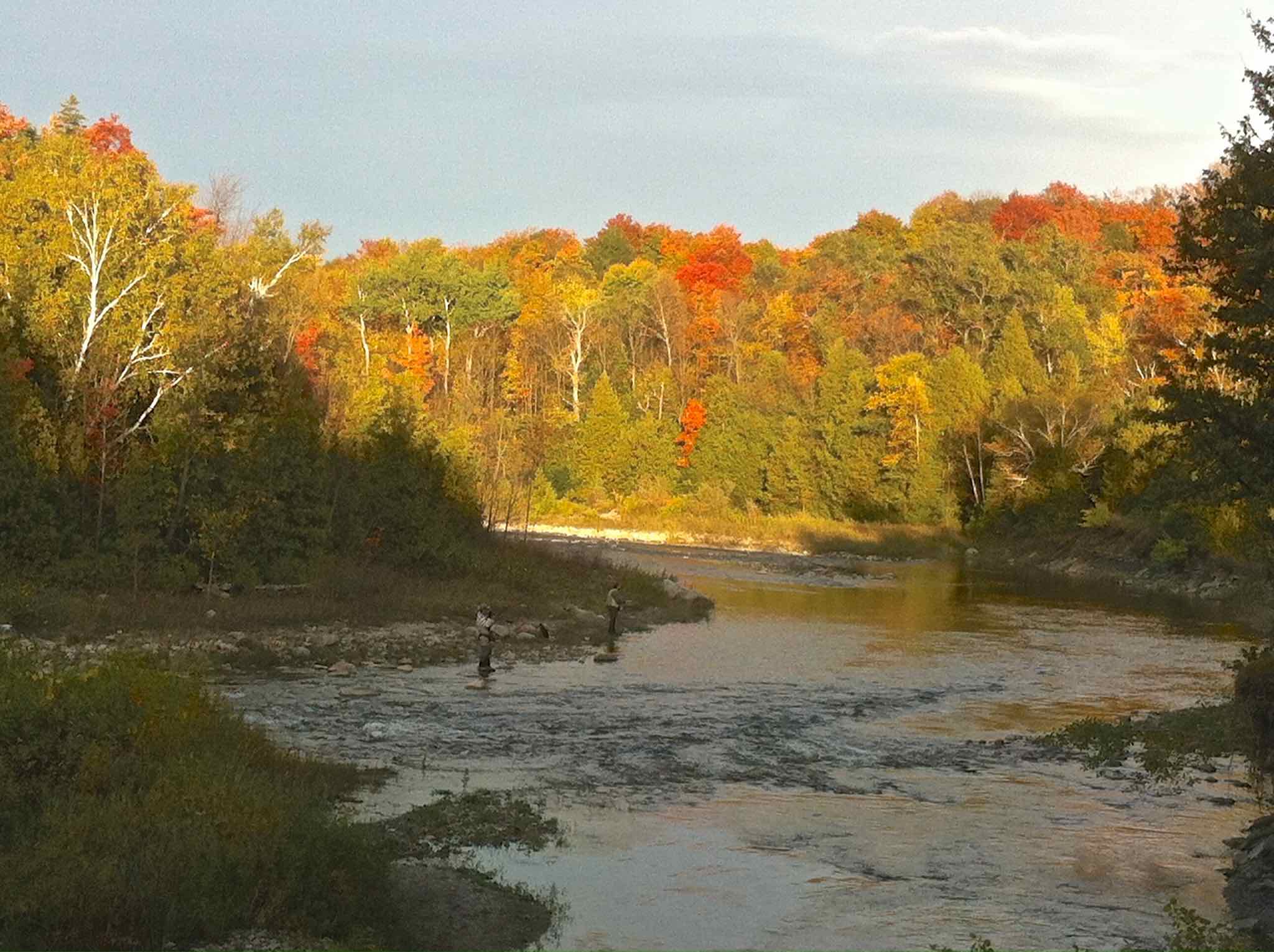 https://hooklineandsinker.ca/wp-content/uploads/2015/10/The-Bighead-River-in-Meaford-Updtream-from-The-Legion-Hole-Fall-AA.jpg
1530
2048
HLSAdmin
https://hooklineandsinker.ca/wp-content/uploads/2014/12/Steelheading-in-the-Snow-900-80-Not-Faded-Actual-1030x91.jpg
HLSAdmin2015-10-05 20:14:252020-12-29 15:35:01Migratory – The Bighead River – Meaford, Ontario
https://hooklineandsinker.ca/wp-content/uploads/2015/10/The-Bighead-River-in-Meaford-Updtream-from-The-Legion-Hole-Fall-AA.jpg
1530
2048
HLSAdmin
https://hooklineandsinker.ca/wp-content/uploads/2014/12/Steelheading-in-the-Snow-900-80-Not-Faded-Actual-1030x91.jpg
HLSAdmin2015-10-05 20:14:252020-12-29 15:35:01Migratory – The Bighead River – Meaford, Ontario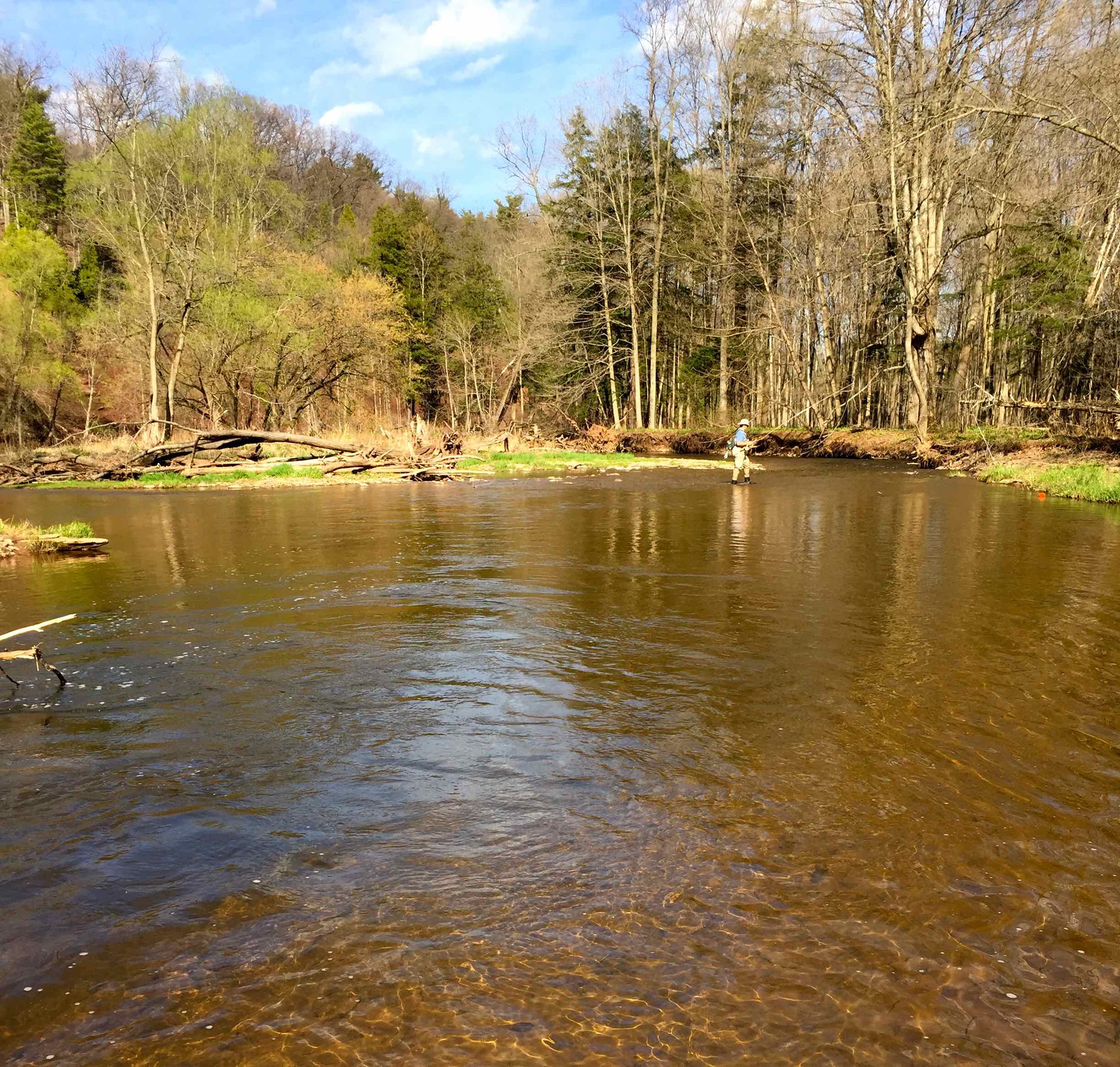 https://hooklineandsinker.ca/wp-content/uploads/2015/10/The-Bronte-Creek-or-12-Mile-Creek-Steelheading-Upper-Middle-Road-BBB.jpg
2332
2448
HLSAdmin
https://hooklineandsinker.ca/wp-content/uploads/2014/12/Steelheading-in-the-Snow-900-80-Not-Faded-Actual-1030x91.jpg
HLSAdmin2015-10-05 21:16:082018-11-07 18:07:46Migratory – Bronte Creek or 12 Mile Creek – Oakville, Ontario
https://hooklineandsinker.ca/wp-content/uploads/2015/10/The-Bronte-Creek-or-12-Mile-Creek-Steelheading-Upper-Middle-Road-BBB.jpg
2332
2448
HLSAdmin
https://hooklineandsinker.ca/wp-content/uploads/2014/12/Steelheading-in-the-Snow-900-80-Not-Faded-Actual-1030x91.jpg
HLSAdmin2015-10-05 21:16:082018-11-07 18:07:46Migratory – Bronte Creek or 12 Mile Creek – Oakville, Ontario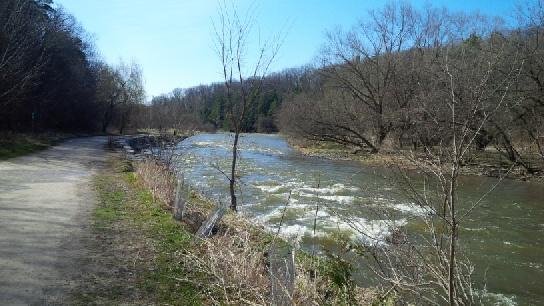 https://hooklineandsinker.ca/wp-content/uploads/2015/03/Credit-River-at-Erindale-Park-above-Dundas-April-24th-at-9am.jpg
306
544
HLSAdmin
https://hooklineandsinker.ca/wp-content/uploads/2014/12/Steelheading-in-the-Snow-900-80-Not-Faded-Actual-1030x91.jpg
HLSAdmin2015-03-22 19:16:222019-08-27 15:23:00Migratory – The Credit River – Lower
https://hooklineandsinker.ca/wp-content/uploads/2015/03/Credit-River-at-Erindale-Park-above-Dundas-April-24th-at-9am.jpg
306
544
HLSAdmin
https://hooklineandsinker.ca/wp-content/uploads/2014/12/Steelheading-in-the-Snow-900-80-Not-Faded-Actual-1030x91.jpg
HLSAdmin2015-03-22 19:16:222019-08-27 15:23:00Migratory – The Credit River – Lower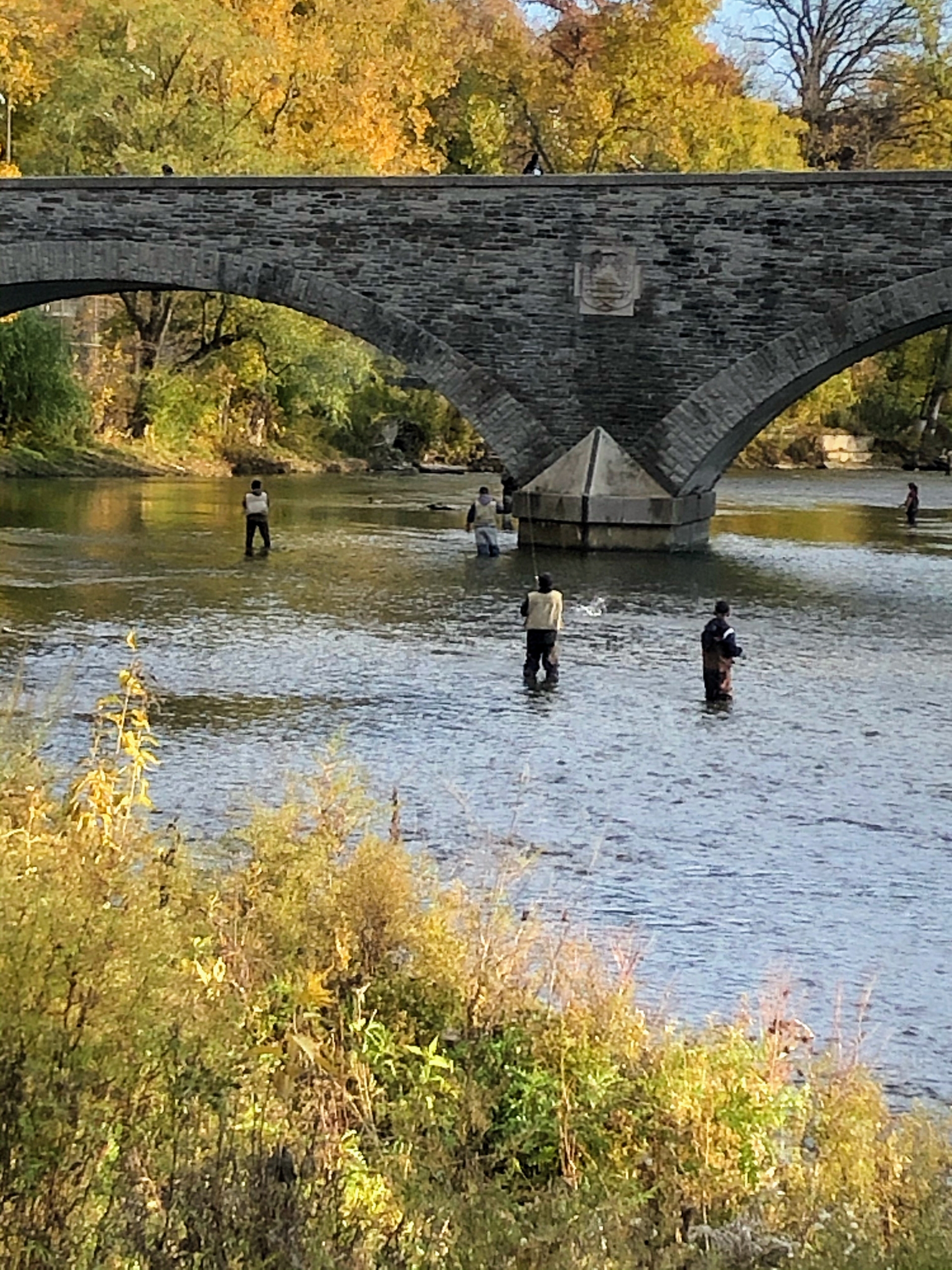 https://hooklineandsinker.ca/wp-content/uploads/2020/12/Salmon-fishing-The-Humber-River-The-Old-Mill-Dam-C-scaled.jpg
2560
1920
HLSAdmin
https://hooklineandsinker.ca/wp-content/uploads/2014/12/Steelheading-in-the-Snow-900-80-Not-Faded-Actual-1030x91.jpg
HLSAdmin2020-12-29 15:47:582020-12-29 15:47:58Migratory – The Humber River – Toronto, Ontario
https://hooklineandsinker.ca/wp-content/uploads/2020/12/Salmon-fishing-The-Humber-River-The-Old-Mill-Dam-C-scaled.jpg
2560
1920
HLSAdmin
https://hooklineandsinker.ca/wp-content/uploads/2014/12/Steelheading-in-the-Snow-900-80-Not-Faded-Actual-1030x91.jpg
HLSAdmin2020-12-29 15:47:582020-12-29 15:47:58Migratory – The Humber River – Toronto, Ontario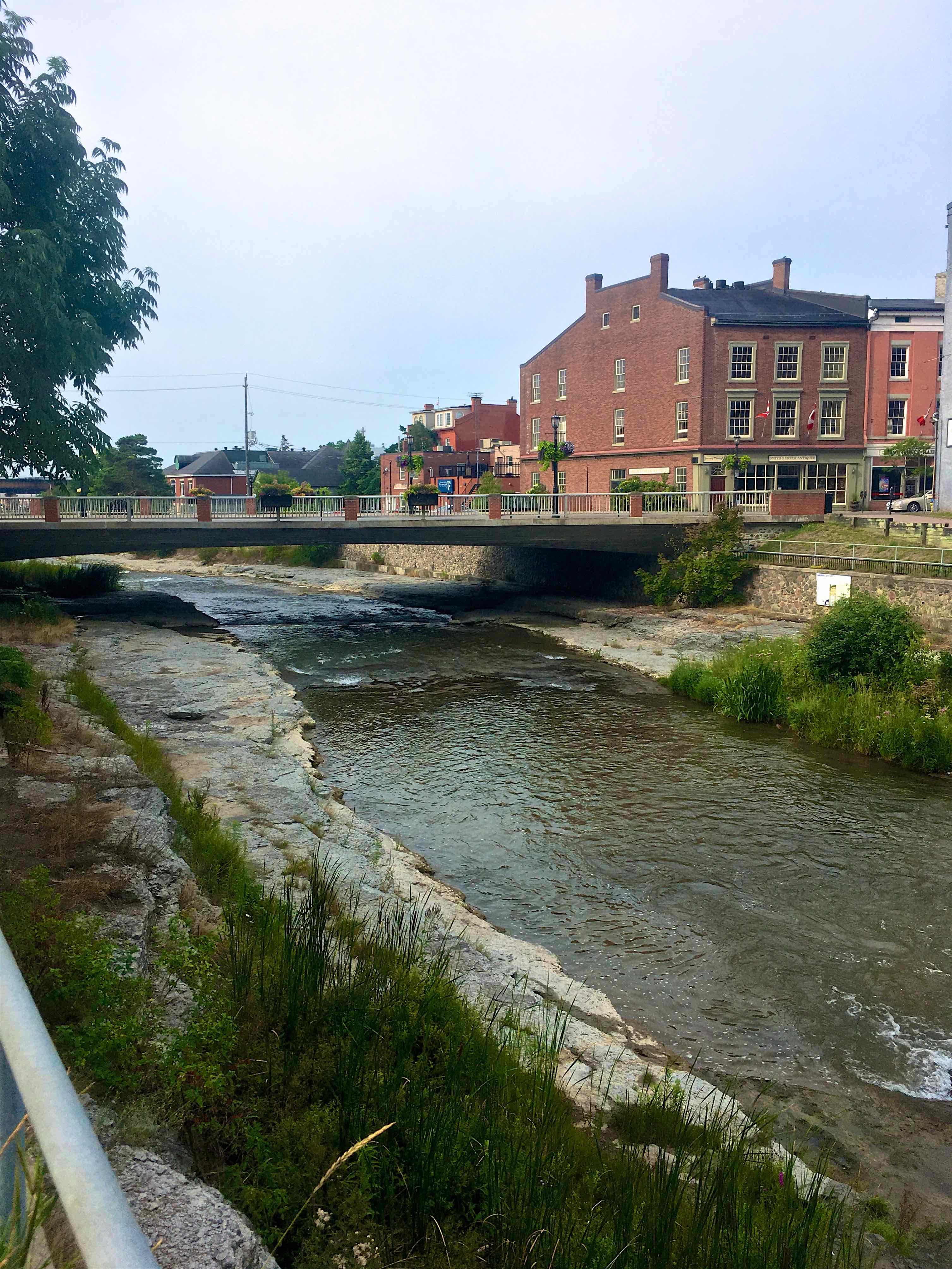 https://hooklineandsinker.ca/wp-content/uploads/2018/08/Ganaraska-River-Fishing-August-2018KKK.jpg
4018
3014
HLSAdmin
https://hooklineandsinker.ca/wp-content/uploads/2014/12/Steelheading-in-the-Snow-900-80-Not-Faded-Actual-1030x91.jpg
HLSAdmin2018-08-05 21:32:292019-08-27 18:07:22Migratory – The Ganaraska River or The “Ganny” – Port Hope, Ontario
https://hooklineandsinker.ca/wp-content/uploads/2018/08/Ganaraska-River-Fishing-August-2018KKK.jpg
4018
3014
HLSAdmin
https://hooklineandsinker.ca/wp-content/uploads/2014/12/Steelheading-in-the-Snow-900-80-Not-Faded-Actual-1030x91.jpg
HLSAdmin2018-08-05 21:32:292019-08-27 18:07:22Migratory – The Ganaraska River or The “Ganny” – Port Hope, Ontario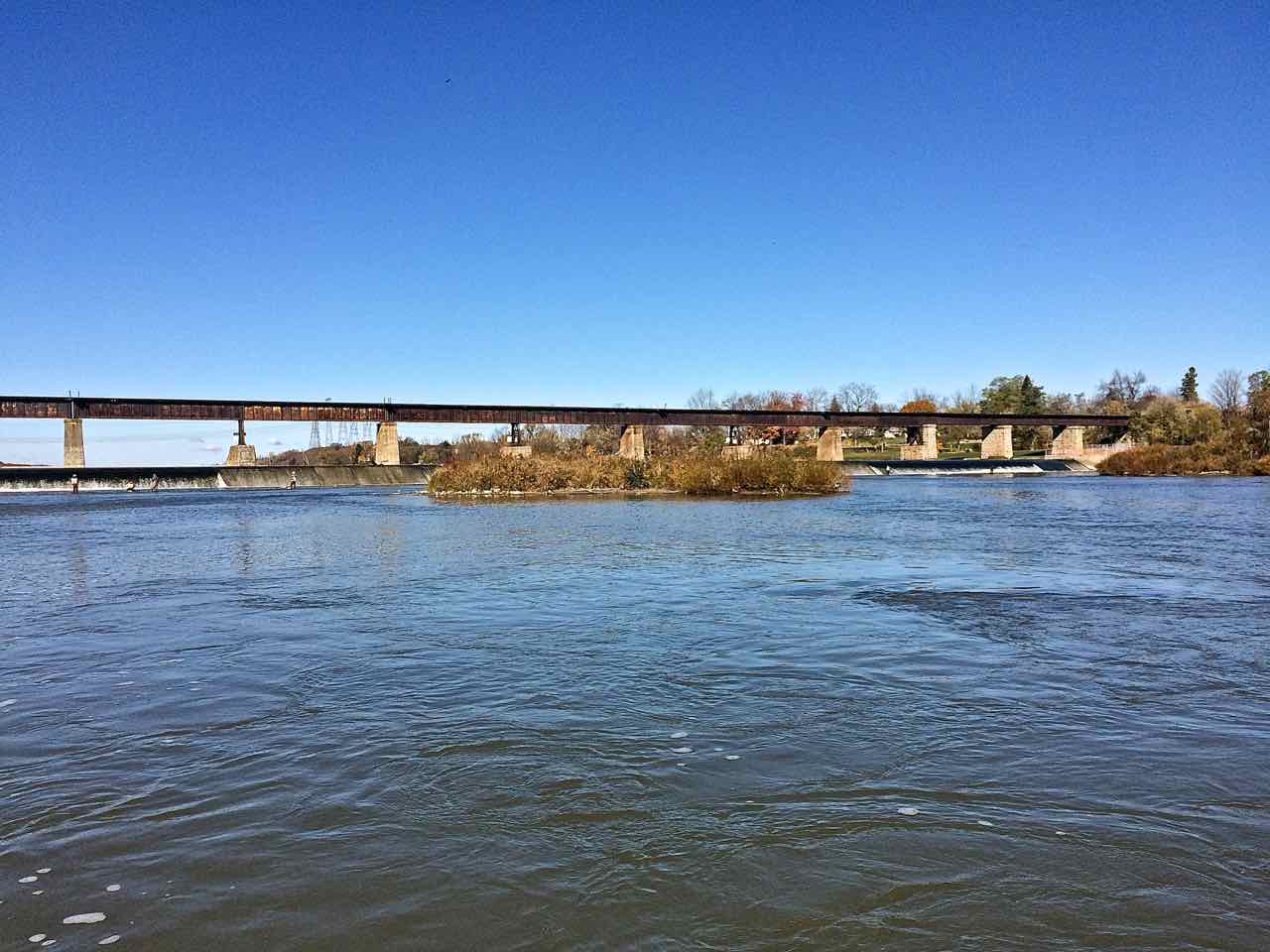 https://hooklineandsinker.ca/wp-content/uploads/2015/03/The-Lower-Grand-River-Below-Caledonia-Dam-HH.jpg
960
1280
HLSAdmin
https://hooklineandsinker.ca/wp-content/uploads/2014/12/Steelheading-in-the-Snow-900-80-Not-Faded-Actual-1030x91.jpg
HLSAdmin2015-03-14 19:56:022017-02-20 13:37:53Migratory – The Grand River – The Middle & Lower
https://hooklineandsinker.ca/wp-content/uploads/2015/03/The-Lower-Grand-River-Below-Caledonia-Dam-HH.jpg
960
1280
HLSAdmin
https://hooklineandsinker.ca/wp-content/uploads/2014/12/Steelheading-in-the-Snow-900-80-Not-Faded-Actual-1030x91.jpg
HLSAdmin2015-03-14 19:56:022017-02-20 13:37:53Migratory – The Grand River – The Middle & Lower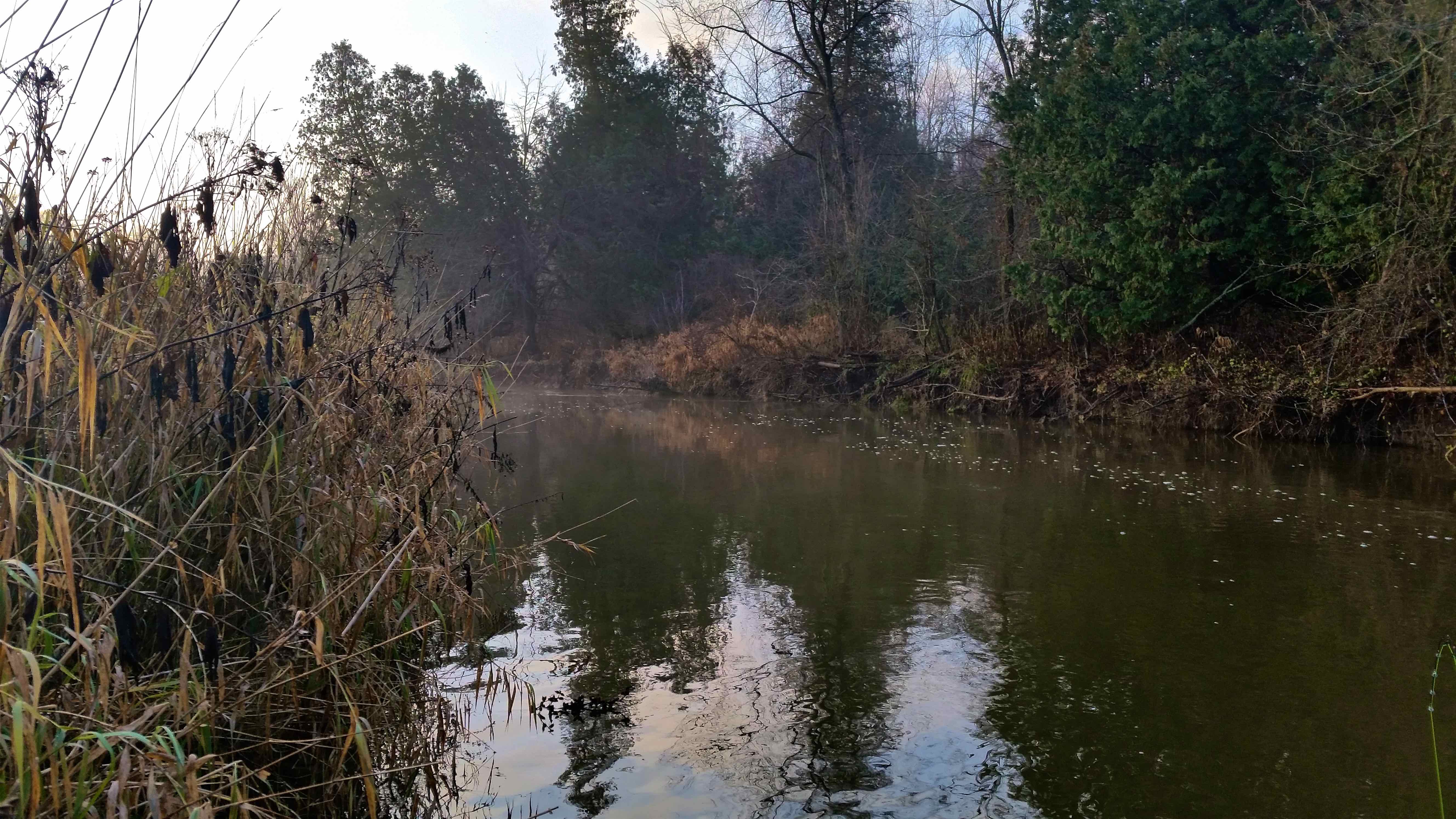 https://hooklineandsinker.ca/wp-content/uploads/2017/11/The-Nine-Mile-River-Port-Albert-Ontario-EEE.jpg
2988
5312
HLSAdmin
https://hooklineandsinker.ca/wp-content/uploads/2014/12/Steelheading-in-the-Snow-900-80-Not-Faded-Actual-1030x91.jpg
HLSAdmin2017-11-04 18:57:162018-08-05 22:27:39Migratory – The Nine Mile River – Port Albert, Ontario
https://hooklineandsinker.ca/wp-content/uploads/2017/11/The-Nine-Mile-River-Port-Albert-Ontario-EEE.jpg
2988
5312
HLSAdmin
https://hooklineandsinker.ca/wp-content/uploads/2014/12/Steelheading-in-the-Snow-900-80-Not-Faded-Actual-1030x91.jpg
HLSAdmin2017-11-04 18:57:162018-08-05 22:27:39Migratory – The Nine Mile River – Port Albert, Ontario https://hooklineandsinker.ca/wp-content/uploads/2015/03/The-Maitland-River.jpg
194
259
HLSAdmin
https://hooklineandsinker.ca/wp-content/uploads/2014/12/Steelheading-in-the-Snow-900-80-Not-Faded-Actual-1030x91.jpg
HLSAdmin2015-03-22 18:36:422018-11-10 23:45:52Migratory – The Maitland River – Goderich, Ontario
https://hooklineandsinker.ca/wp-content/uploads/2015/03/The-Maitland-River.jpg
194
259
HLSAdmin
https://hooklineandsinker.ca/wp-content/uploads/2014/12/Steelheading-in-the-Snow-900-80-Not-Faded-Actual-1030x91.jpg
HLSAdmin2015-03-22 18:36:422018-11-10 23:45:52Migratory – The Maitland River – Goderich, Ontario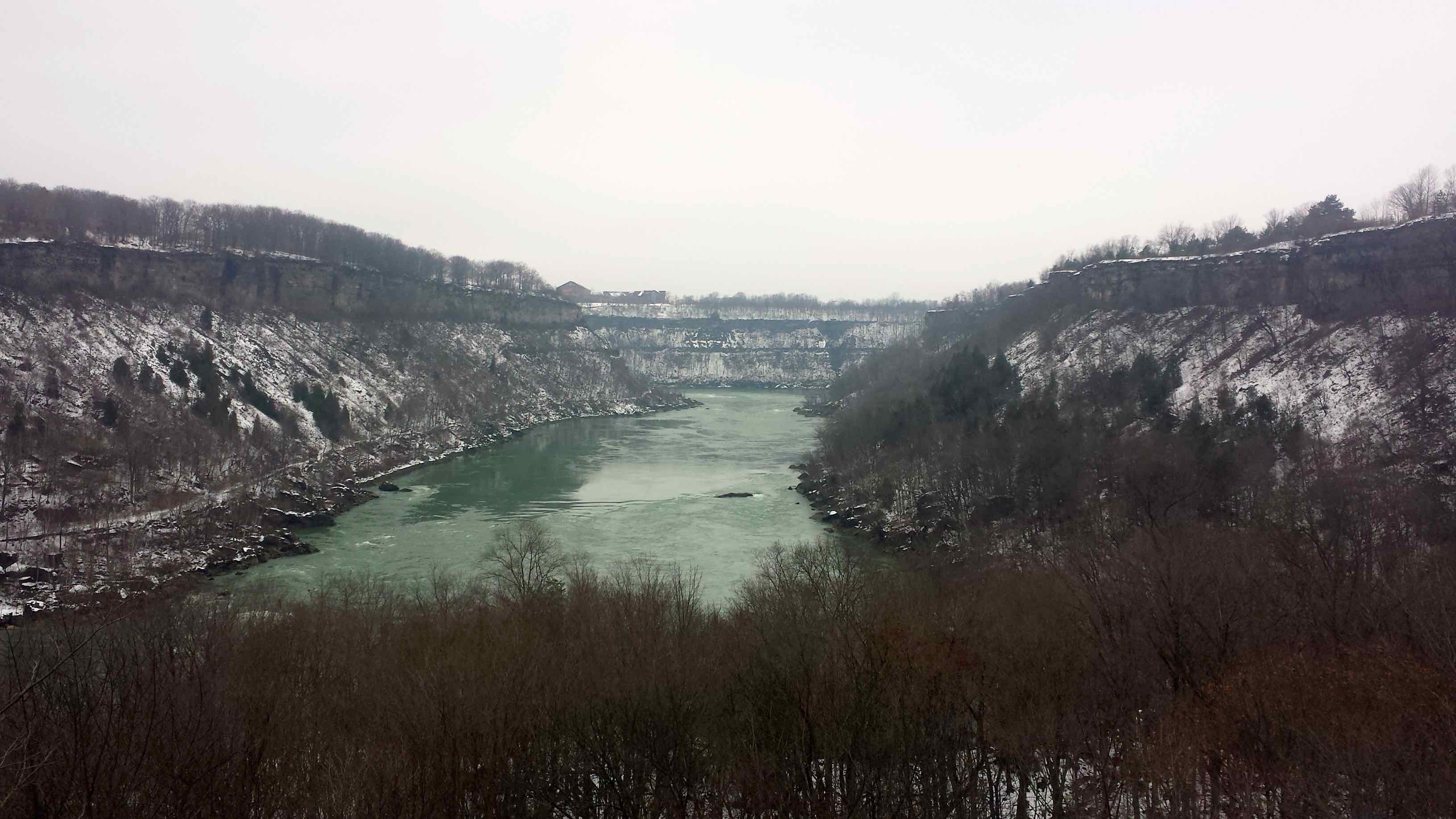 https://hooklineandsinker.ca/wp-content/uploads/2015/10/The-Niagara-River-The-Glenn-BBBB.jpg
1836
3264
HLSAdmin
https://hooklineandsinker.ca/wp-content/uploads/2014/12/Steelheading-in-the-Snow-900-80-Not-Faded-Actual-1030x91.jpg
HLSAdmin2015-10-05 22:49:102017-10-23 21:17:22Migratory – The Niagara River – Niagara Falls, Ontario
https://hooklineandsinker.ca/wp-content/uploads/2015/10/The-Niagara-River-The-Glenn-BBBB.jpg
1836
3264
HLSAdmin
https://hooklineandsinker.ca/wp-content/uploads/2014/12/Steelheading-in-the-Snow-900-80-Not-Faded-Actual-1030x91.jpg
HLSAdmin2015-10-05 22:49:102017-10-23 21:17:22Migratory – The Niagara River – Niagara Falls, Ontario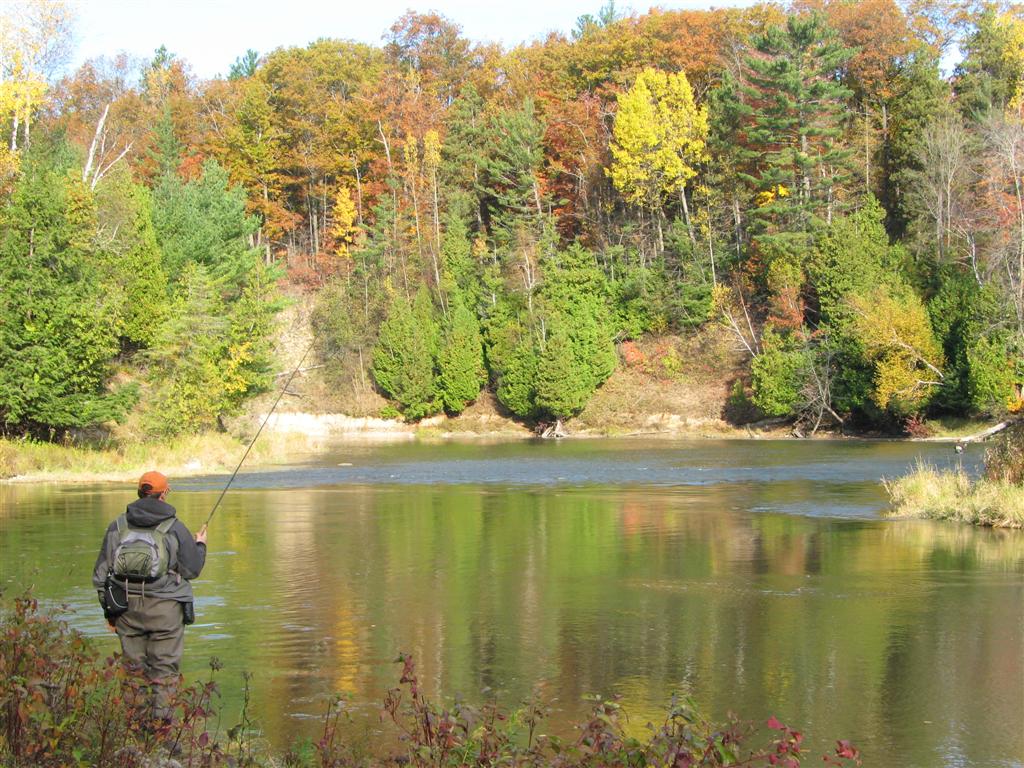 https://hooklineandsinker.ca/wp-content/uploads/2015/10/The-Nottawaga-River.jpg
768
1024
HLSAdmin
https://hooklineandsinker.ca/wp-content/uploads/2014/12/Steelheading-in-the-Snow-900-80-Not-Faded-Actual-1030x91.jpg
HLSAdmin2015-10-11 22:32:582017-02-20 13:52:51Migratory – The Nottawasaga River or “Notty” – Wasaga Beach, Ontario
https://hooklineandsinker.ca/wp-content/uploads/2015/10/The-Nottawaga-River.jpg
768
1024
HLSAdmin
https://hooklineandsinker.ca/wp-content/uploads/2014/12/Steelheading-in-the-Snow-900-80-Not-Faded-Actual-1030x91.jpg
HLSAdmin2015-10-11 22:32:582017-02-20 13:52:51Migratory – The Nottawasaga River or “Notty” – Wasaga Beach, Ontario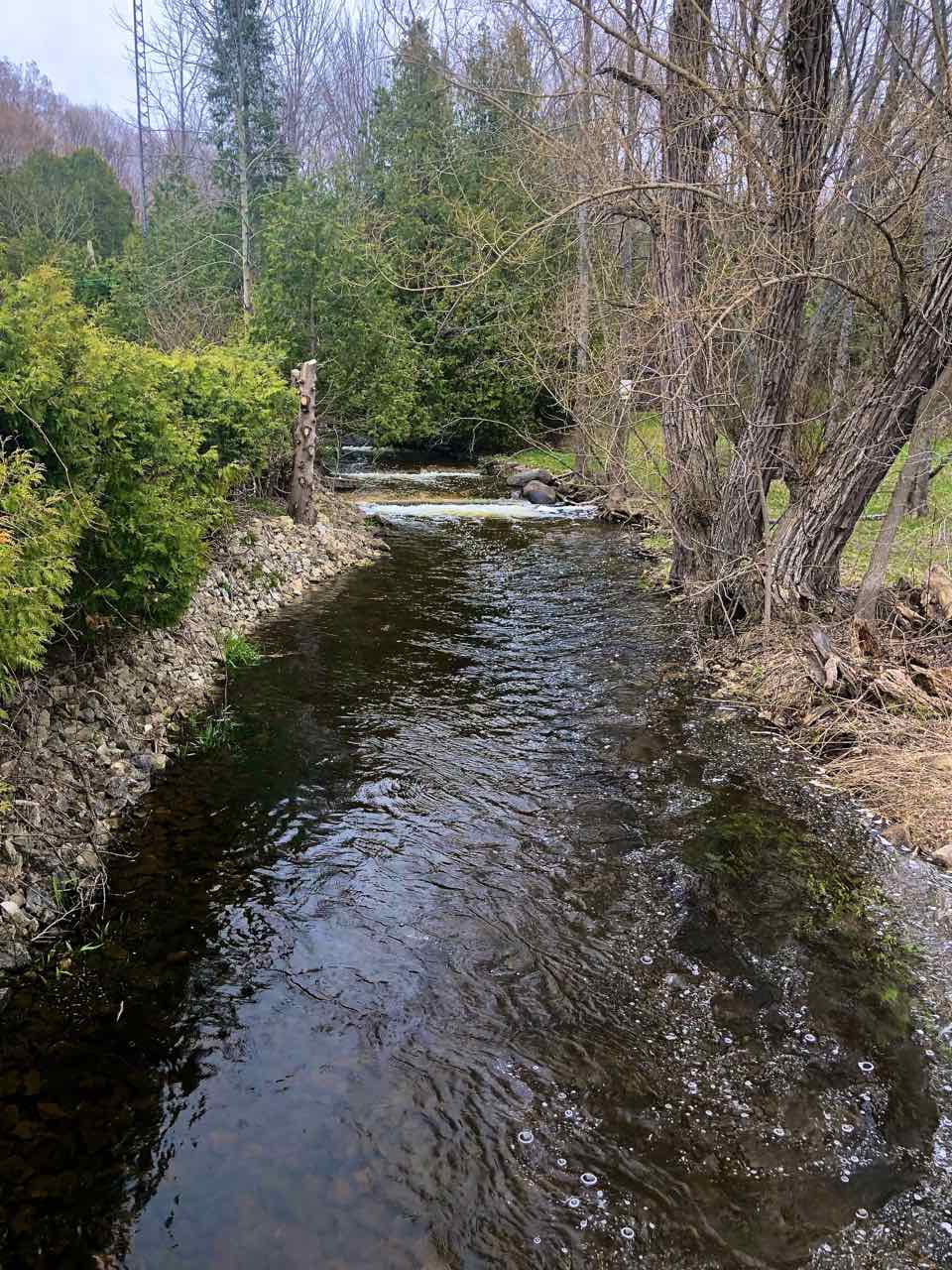 https://hooklineandsinker.ca/wp-content/uploads/2019/05/Oxenden-Creek-Wiarton-Ontario-AAA.jpg
1280
960
HLSAdmin
https://hooklineandsinker.ca/wp-content/uploads/2014/12/Steelheading-in-the-Snow-900-80-Not-Faded-Actual-1030x91.jpg
HLSAdmin2019-05-12 22:24:452021-10-10 16:15:39Migratory – Oxenden Creek, Wiarton Ontario
https://hooklineandsinker.ca/wp-content/uploads/2019/05/Oxenden-Creek-Wiarton-Ontario-AAA.jpg
1280
960
HLSAdmin
https://hooklineandsinker.ca/wp-content/uploads/2014/12/Steelheading-in-the-Snow-900-80-Not-Faded-Actual-1030x91.jpg
HLSAdmin2019-05-12 22:24:452021-10-10 16:15:39Migratory – Oxenden Creek, Wiarton Ontario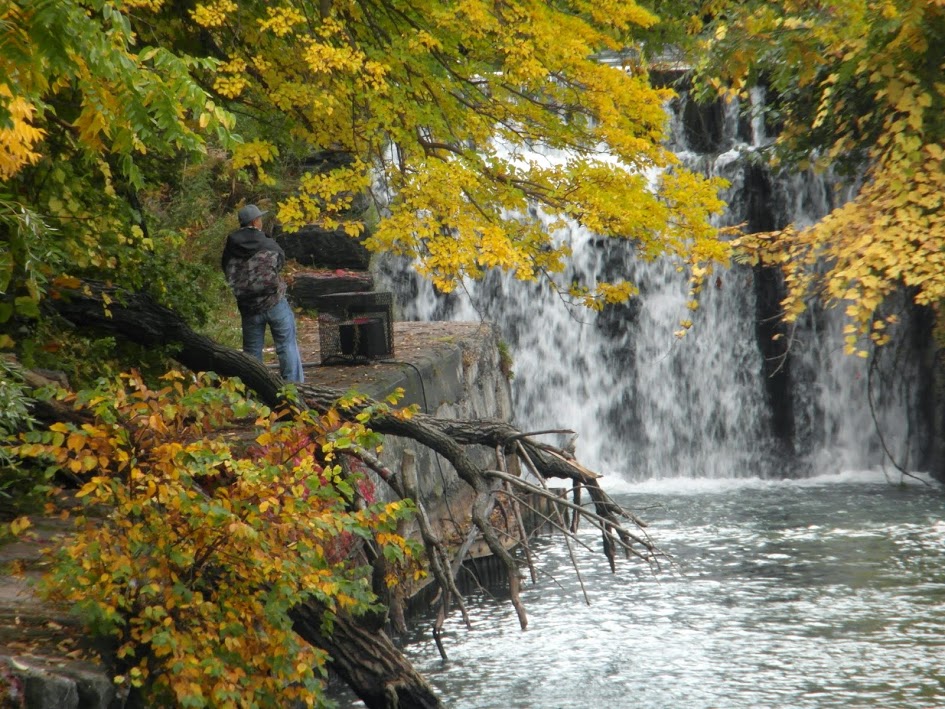 https://hooklineandsinker.ca/wp-content/uploads/2021/10/Port-Dalhousie-St-Catharines-Ontario-C.jpg
709
945
HLSAdmin
https://hooklineandsinker.ca/wp-content/uploads/2014/12/Steelheading-in-the-Snow-900-80-Not-Faded-Actual-1030x91.jpg
HLSAdmin2021-10-10 16:13:412021-10-10 17:01:36Migratory – Port Dalhousie – St. Catharines, Ontario
https://hooklineandsinker.ca/wp-content/uploads/2021/10/Port-Dalhousie-St-Catharines-Ontario-C.jpg
709
945
HLSAdmin
https://hooklineandsinker.ca/wp-content/uploads/2014/12/Steelheading-in-the-Snow-900-80-Not-Faded-Actual-1030x91.jpg
HLSAdmin2021-10-10 16:13:412021-10-10 17:01:36Migratory – Port Dalhousie – St. Catharines, Ontario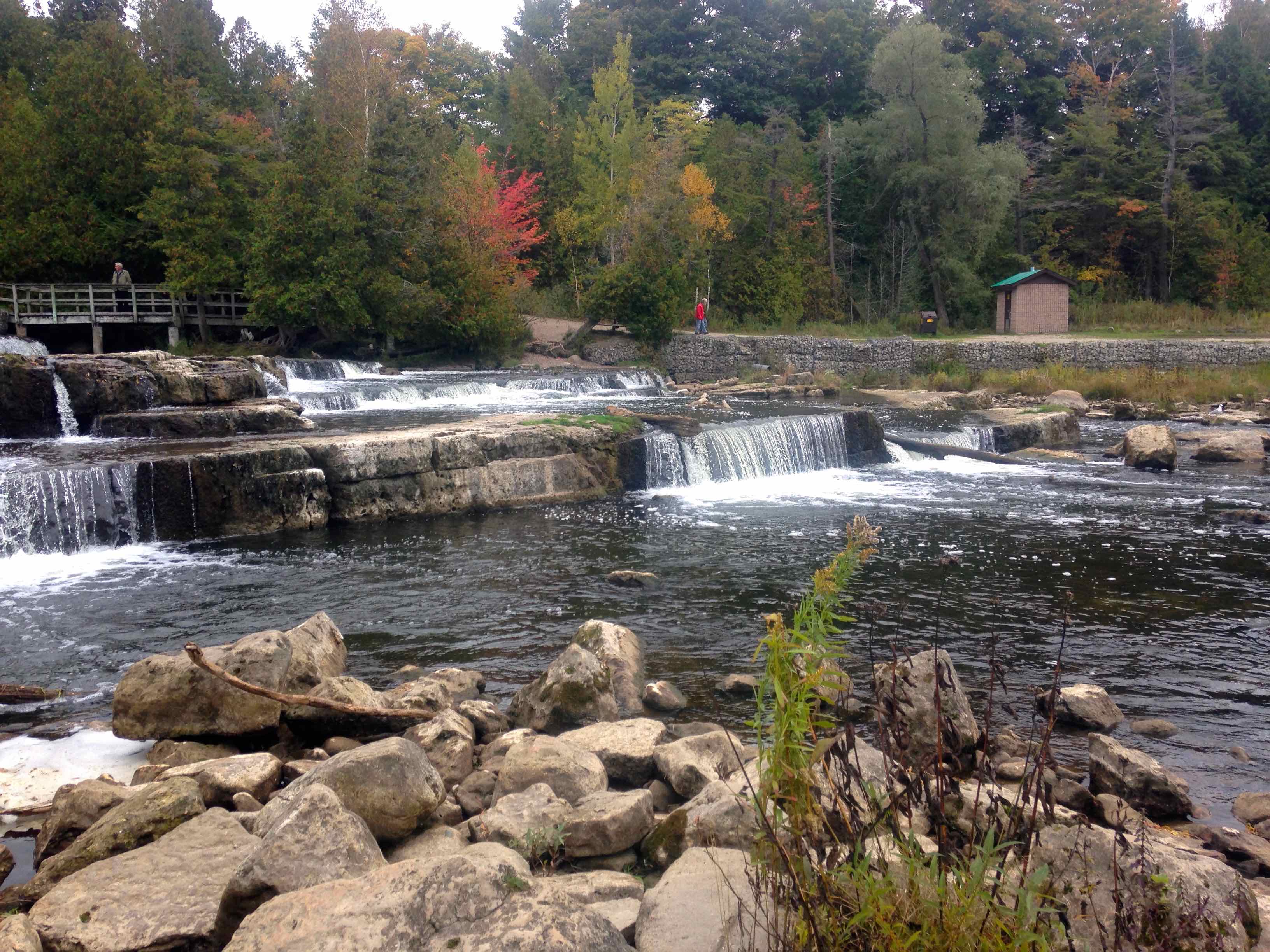 https://hooklineandsinker.ca/wp-content/uploads/2015/10/The-Sauble-River-at-Sauble-Falls-BB.jpg
2448
3264
HLSAdmin
https://hooklineandsinker.ca/wp-content/uploads/2014/12/Steelheading-in-the-Snow-900-80-Not-Faded-Actual-1030x91.jpg
HLSAdmin2015-10-10 21:56:272018-05-02 21:29:06Migratory – The Sauble River – Sauble Falls, Ontario
https://hooklineandsinker.ca/wp-content/uploads/2015/10/The-Sauble-River-at-Sauble-Falls-BB.jpg
2448
3264
HLSAdmin
https://hooklineandsinker.ca/wp-content/uploads/2014/12/Steelheading-in-the-Snow-900-80-Not-Faded-Actual-1030x91.jpg
HLSAdmin2015-10-10 21:56:272018-05-02 21:29:06Migratory – The Sauble River – Sauble Falls, Ontario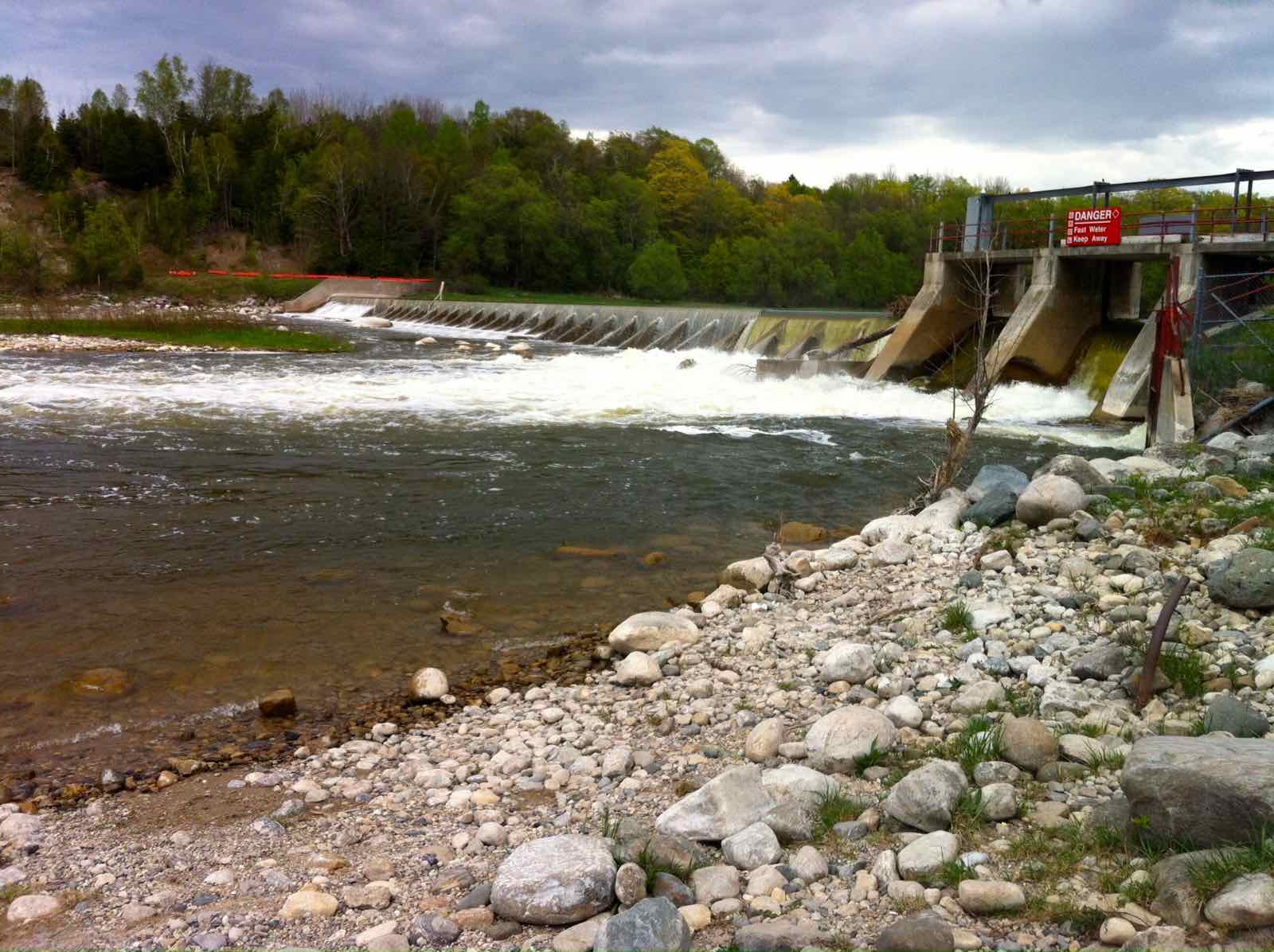 https://hooklineandsinker.ca/wp-content/uploads/2015/03/The-Sugeen-River-Dennys-Dam-A.jpg
1196
1600
HLSAdmin
https://hooklineandsinker.ca/wp-content/uploads/2014/12/Steelheading-in-the-Snow-900-80-Not-Faded-Actual-1030x91.jpg
HLSAdmin2015-03-14 20:48:382018-08-05 21:39:52Migratory – The Saugeen River or The “Geen” – Southampton, Ontario
https://hooklineandsinker.ca/wp-content/uploads/2015/03/The-Sugeen-River-Dennys-Dam-A.jpg
1196
1600
HLSAdmin
https://hooklineandsinker.ca/wp-content/uploads/2014/12/Steelheading-in-the-Snow-900-80-Not-Faded-Actual-1030x91.jpg
HLSAdmin2015-03-14 20:48:382018-08-05 21:39:52Migratory – The Saugeen River or The “Geen” – Southampton, Ontario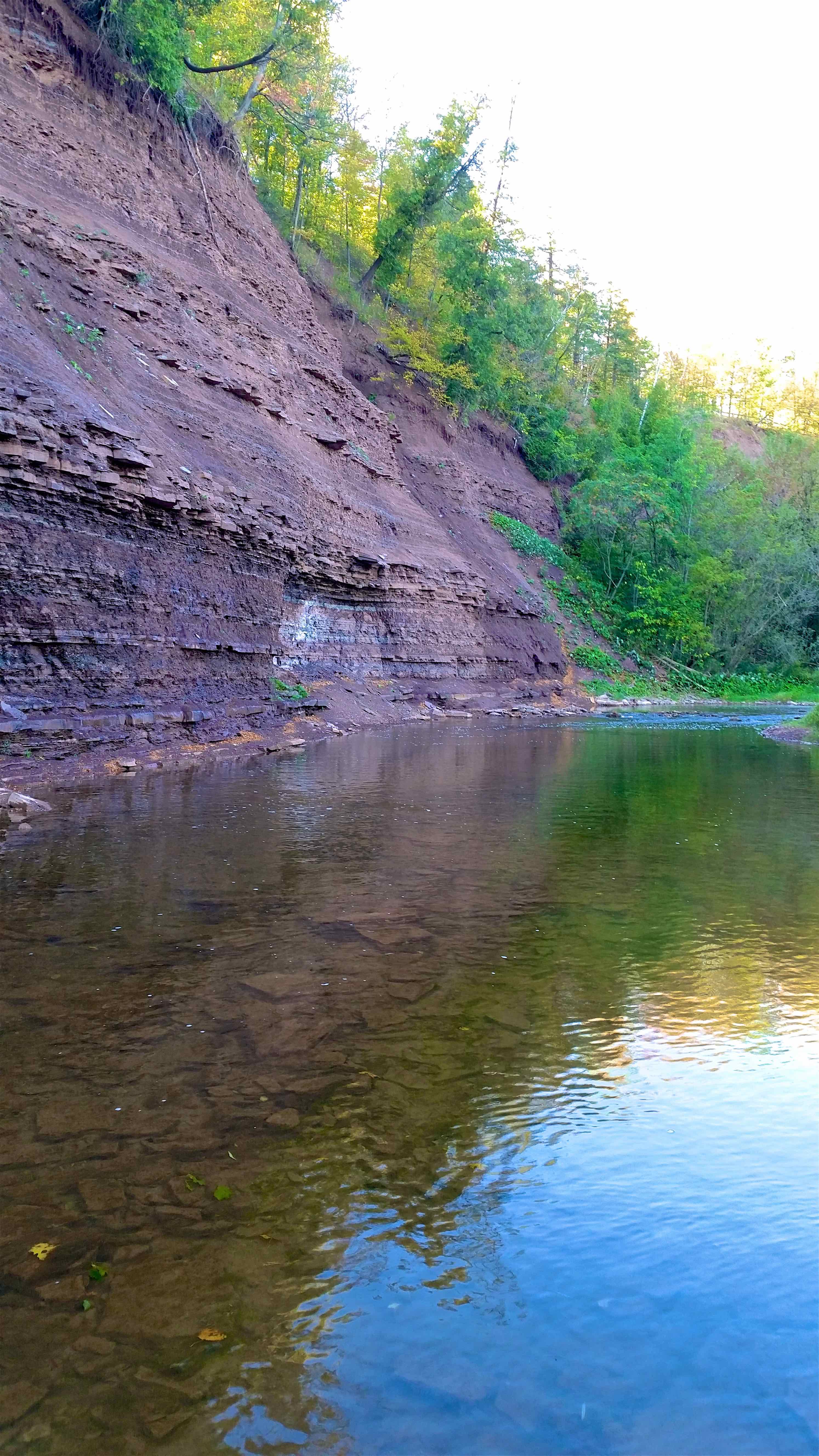 https://hooklineandsinker.ca/wp-content/uploads/2018/11/16-Mile-Creek-Oakville-QEW-to-Glen-Abbey-CCC.jpg
5312
2988
HLSAdmin
https://hooklineandsinker.ca/wp-content/uploads/2014/12/Steelheading-in-the-Snow-900-80-Not-Faded-Actual-1030x91.jpg
HLSAdmin2018-11-07 17:45:422019-10-14 17:23:58Migratory – Sixteen Mile Creek – Oakville, Ontario
https://hooklineandsinker.ca/wp-content/uploads/2018/11/16-Mile-Creek-Oakville-QEW-to-Glen-Abbey-CCC.jpg
5312
2988
HLSAdmin
https://hooklineandsinker.ca/wp-content/uploads/2014/12/Steelheading-in-the-Snow-900-80-Not-Faded-Actual-1030x91.jpg
HLSAdmin2018-11-07 17:45:422019-10-14 17:23:58Migratory – Sixteen Mile Creek – Oakville, Ontario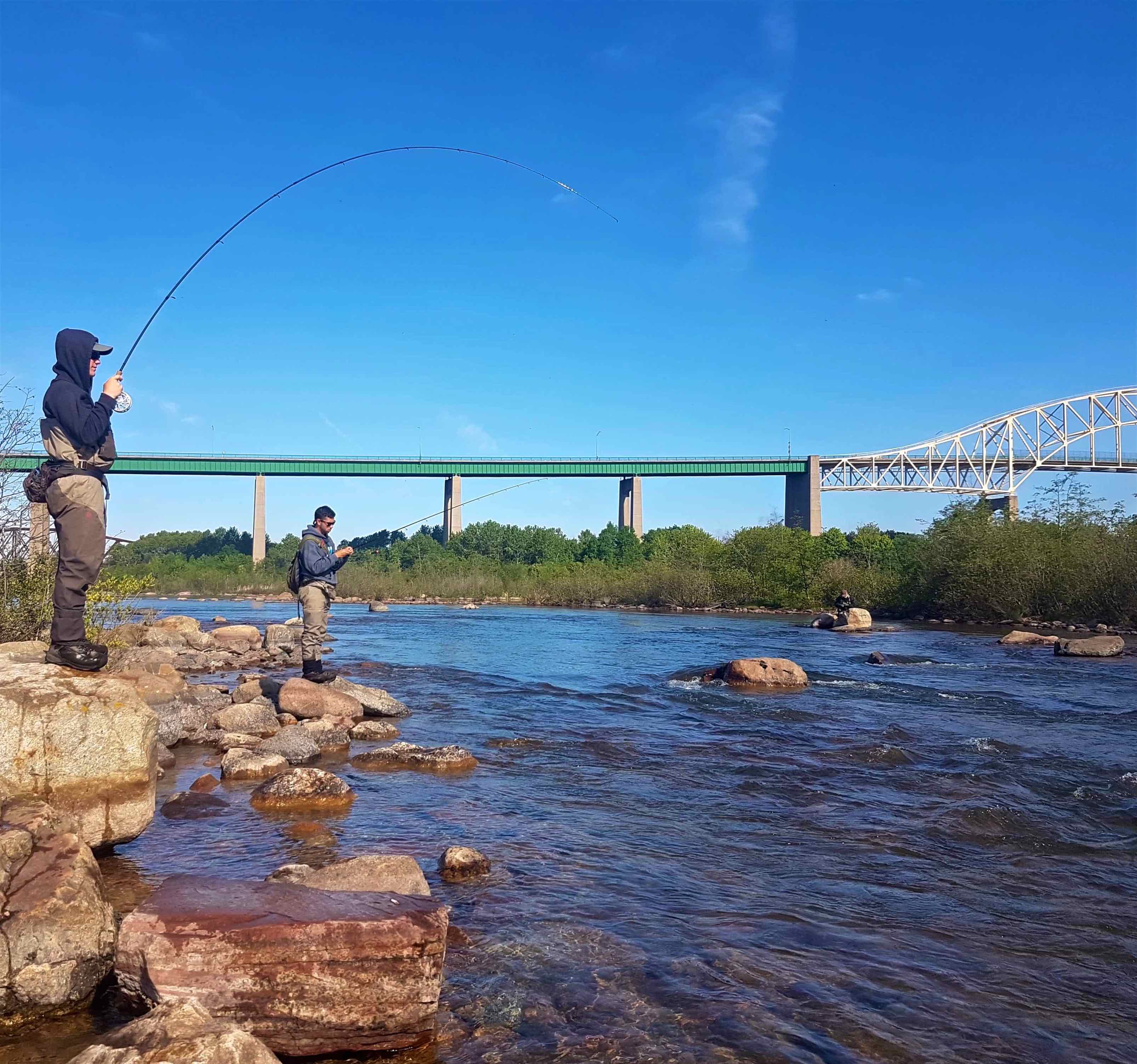 https://hooklineandsinker.ca/wp-content/uploads/2019/05/Float-Centerpin-Fishing-The-St-Marys-River-Sault-Saint-Marie-Ontario-DDD.jpg
3004
3211
HLSAdmin
https://hooklineandsinker.ca/wp-content/uploads/2014/12/Steelheading-in-the-Snow-900-80-Not-Faded-Actual-1030x91.jpg
HLSAdmin2019-05-19 21:42:512019-05-19 22:12:31Migratory – The St. Marys River in Sault Ste. Marie, Ontario
https://hooklineandsinker.ca/wp-content/uploads/2019/05/Float-Centerpin-Fishing-The-St-Marys-River-Sault-Saint-Marie-Ontario-DDD.jpg
3004
3211
HLSAdmin
https://hooklineandsinker.ca/wp-content/uploads/2014/12/Steelheading-in-the-Snow-900-80-Not-Faded-Actual-1030x91.jpg
HLSAdmin2019-05-19 21:42:512019-05-19 22:12:31Migratory – The St. Marys River in Sault Ste. Marie, Ontario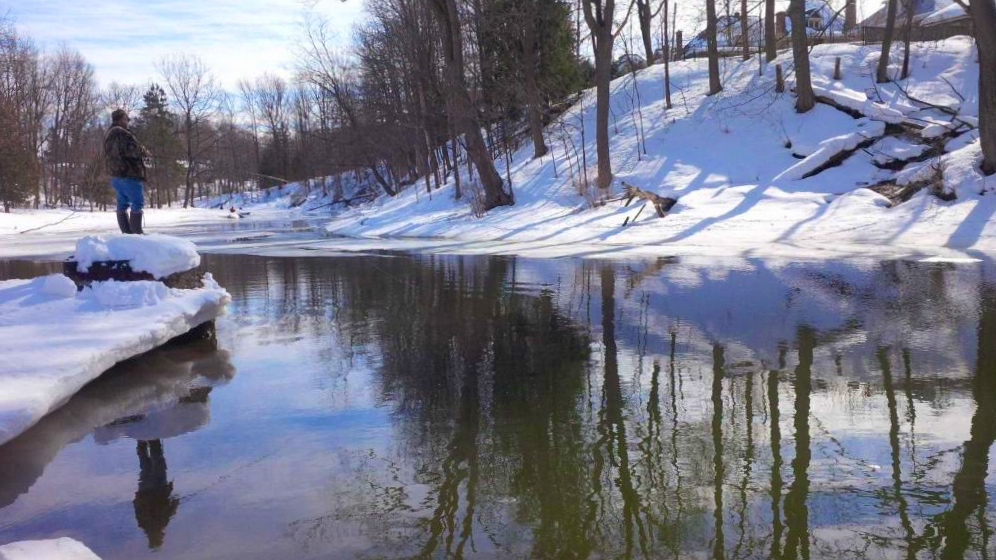 https://hooklineandsinker.ca/wp-content/uploads/2018/05/Owen-Sound-Sydenham-River-AA.jpg
560
996
HLSAdmin
https://hooklineandsinker.ca/wp-content/uploads/2014/12/Steelheading-in-the-Snow-900-80-Not-Faded-Actual-1030x91.jpg
HLSAdmin2018-05-02 20:56:122018-05-02 21:32:31Migratory – The Sydenham River – Owen Sound, Ontario
https://hooklineandsinker.ca/wp-content/uploads/2018/05/Owen-Sound-Sydenham-River-AA.jpg
560
996
HLSAdmin
https://hooklineandsinker.ca/wp-content/uploads/2014/12/Steelheading-in-the-Snow-900-80-Not-Faded-Actual-1030x91.jpg
HLSAdmin2018-05-02 20:56:122018-05-02 21:32:31Migratory – The Sydenham River – Owen Sound, Ontario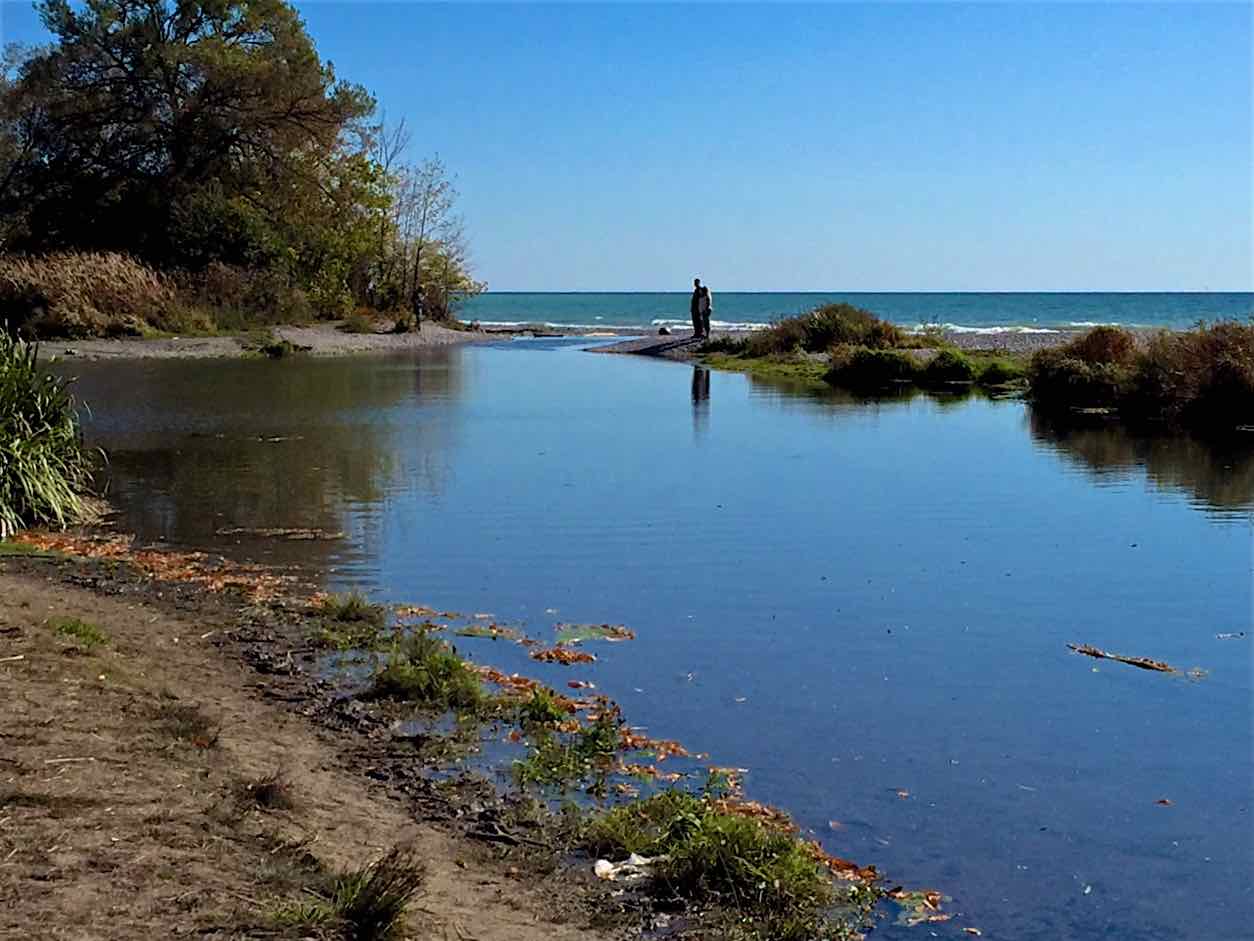 https://hooklineandsinker.ca/wp-content/uploads/2018/08/Wilmot-Creek-October-11th-2016-AAA.jpg
941
1254
HLSAdmin
https://hooklineandsinker.ca/wp-content/uploads/2014/12/Steelheading-in-the-Snow-900-80-Not-Faded-Actual-1030x91.jpg
HLSAdmin2018-08-06 15:49:322018-08-06 16:05:13Migratory – Wilmot Creek – Newcastle, Ontario
https://hooklineandsinker.ca/wp-content/uploads/2018/08/Wilmot-Creek-October-11th-2016-AAA.jpg
941
1254
HLSAdmin
https://hooklineandsinker.ca/wp-content/uploads/2014/12/Steelheading-in-the-Snow-900-80-Not-Faded-Actual-1030x91.jpg
HLSAdmin2018-08-06 15:49:322018-08-06 16:05:13Migratory – Wilmot Creek – Newcastle, OntarioServices
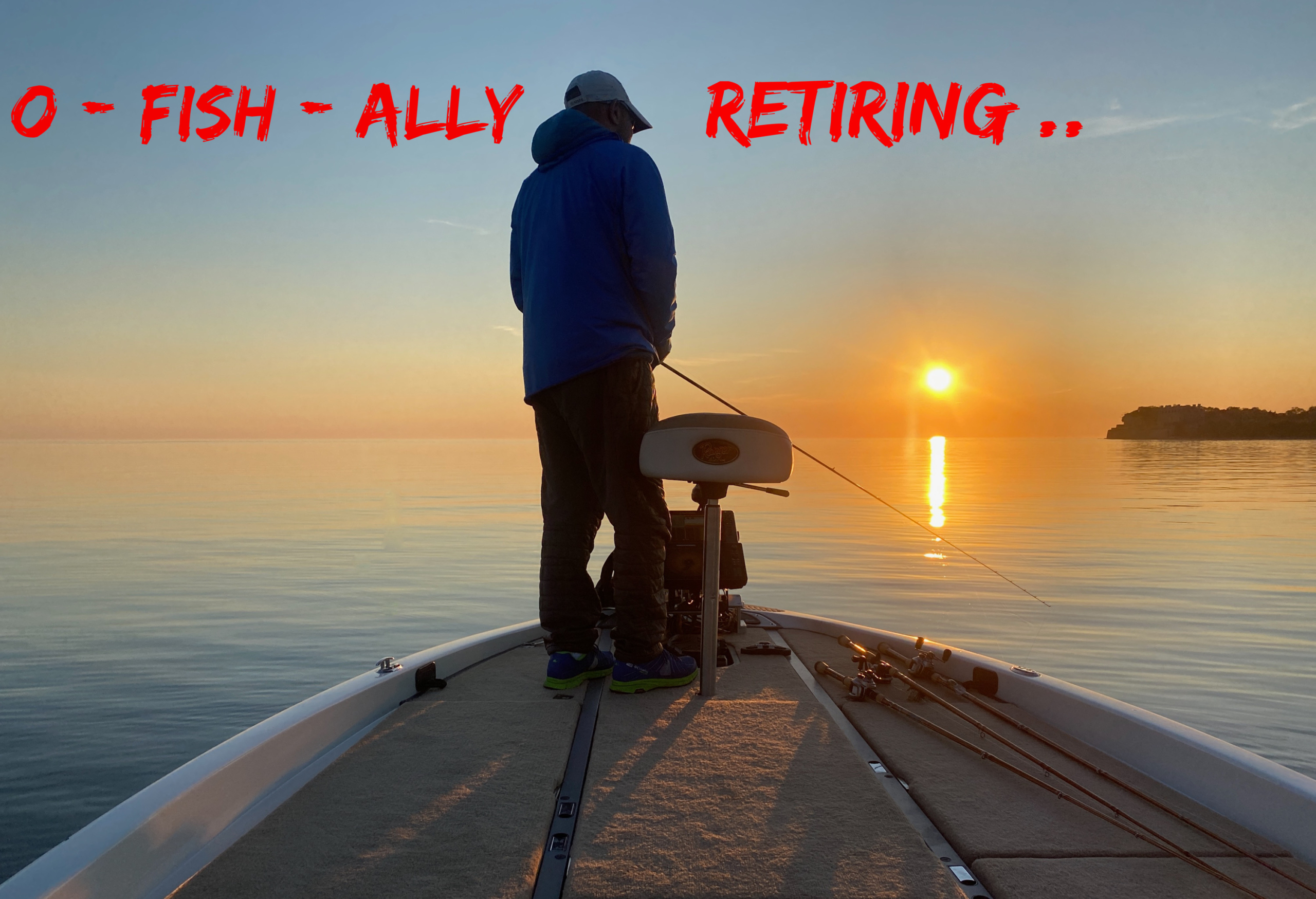 https://hooklineandsinker.ca/wp-content/uploads/2023/03/IMG_0479-scaled.jpg
1749
2560
HLSAdmin
https://hooklineandsinker.ca/wp-content/uploads/2014/12/Steelheading-in-the-Snow-900-80-Not-Faded-Actual-1030x91.jpg
HLSAdmin2023-03-20 12:58:332023-03-20 16:51:51Retirement Announcement
https://hooklineandsinker.ca/wp-content/uploads/2023/03/IMG_0479-scaled.jpg
1749
2560
HLSAdmin
https://hooklineandsinker.ca/wp-content/uploads/2014/12/Steelheading-in-the-Snow-900-80-Not-Faded-Actual-1030x91.jpg
HLSAdmin2023-03-20 12:58:332023-03-20 16:51:51Retirement Announcement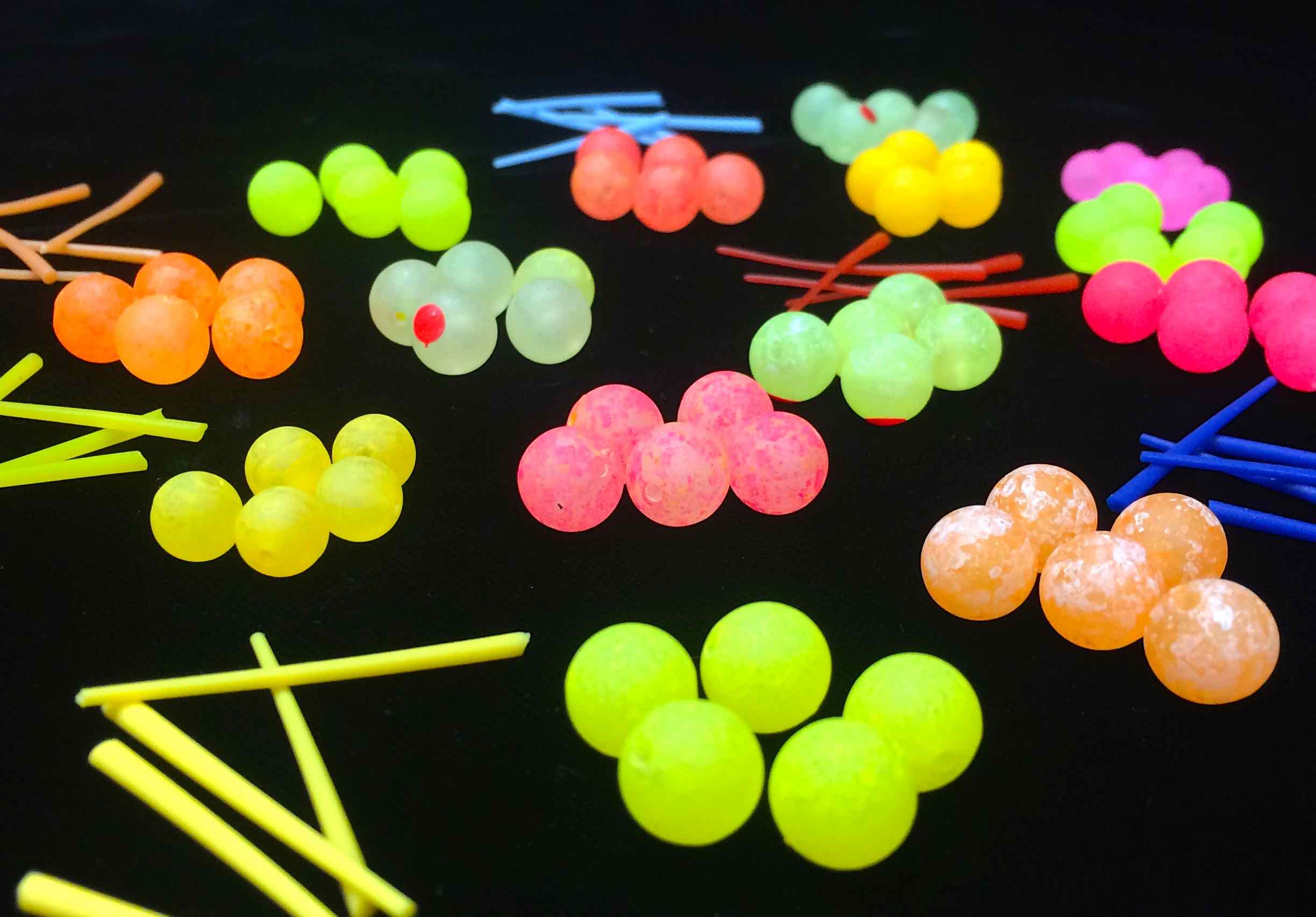 https://hooklineandsinker.ca/wp-content/uploads/2015/07/HLS-Custom-UV-Beads-and-HLS-Bead-Pegs-AA.jpg
1706
2448
Ray Collesso
https://hooklineandsinker.ca/wp-content/uploads/2014/12/Steelheading-in-the-Snow-900-80-Not-Faded-Actual-1030x91.jpg
Ray Collesso2014-11-24 16:01:142018-06-03 13:06:57HLS Custom UV Ultra Violet Steelhead Beads
https://hooklineandsinker.ca/wp-content/uploads/2015/07/HLS-Custom-UV-Beads-and-HLS-Bead-Pegs-AA.jpg
1706
2448
Ray Collesso
https://hooklineandsinker.ca/wp-content/uploads/2014/12/Steelheading-in-the-Snow-900-80-Not-Faded-Actual-1030x91.jpg
Ray Collesso2014-11-24 16:01:142018-06-03 13:06:57HLS Custom UV Ultra Violet Steelhead Beads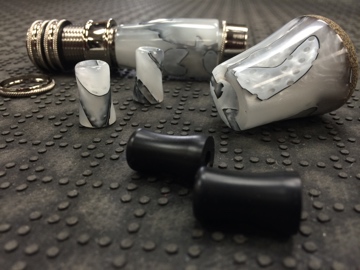 https://hooklineandsinker.ca/wp-content/uploads/2014/10/Custom-HLS-Acrylic-Reel-Seat-Butt-Cap-and-Islander-Handle-Conversion-Replacement-A.jpg
270
360
Ray Collesso
https://hooklineandsinker.ca/wp-content/uploads/2014/12/Steelheading-in-the-Snow-900-80-Not-Faded-Actual-1030x91.jpg
Ray Collesso2014-10-15 22:24:142017-02-12 18:43:27Custom Reel Seats for Rod Building
https://hooklineandsinker.ca/wp-content/uploads/2014/10/Custom-HLS-Acrylic-Reel-Seat-Butt-Cap-and-Islander-Handle-Conversion-Replacement-A.jpg
270
360
Ray Collesso
https://hooklineandsinker.ca/wp-content/uploads/2014/12/Steelheading-in-the-Snow-900-80-Not-Faded-Actual-1030x91.jpg
Ray Collesso2014-10-15 22:24:142017-02-12 18:43:27Custom Reel Seats for Rod Building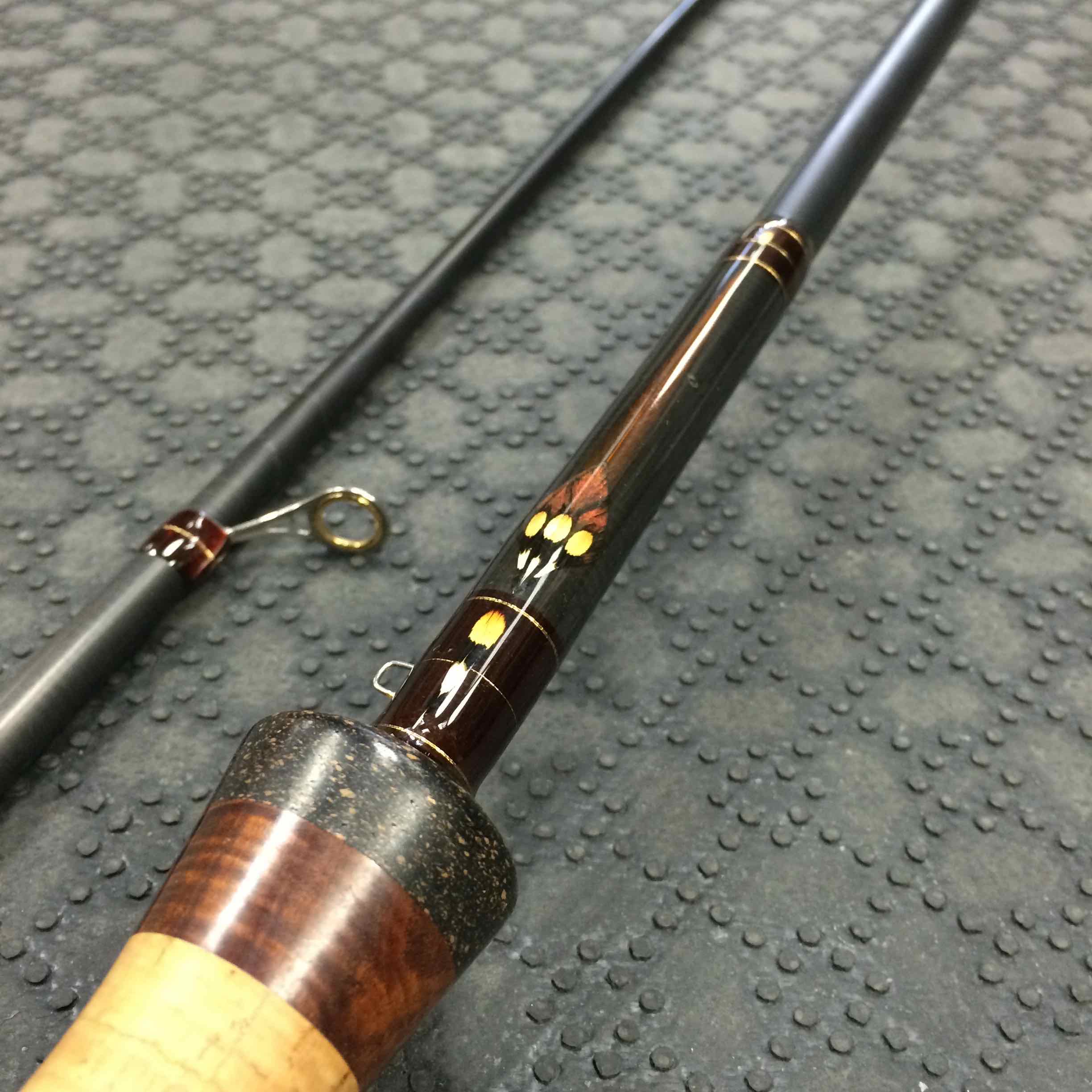 https://hooklineandsinker.ca/wp-content/uploads/2014/01/Custom-IMX-ST1562-cw-Jungle-Cock-Inlays-Resized-for-Web.jpg
2448
2448
Ray Collesso
https://hooklineandsinker.ca/wp-content/uploads/2014/12/Steelheading-in-the-Snow-900-80-Not-Faded-Actual-1030x91.jpg
Ray Collesso2014-01-08 11:51:302017-01-16 22:57:27Custom Rod Building, Rod Building Components and Custom Rod Parts
https://hooklineandsinker.ca/wp-content/uploads/2014/01/Custom-IMX-ST1562-cw-Jungle-Cock-Inlays-Resized-for-Web.jpg
2448
2448
Ray Collesso
https://hooklineandsinker.ca/wp-content/uploads/2014/12/Steelheading-in-the-Snow-900-80-Not-Faded-Actual-1030x91.jpg
Ray Collesso2014-01-08 11:51:302017-01-16 22:57:27Custom Rod Building, Rod Building Components and Custom Rod Parts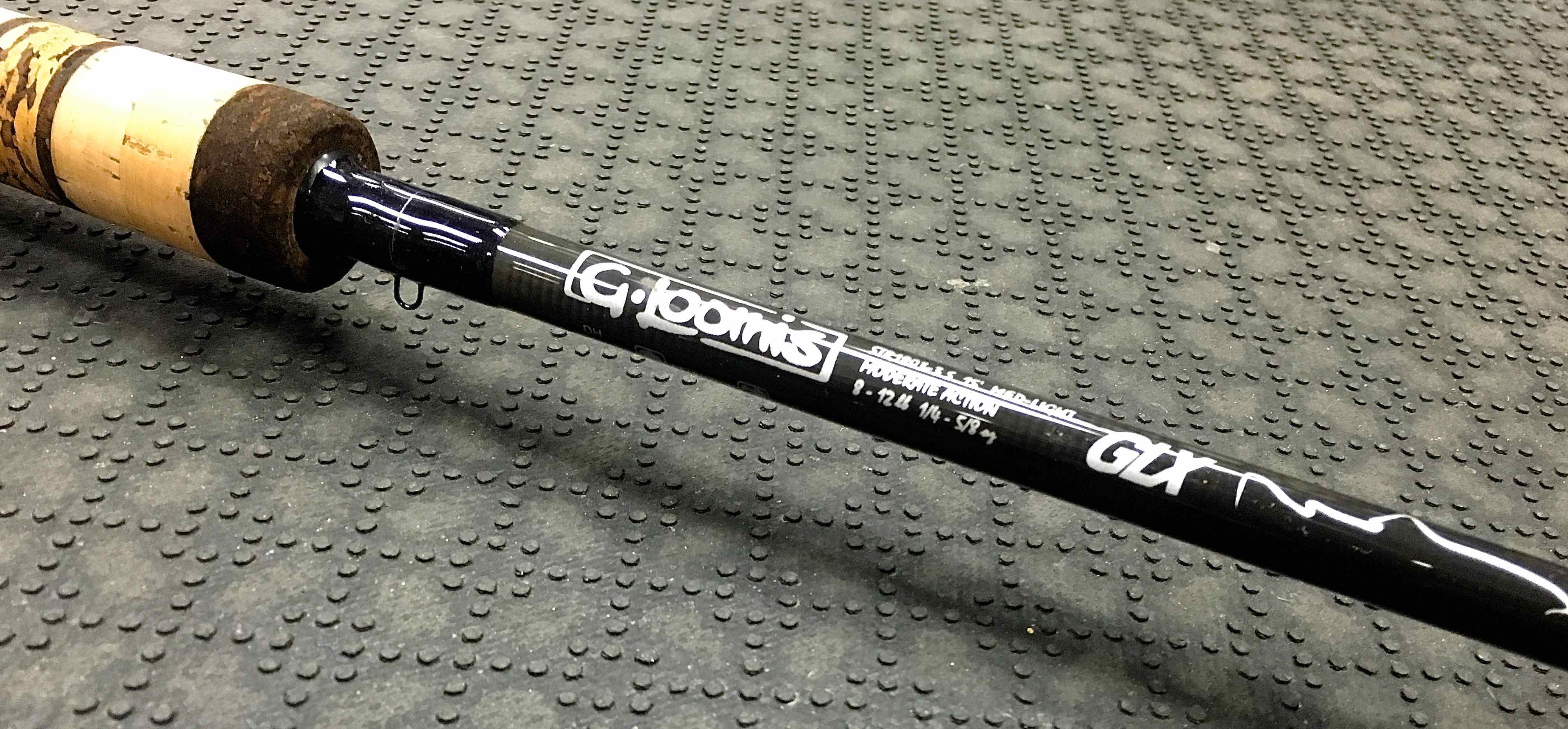 https://hooklineandsinker.ca/wp-content/uploads/2016/08/GLX-Strip-and-Rebuild-Cork-Handle-with-Custom-Reel-Seat-and-Hook-Keeper-CCC.jpg
1871
4026
HLSAdmin
https://hooklineandsinker.ca/wp-content/uploads/2014/12/Steelheading-in-the-Snow-900-80-Not-Faded-Actual-1030x91.jpg
HLSAdmin2016-08-17 22:43:022018-08-06 14:52:52G. Loomis GLX & IMX Centerpin Float Rod Handle Conversion
https://hooklineandsinker.ca/wp-content/uploads/2016/08/GLX-Strip-and-Rebuild-Cork-Handle-with-Custom-Reel-Seat-and-Hook-Keeper-CCC.jpg
1871
4026
HLSAdmin
https://hooklineandsinker.ca/wp-content/uploads/2014/12/Steelheading-in-the-Snow-900-80-Not-Faded-Actual-1030x91.jpg
HLSAdmin2016-08-17 22:43:022018-08-06 14:52:52G. Loomis GLX & IMX Centerpin Float Rod Handle Conversion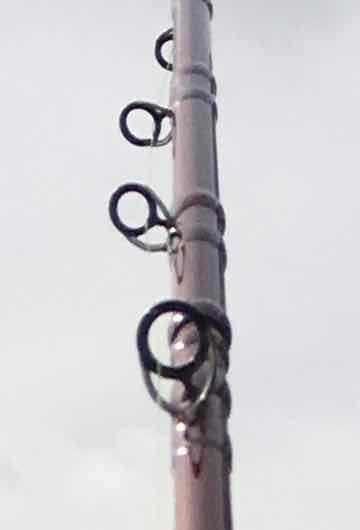 https://hooklineandsinker.ca/wp-content/uploads/2017/03/Sage-Method-6119-4X22-BBBB.jpg
530
360
HLSAdmin
https://hooklineandsinker.ca/wp-content/uploads/2014/12/Steelheading-in-the-Snow-900-80-Not-Faded-Actual-1030x91.jpg
HLSAdmin2017-03-05 00:01:112019-08-25 19:45:22Custom Acid Rod or Spiral Wrap Guides on Longer Baitcast Rods for Steelheading
https://hooklineandsinker.ca/wp-content/uploads/2017/03/Sage-Method-6119-4X22-BBBB.jpg
530
360
HLSAdmin
https://hooklineandsinker.ca/wp-content/uploads/2014/12/Steelheading-in-the-Snow-900-80-Not-Faded-Actual-1030x91.jpg
HLSAdmin2017-03-05 00:01:112019-08-25 19:45:22Custom Acid Rod or Spiral Wrap Guides on Longer Baitcast Rods for Steelheading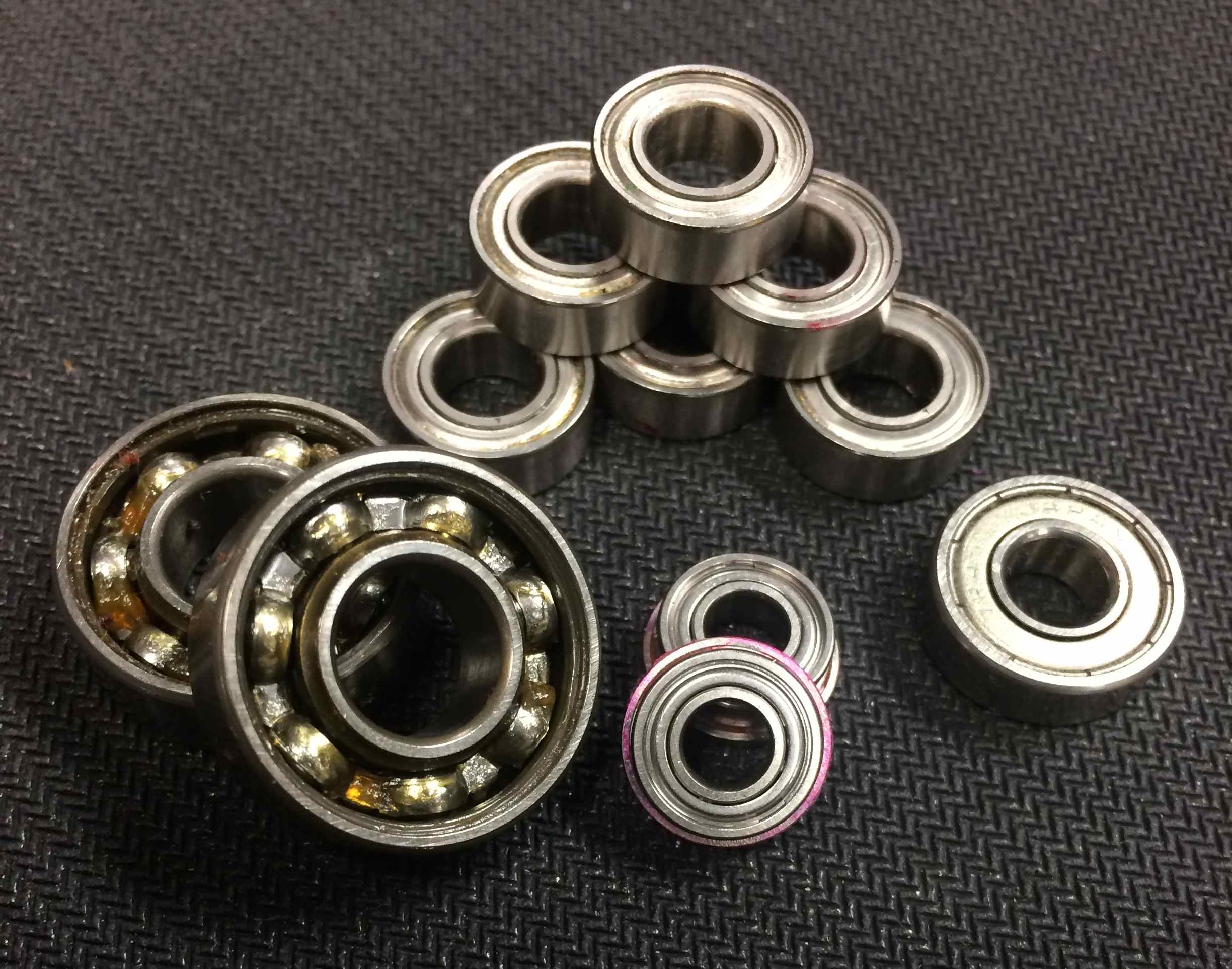 https://hooklineandsinker.ca/wp-content/uploads/2014/10/Float-Centerpin-Reel-Bearings-B-Resized.jpg
1925
2448
Ray Collesso
https://hooklineandsinker.ca/wp-content/uploads/2014/12/Steelheading-in-the-Snow-900-80-Not-Faded-Actual-1030x91.jpg
Ray Collesso2014-10-21 22:58:282019-05-06 20:35:45Centerpin Float Reel & Fly Reel Bearing Replacement
https://hooklineandsinker.ca/wp-content/uploads/2014/10/Float-Centerpin-Reel-Bearings-B-Resized.jpg
1925
2448
Ray Collesso
https://hooklineandsinker.ca/wp-content/uploads/2014/12/Steelheading-in-the-Snow-900-80-Not-Faded-Actual-1030x91.jpg
Ray Collesso2014-10-21 22:58:282019-05-06 20:35:45Centerpin Float Reel & Fly Reel Bearing Replacement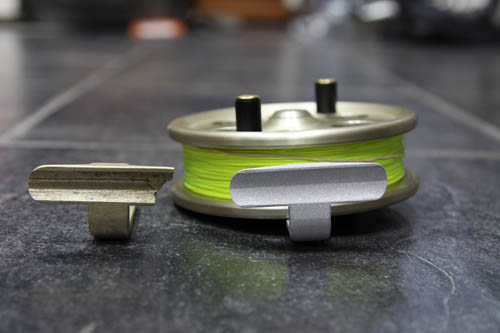 https://hooklineandsinker.ca/wp-content/uploads/2015/01/streamrunner3.jpg
333
500
HLSAdmin
https://hooklineandsinker.ca/wp-content/uploads/2014/12/Steelheading-in-the-Snow-900-80-Not-Faded-Actual-1030x91.jpg
HLSAdmin2015-01-08 19:04:342017-01-16 23:14:11Centerpin Float Reel Repairs
https://hooklineandsinker.ca/wp-content/uploads/2015/01/streamrunner3.jpg
333
500
HLSAdmin
https://hooklineandsinker.ca/wp-content/uploads/2014/12/Steelheading-in-the-Snow-900-80-Not-Faded-Actual-1030x91.jpg
HLSAdmin2015-01-08 19:04:342017-01-16 23:14:11Centerpin Float Reel Repairs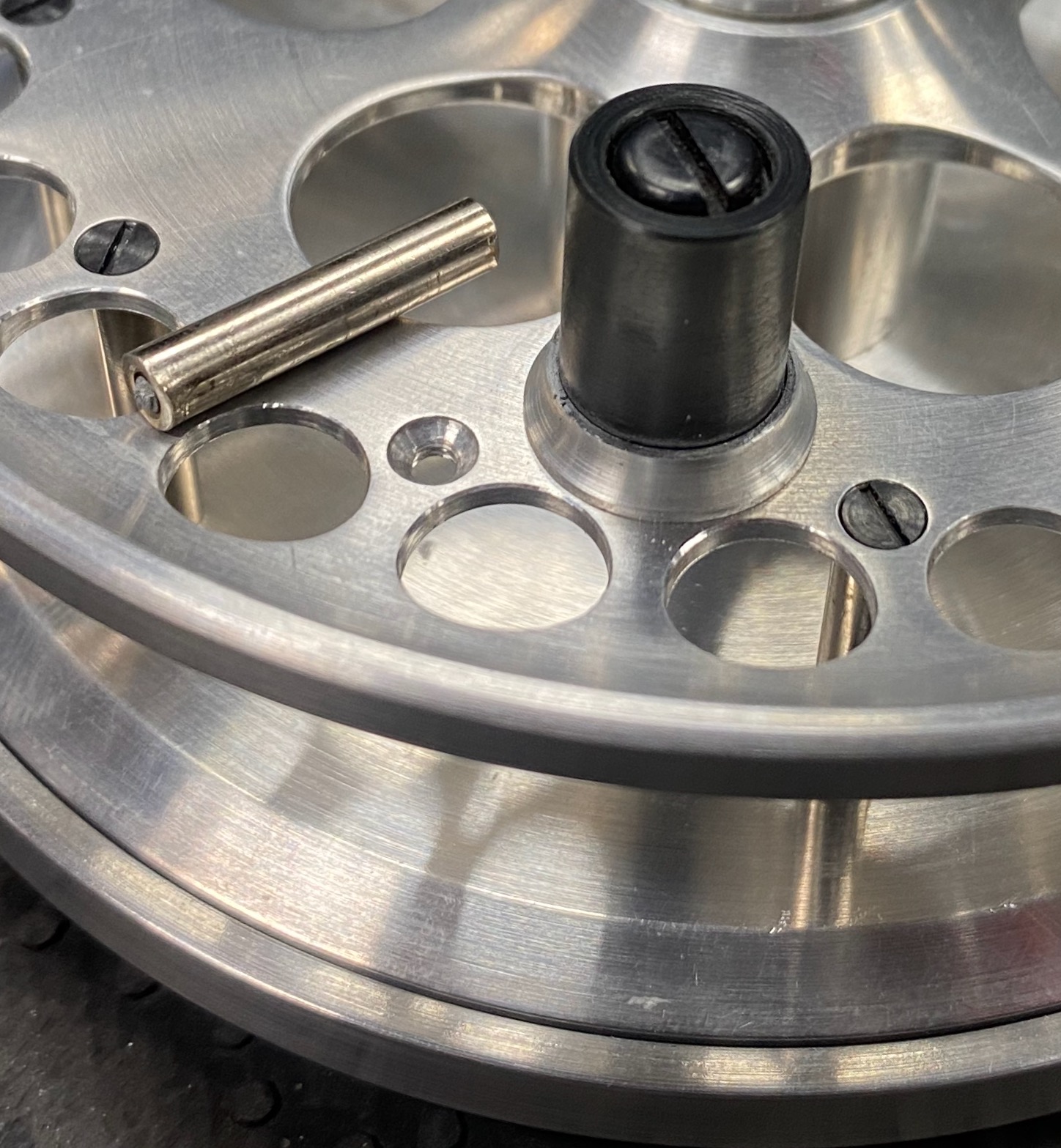 https://hooklineandsinker.ca/wp-content/uploads/2020/01/Stanton-Silver-Centerpin-Float-Reel-Broken-Spoke-AA.jpeg
1567
1448
HLSAdmin
https://hooklineandsinker.ca/wp-content/uploads/2014/12/Steelheading-in-the-Snow-900-80-Not-Faded-Actual-1030x91.jpg
HLSAdmin2020-01-12 18:11:322022-11-29 16:12:18Adcock Stanton Centerpin Float Reel Repairs
https://hooklineandsinker.ca/wp-content/uploads/2020/01/Stanton-Silver-Centerpin-Float-Reel-Broken-Spoke-AA.jpeg
1567
1448
HLSAdmin
https://hooklineandsinker.ca/wp-content/uploads/2014/12/Steelheading-in-the-Snow-900-80-Not-Faded-Actual-1030x91.jpg
HLSAdmin2020-01-12 18:11:322022-11-29 16:12:18Adcock Stanton Centerpin Float Reel Repairs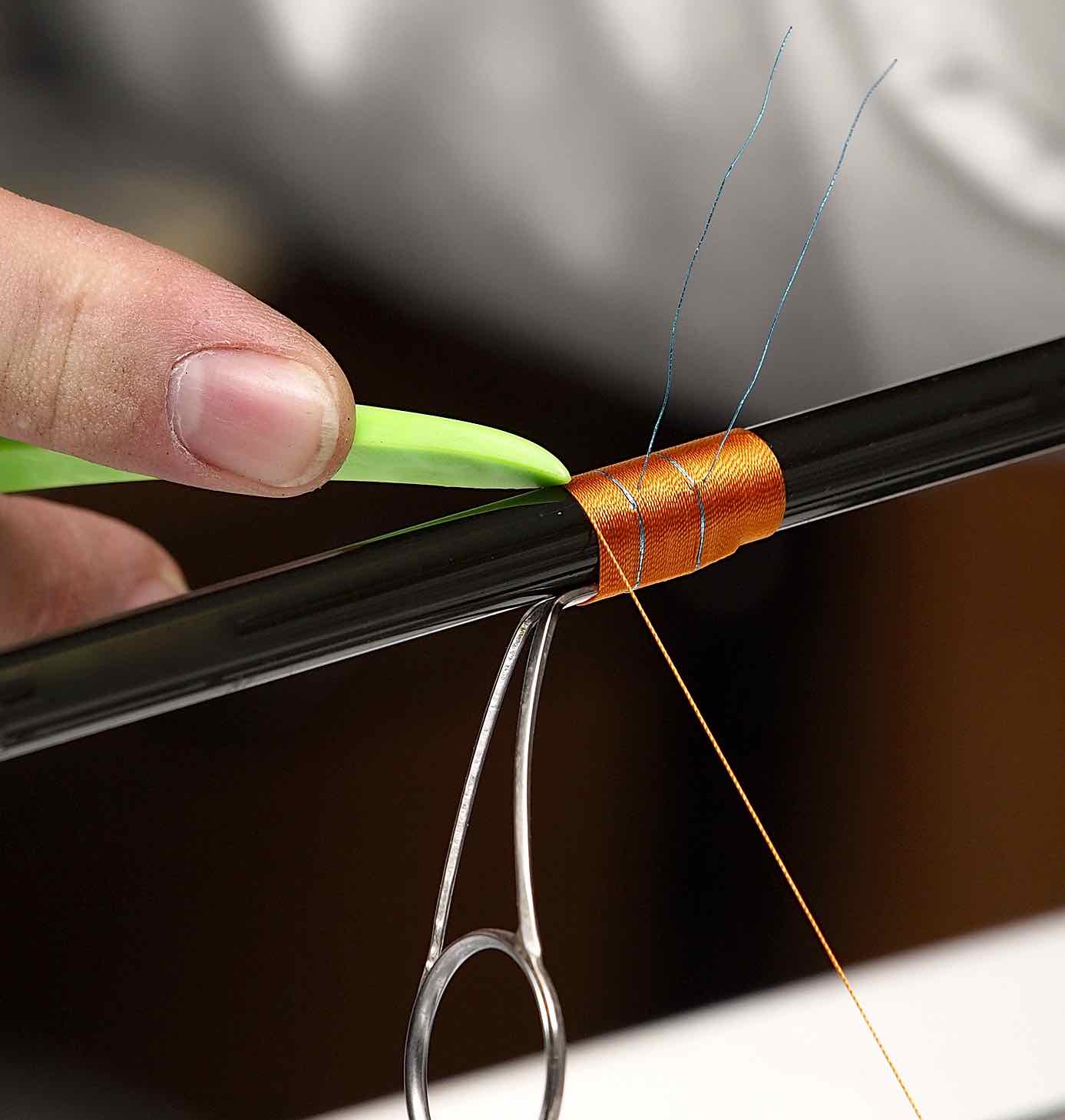 https://hooklineandsinker.ca/wp-content/uploads/2015/03/Custom-Rod-Building-HLS-Mike-Rumig-02132016-AA.jpg
1458
1387
HLSAdmin
https://hooklineandsinker.ca/wp-content/uploads/2014/12/Steelheading-in-the-Snow-900-80-Not-Faded-Actual-1030x91.jpg
HLSAdmin2016-06-13 21:10:462018-11-14 23:20:56HLS Fishing Rod Building Classes
https://hooklineandsinker.ca/wp-content/uploads/2015/03/Custom-Rod-Building-HLS-Mike-Rumig-02132016-AA.jpg
1458
1387
HLSAdmin
https://hooklineandsinker.ca/wp-content/uploads/2014/12/Steelheading-in-the-Snow-900-80-Not-Faded-Actual-1030x91.jpg
HLSAdmin2016-06-13 21:10:462018-11-14 23:20:56HLS Fishing Rod Building Classes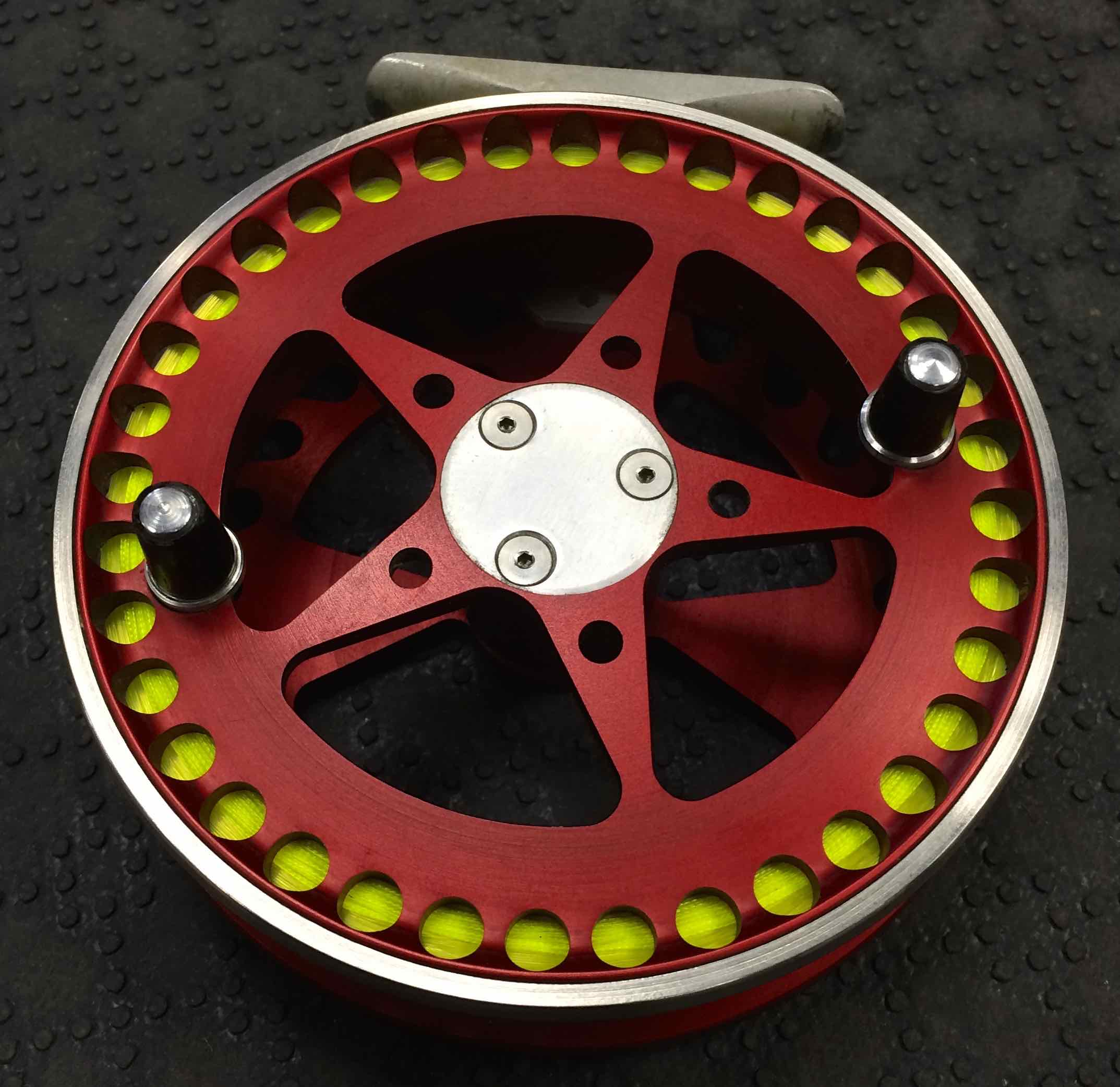 https://hooklineandsinker.ca/wp-content/uploads/2015/01/Custom-HLS-Float-Reel-Rosewood-Handles-Slainless-Palming-Ring-Red-Front-Resized-for-Web.jpg
2084
2147
HLSAdmin
https://hooklineandsinker.ca/wp-content/uploads/2014/12/Steelheading-in-the-Snow-900-80-Not-Faded-Actual-1030x91.jpg
HLSAdmin2015-01-08 18:21:292017-01-09 00:15:37Custom Made Centerpin Float Reels – One of a kind!
https://hooklineandsinker.ca/wp-content/uploads/2015/01/Custom-HLS-Float-Reel-Rosewood-Handles-Slainless-Palming-Ring-Red-Front-Resized-for-Web.jpg
2084
2147
HLSAdmin
https://hooklineandsinker.ca/wp-content/uploads/2014/12/Steelheading-in-the-Snow-900-80-Not-Faded-Actual-1030x91.jpg
HLSAdmin2015-01-08 18:21:292017-01-09 00:15:37Custom Made Centerpin Float Reels – One of a kind! https://hooklineandsinker.ca/wp-content/uploads/2014/02/Used-But-Not-Abused-Page-Image.jpg
160
160
Ray Collesso
https://hooklineandsinker.ca/wp-content/uploads/2014/12/Steelheading-in-the-Snow-900-80-Not-Faded-Actual-1030x91.jpg
Ray Collesso2014-02-19 17:26:492017-01-17 12:15:05Used But NOT Abused (UBNA)
https://hooklineandsinker.ca/wp-content/uploads/2014/02/Used-But-Not-Abused-Page-Image.jpg
160
160
Ray Collesso
https://hooklineandsinker.ca/wp-content/uploads/2014/12/Steelheading-in-the-Snow-900-80-Not-Faded-Actual-1030x91.jpg
Ray Collesso2014-02-19 17:26:492017-01-17 12:15:05Used But NOT Abused (UBNA) https://hooklineandsinker.ca/wp-content/uploads/2014/02/Weekly-Guest-Presenter-Button.jpg
224
225
Ray Collesso
https://hooklineandsinker.ca/wp-content/uploads/2014/12/Steelheading-in-the-Snow-900-80-Not-Faded-Actual-1030x91.jpg
Ray Collesso2014-02-17 19:43:022017-01-16 23:35:04Weekly Guest Tyer / Presenter Events – Sat. Noon to 3.
https://hooklineandsinker.ca/wp-content/uploads/2014/02/Weekly-Guest-Presenter-Button.jpg
224
225
Ray Collesso
https://hooklineandsinker.ca/wp-content/uploads/2014/12/Steelheading-in-the-Snow-900-80-Not-Faded-Actual-1030x91.jpg
Ray Collesso2014-02-17 19:43:022017-01-16 23:35:04Weekly Guest Tyer / Presenter Events – Sat. Noon to 3. https://hooklineandsinker.ca/wp-content/uploads/2014/03/Clearance-Page-Image.jpg
211
239
Ray Collesso
https://hooklineandsinker.ca/wp-content/uploads/2014/12/Steelheading-in-the-Snow-900-80-Not-Faded-Actual-1030x91.jpg
Ray Collesso2014-03-02 22:21:232017-02-12 14:38:52Clearance and Sale Items
https://hooklineandsinker.ca/wp-content/uploads/2014/03/Clearance-Page-Image.jpg
211
239
Ray Collesso
https://hooklineandsinker.ca/wp-content/uploads/2014/12/Steelheading-in-the-Snow-900-80-Not-Faded-Actual-1030x91.jpg
Ray Collesso2014-03-02 22:21:232017-02-12 14:38:52Clearance and Sale Items https://hooklineandsinker.ca/wp-content/uploads/2014/02/Warranty-Button.jpg
225
225
Ray Collesso
https://hooklineandsinker.ca/wp-content/uploads/2014/12/Steelheading-in-the-Snow-900-80-Not-Faded-Actual-1030x91.jpg
Ray Collesso2014-02-11 22:02:342017-01-16 22:37:06Warranty Repairs & Service
https://hooklineandsinker.ca/wp-content/uploads/2014/02/Warranty-Button.jpg
225
225
Ray Collesso
https://hooklineandsinker.ca/wp-content/uploads/2014/12/Steelheading-in-the-Snow-900-80-Not-Faded-Actual-1030x91.jpg
Ray Collesso2014-02-11 22:02:342017-01-16 22:37:06Warranty Repairs & Service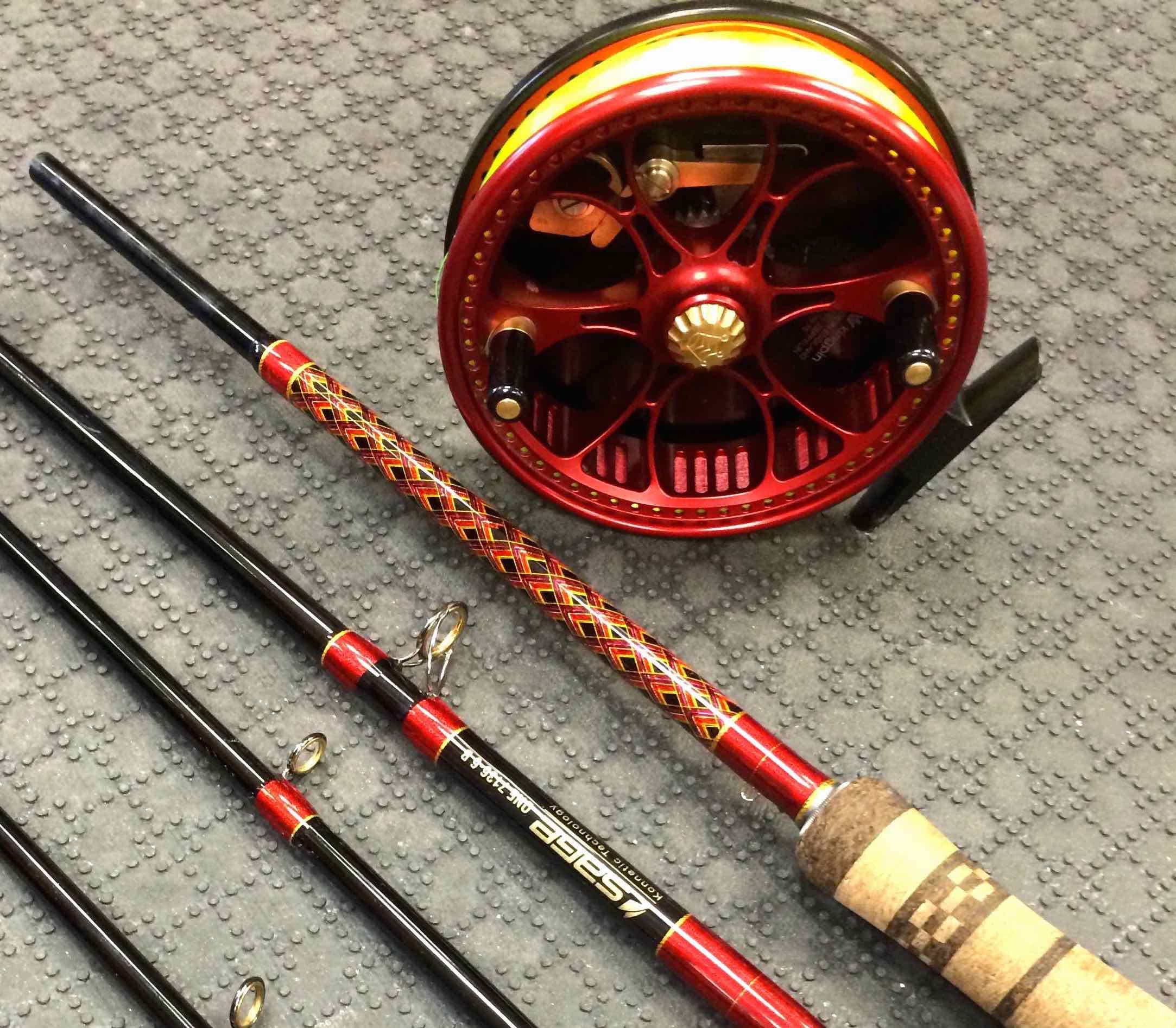 https://hooklineandsinker.ca/wp-content/uploads/2015/03/Sage-One-Custom-7136B-6-Custom-Float-Rod-Build-with-Red-Zeppelin-with-Butt-Wrap-to-match.jpg
1894
2166
HLSAdmin
https://hooklineandsinker.ca/wp-content/uploads/2014/12/Steelheading-in-the-Snow-900-80-Not-Faded-Actual-1030x91.jpg
HLSAdmin2015-03-04 21:42:532017-02-12 18:28:25Custom Decorative Fishing Rod Butt Wraps
https://hooklineandsinker.ca/wp-content/uploads/2015/03/Sage-One-Custom-7136B-6-Custom-Float-Rod-Build-with-Red-Zeppelin-with-Butt-Wrap-to-match.jpg
1894
2166
HLSAdmin
https://hooklineandsinker.ca/wp-content/uploads/2014/12/Steelheading-in-the-Snow-900-80-Not-Faded-Actual-1030x91.jpg
HLSAdmin2015-03-04 21:42:532017-02-12 18:28:25Custom Decorative Fishing Rod Butt Wraps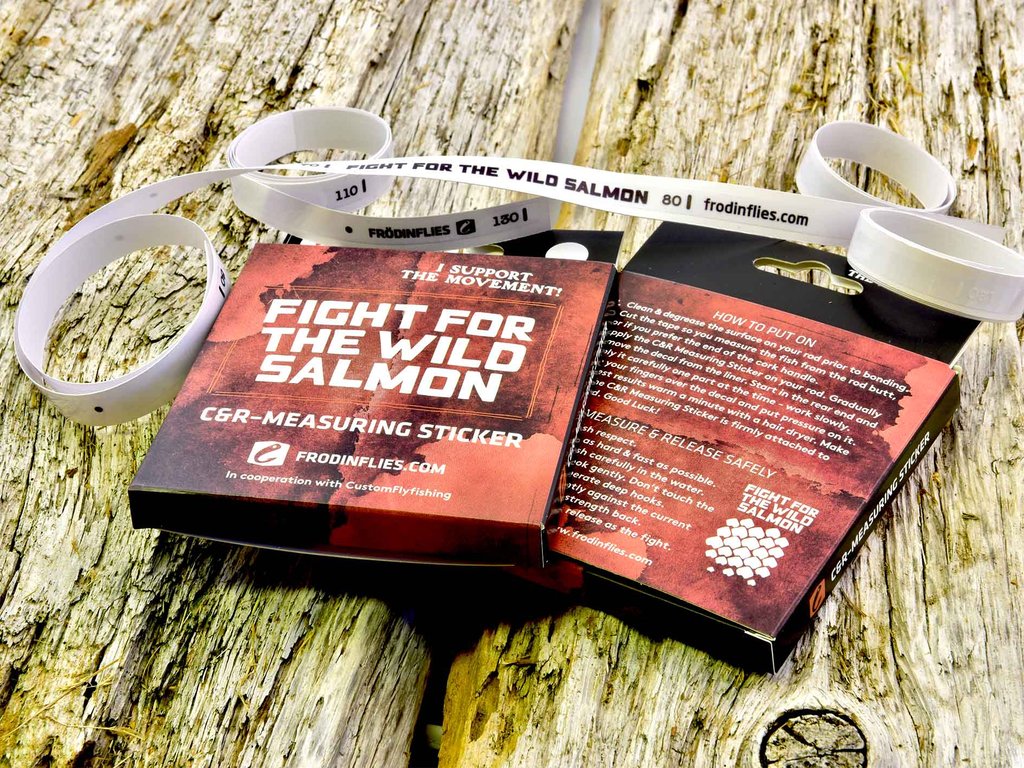 https://hooklineandsinker.ca/wp-content/uploads/2020/11/Wild-Salmon-C-and-R-Measuring-StickerA.jpg
768
1024
HLSAdmin
https://hooklineandsinker.ca/wp-content/uploads/2014/12/Steelheading-in-the-Snow-900-80-Not-Faded-Actual-1030x91.jpg
HLSAdmin2020-11-21 22:19:312023-03-20 16:52:41‘Wild Salmon’ C&R Measuring Sticker
https://hooklineandsinker.ca/wp-content/uploads/2020/11/Wild-Salmon-C-and-R-Measuring-StickerA.jpg
768
1024
HLSAdmin
https://hooklineandsinker.ca/wp-content/uploads/2014/12/Steelheading-in-the-Snow-900-80-Not-Faded-Actual-1030x91.jpg
HLSAdmin2020-11-21 22:19:312023-03-20 16:52:41‘Wild Salmon’ C&R Measuring Sticker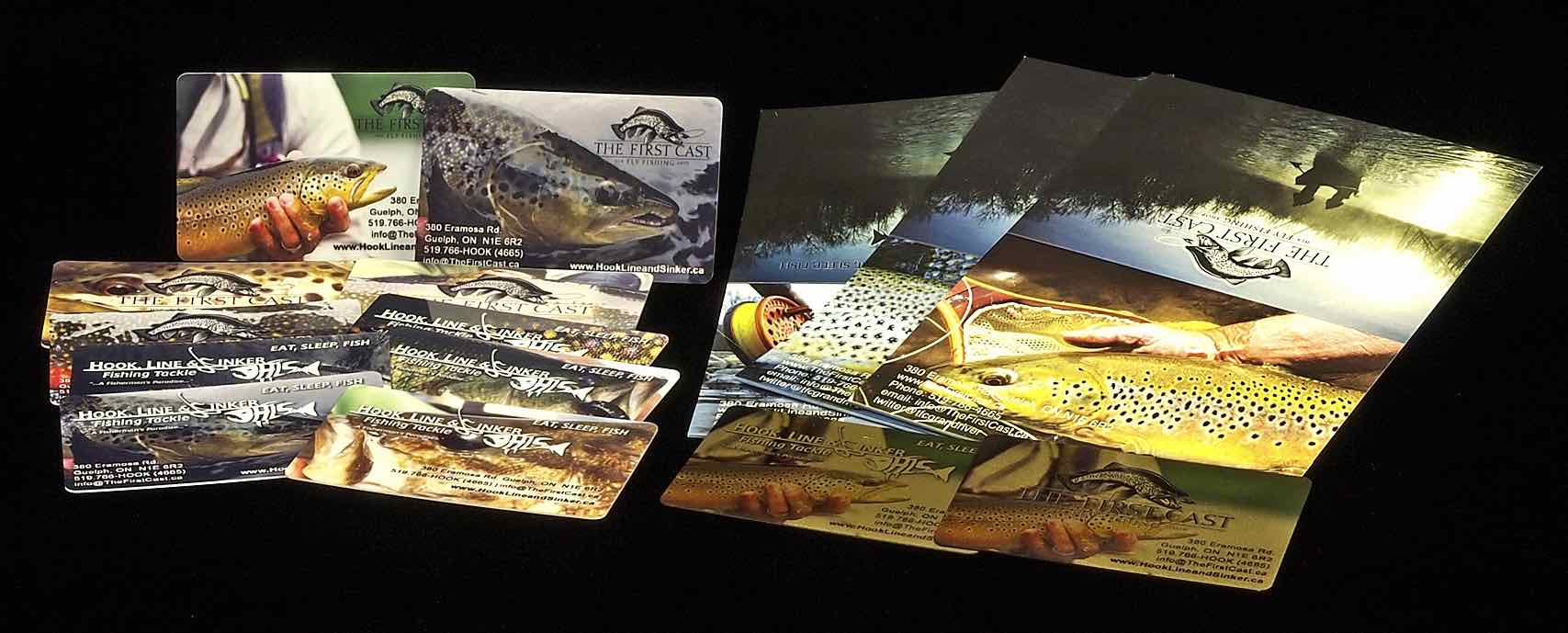 https://hooklineandsinker.ca/wp-content/uploads/2014/02/HLS-TFC-Gift-Cards-AA.jpg
689
1707
Ray Collesso
https://hooklineandsinker.ca/wp-content/uploads/2014/12/Steelheading-in-the-Snow-900-80-Not-Faded-Actual-1030x91.jpg
Ray Collesso2014-02-14 23:20:332017-01-16 22:32:53Gift Cards & Gift Certificates are available in ANY Denomination
https://hooklineandsinker.ca/wp-content/uploads/2014/02/HLS-TFC-Gift-Cards-AA.jpg
689
1707
Ray Collesso
https://hooklineandsinker.ca/wp-content/uploads/2014/12/Steelheading-in-the-Snow-900-80-Not-Faded-Actual-1030x91.jpg
Ray Collesso2014-02-14 23:20:332017-01-16 22:32:53Gift Cards & Gift Certificates are available in ANY Denomination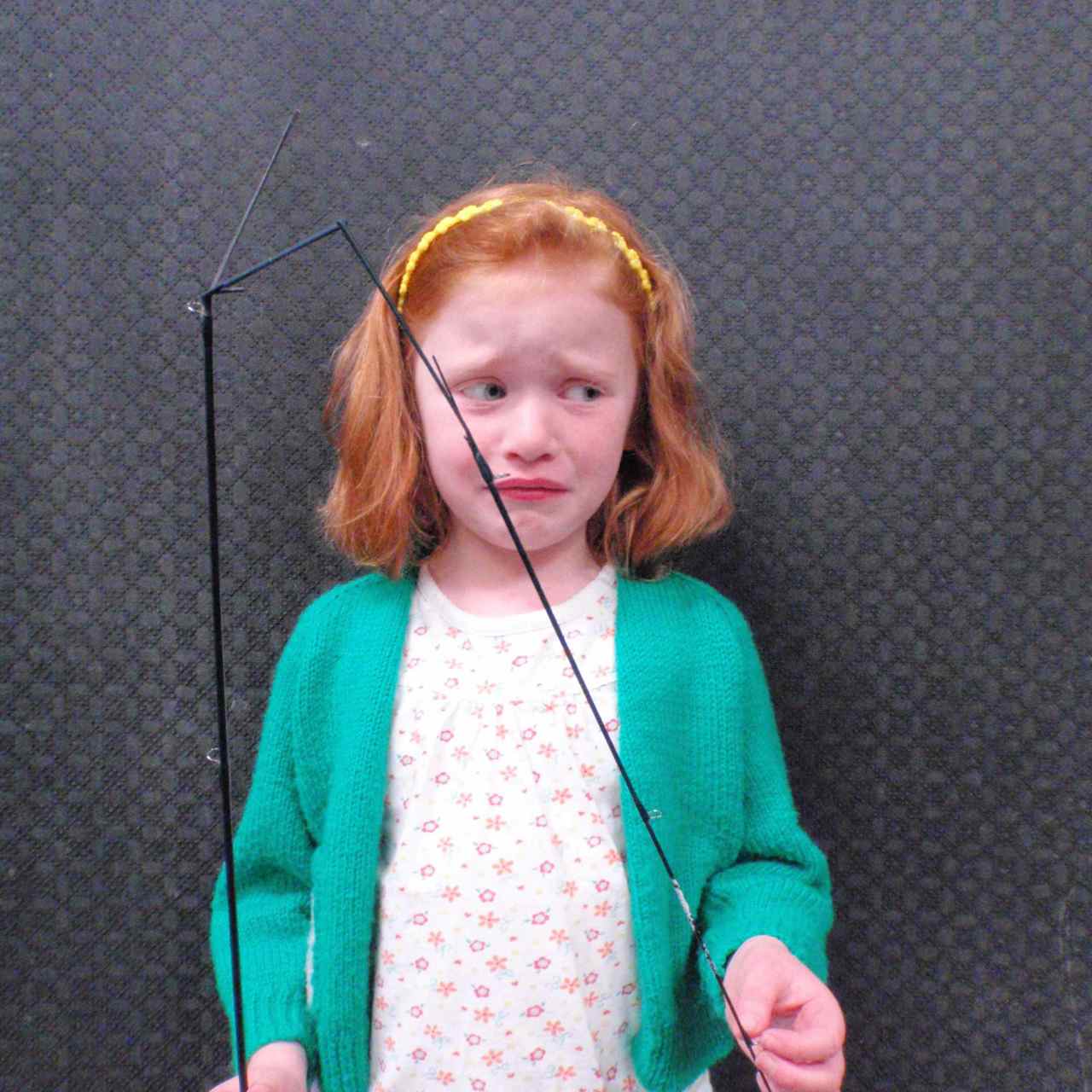 https://hooklineandsinker.ca/wp-content/uploads/2014/02/Accidental-Broken-Sage-Fly-Rod.jpg
1280
1280
Ray Collesso
https://hooklineandsinker.ca/wp-content/uploads/2014/12/Steelheading-in-the-Snow-900-80-Not-Faded-Actual-1030x91.jpg
Ray Collesso2014-02-13 22:56:372017-01-16 23:19:46Broken or Damaged Fishing Rod Repairs
https://hooklineandsinker.ca/wp-content/uploads/2014/02/Accidental-Broken-Sage-Fly-Rod.jpg
1280
1280
Ray Collesso
https://hooklineandsinker.ca/wp-content/uploads/2014/12/Steelheading-in-the-Snow-900-80-Not-Faded-Actual-1030x91.jpg
Ray Collesso2014-02-13 22:56:372017-01-16 23:19:46Broken or Damaged Fishing Rod Repairs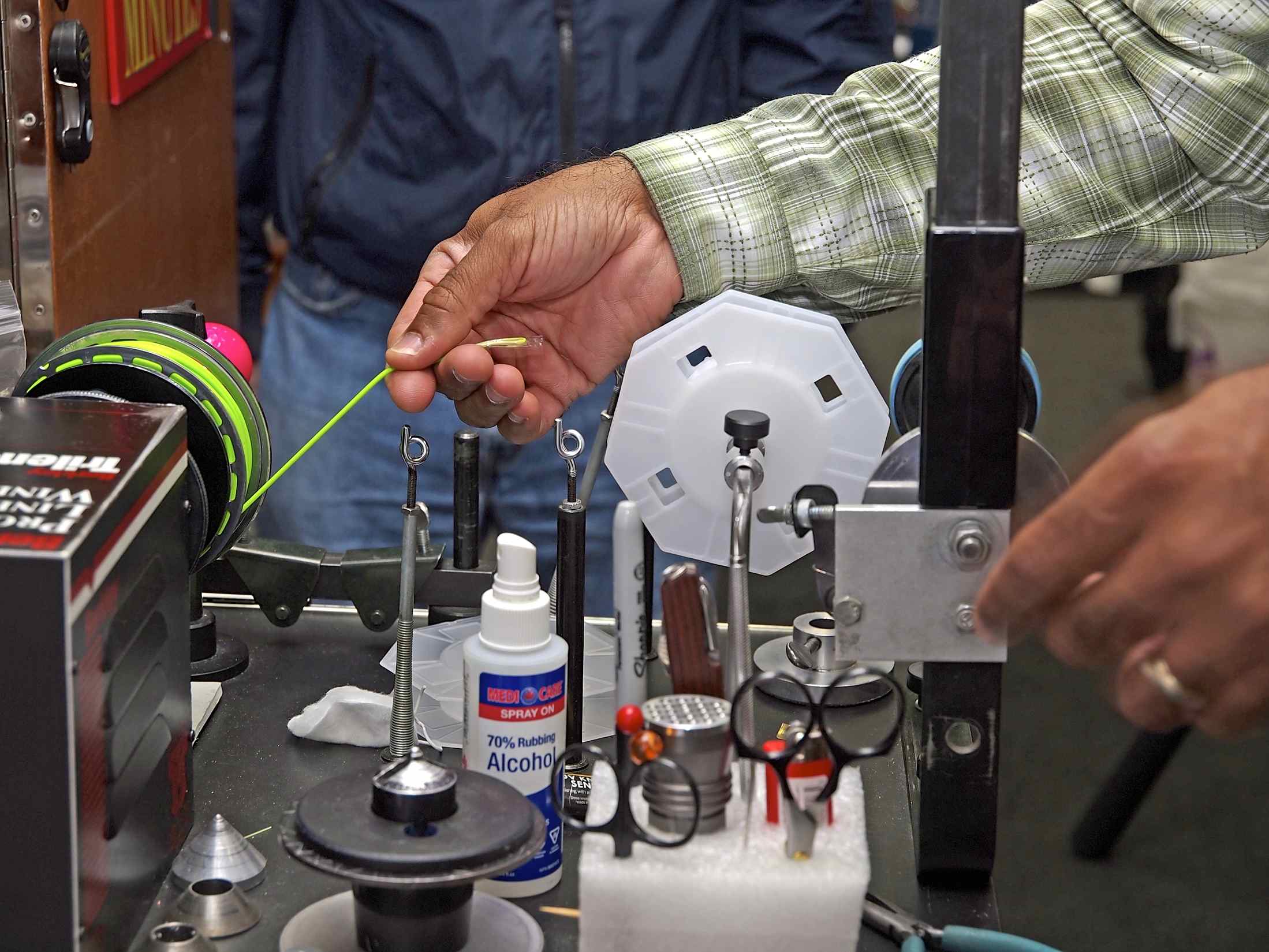 https://hooklineandsinker.ca/wp-content/uploads/2014/03/Line-Spooling-Machine-Resized.jpg
1649
2198
Ray Collesso
https://hooklineandsinker.ca/wp-content/uploads/2014/12/Steelheading-in-the-Snow-900-80-Not-Faded-Actual-1030x91.jpg
Ray Collesso2014-03-02 15:59:012018-10-31 20:11:09Professional Line Winding / Spooling Machine – Bulk Monofilament, Braid and Float Reel Backing / Dacron
https://hooklineandsinker.ca/wp-content/uploads/2014/03/Line-Spooling-Machine-Resized.jpg
1649
2198
Ray Collesso
https://hooklineandsinker.ca/wp-content/uploads/2014/12/Steelheading-in-the-Snow-900-80-Not-Faded-Actual-1030x91.jpg
Ray Collesso2014-03-02 15:59:012018-10-31 20:11:09Professional Line Winding / Spooling Machine – Bulk Monofilament, Braid and Float Reel Backing / Dacron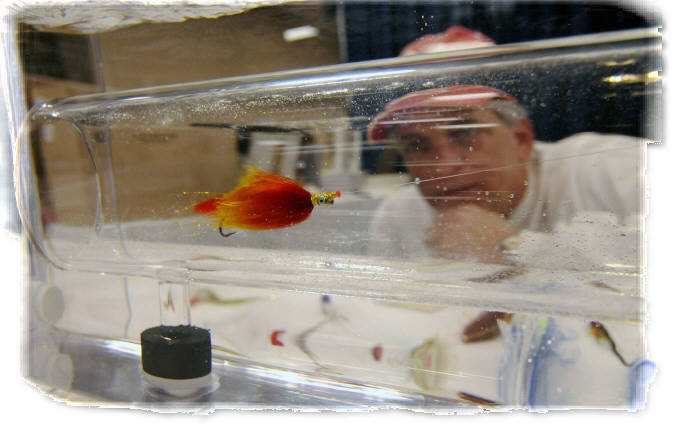 https://hooklineandsinker.ca/wp-content/uploads/2013/12/Swim-Tank.jpg
431
678
Ray Collesso
https://hooklineandsinker.ca/wp-content/uploads/2014/12/Steelheading-in-the-Snow-900-80-Not-Faded-Actual-1030x91.jpg
Ray Collesso2013-12-30 23:34:382017-02-06 00:28:22HLS / TFC Swim Tank – Fly Tester
https://hooklineandsinker.ca/wp-content/uploads/2013/12/Swim-Tank.jpg
431
678
Ray Collesso
https://hooklineandsinker.ca/wp-content/uploads/2014/12/Steelheading-in-the-Snow-900-80-Not-Faded-Actual-1030x91.jpg
Ray Collesso2013-12-30 23:34:382017-02-06 00:28:22HLS / TFC Swim Tank – Fly Tester https://hooklineandsinker.ca/wp-content/uploads/2014/03/Online-Sales-Button.jpg
215
235
Ray Collesso
https://hooklineandsinker.ca/wp-content/uploads/2014/12/Steelheading-in-the-Snow-900-80-Not-Faded-Actual-1030x91.jpg
Ray Collesso2014-03-02 13:45:372019-04-01 19:32:18Online Sales
https://hooklineandsinker.ca/wp-content/uploads/2014/03/Online-Sales-Button.jpg
215
235
Ray Collesso
https://hooklineandsinker.ca/wp-content/uploads/2014/12/Steelheading-in-the-Snow-900-80-Not-Faded-Actual-1030x91.jpg
Ray Collesso2014-03-02 13:45:372019-04-01 19:32:18Online Sales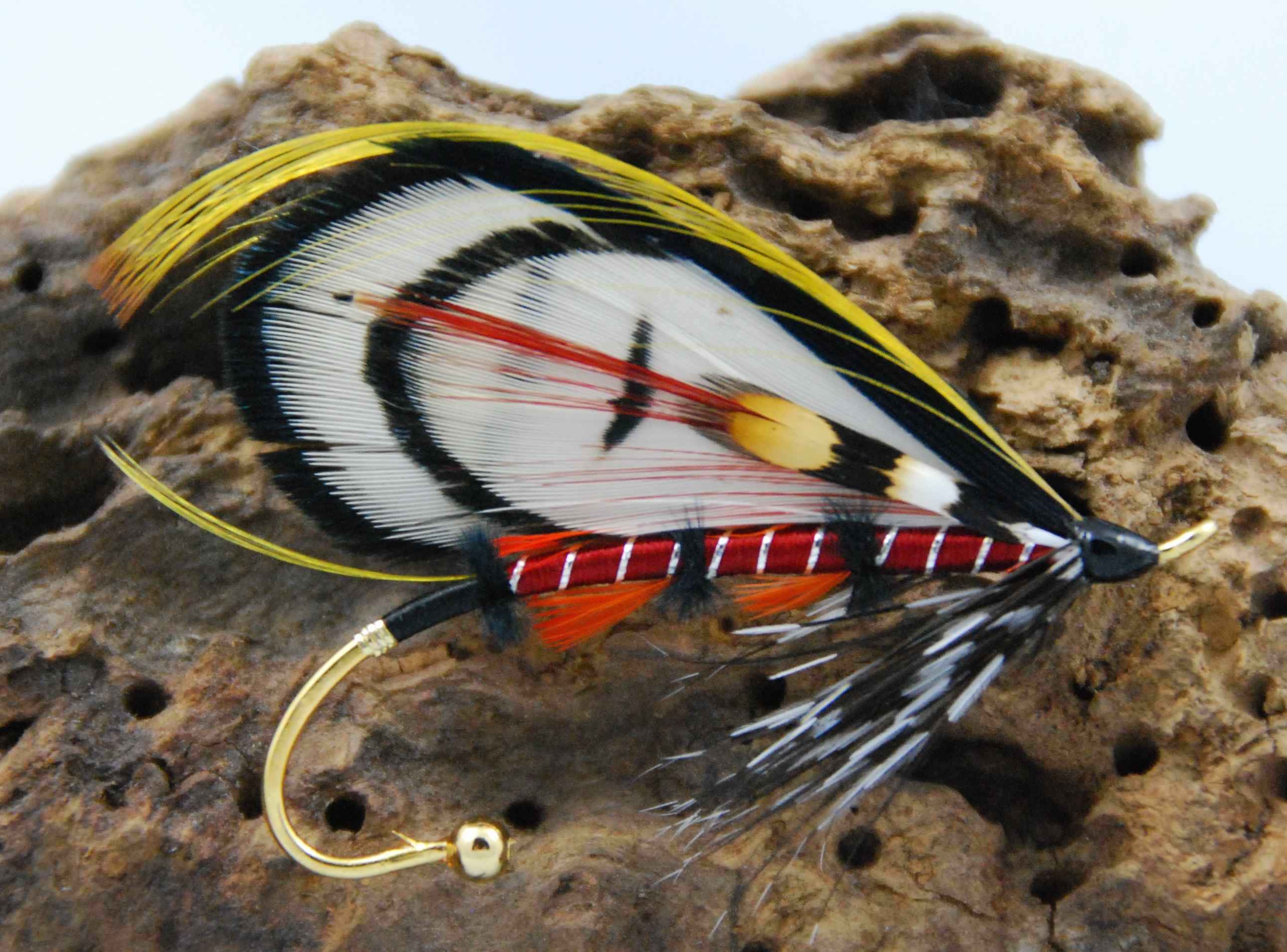 https://hooklineandsinker.ca/wp-content/uploads/2014/07/Wedding-Boutonniere-Bombanieri-Resized.jpg
1911
2584
Ray Collesso
https://hooklineandsinker.ca/wp-content/uploads/2014/12/Steelheading-in-the-Snow-900-80-Not-Faded-Actual-1030x91.jpg
Ray Collesso2014-07-02 21:25:062017-01-16 23:31:07Fishing Wedding Boutonnieres – Boutonniere, Gift & Keepsake – All 3 in ONE!
https://hooklineandsinker.ca/wp-content/uploads/2014/07/Wedding-Boutonniere-Bombanieri-Resized.jpg
1911
2584
Ray Collesso
https://hooklineandsinker.ca/wp-content/uploads/2014/12/Steelheading-in-the-Snow-900-80-Not-Faded-Actual-1030x91.jpg
Ray Collesso2014-07-02 21:25:062017-01-16 23:31:07Fishing Wedding Boutonnieres – Boutonniere, Gift & Keepsake – All 3 in ONE!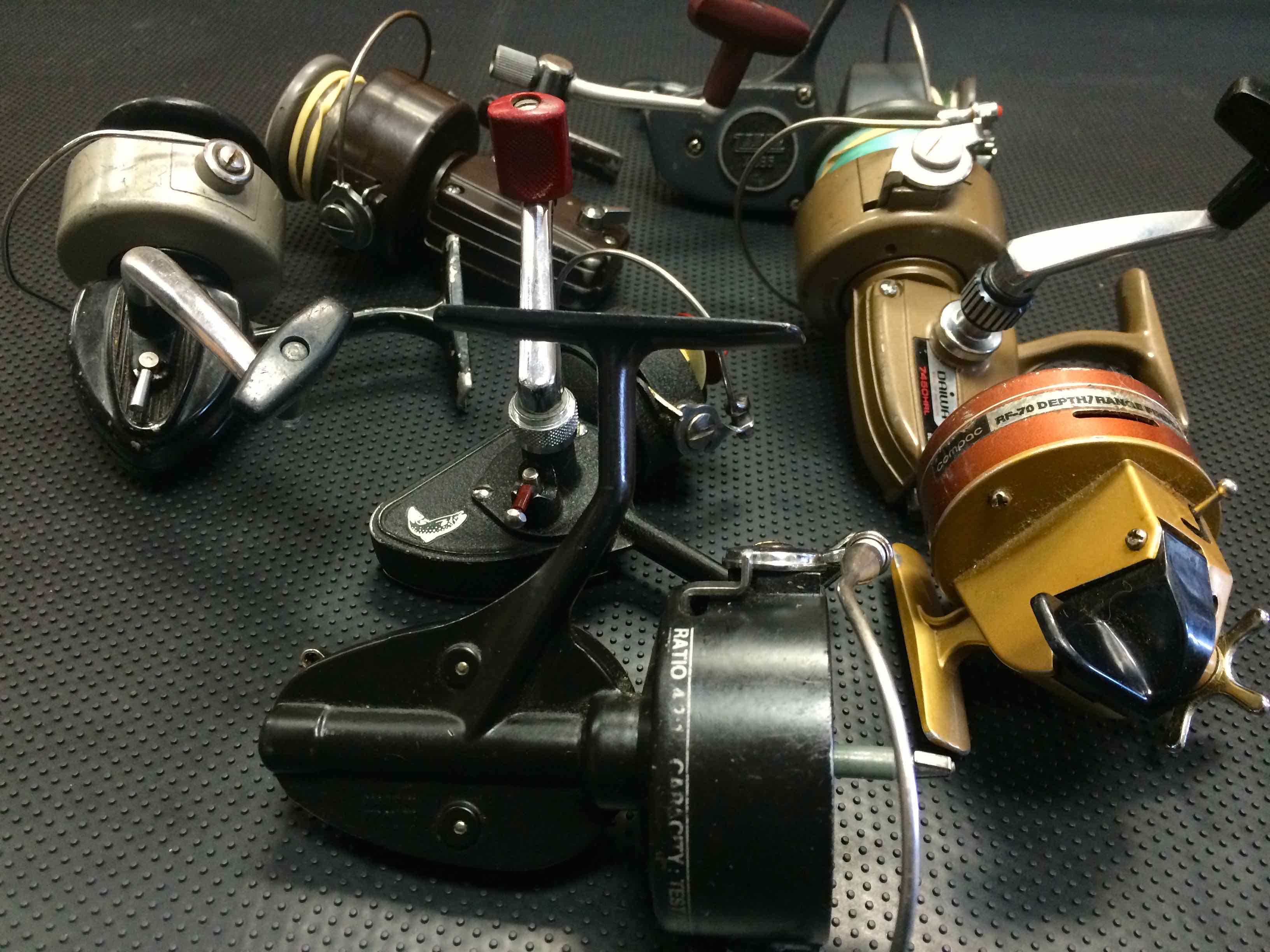 https://hooklineandsinker.ca/wp-content/uploads/2013/12/Vintage-Spinning-Reels-Resized-for-Web.jpg
2448
3264
Ray Collesso
https://hooklineandsinker.ca/wp-content/uploads/2014/12/Steelheading-in-the-Snow-900-80-Not-Faded-Actual-1030x91.jpg
Ray Collesso2013-12-30 23:59:212017-01-16 22:39:13Fishing Reel Repairs – Have a Fishing Reel Sitting Idle Due To A River Mishap?
https://hooklineandsinker.ca/wp-content/uploads/2013/12/Vintage-Spinning-Reels-Resized-for-Web.jpg
2448
3264
Ray Collesso
https://hooklineandsinker.ca/wp-content/uploads/2014/12/Steelheading-in-the-Snow-900-80-Not-Faded-Actual-1030x91.jpg
Ray Collesso2013-12-30 23:59:212017-01-16 22:39:13Fishing Reel Repairs – Have a Fishing Reel Sitting Idle Due To A River Mishap?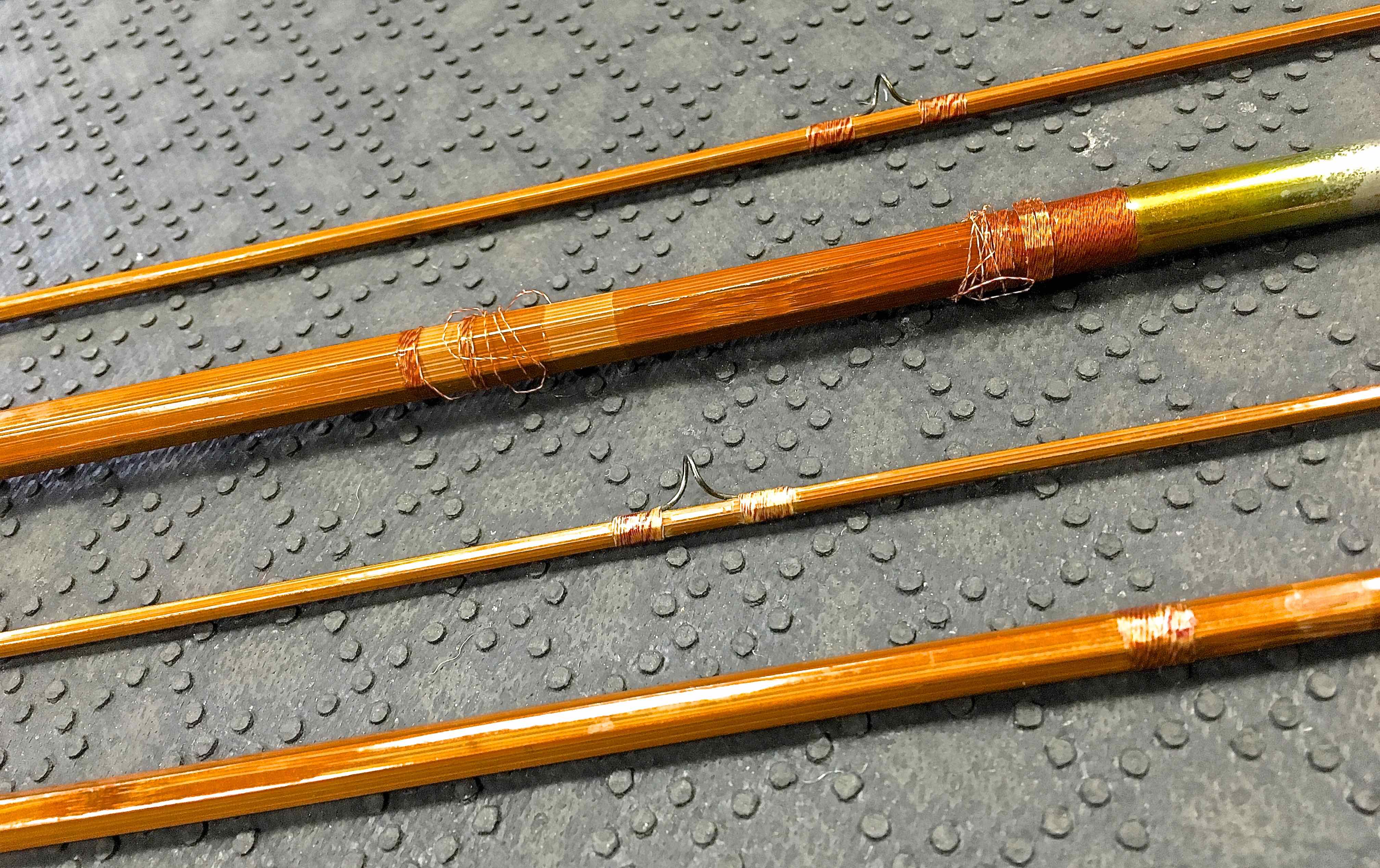 https://hooklineandsinker.ca/wp-content/uploads/2018/06/Cane-Bamboo-Rod-Prior-to-Refinish-AAA.jpg
2537
4032
HLSAdmin
https://hooklineandsinker.ca/wp-content/uploads/2014/12/Steelheading-in-the-Snow-900-80-Not-Faded-Actual-1030x91.jpg
HLSAdmin2018-06-03 19:57:342018-08-06 22:17:35Split Cane or Bamboo Fishing Rod Repairs
https://hooklineandsinker.ca/wp-content/uploads/2018/06/Cane-Bamboo-Rod-Prior-to-Refinish-AAA.jpg
2537
4032
HLSAdmin
https://hooklineandsinker.ca/wp-content/uploads/2014/12/Steelheading-in-the-Snow-900-80-Not-Faded-Actual-1030x91.jpg
HLSAdmin2018-06-03 19:57:342018-08-06 22:17:35Split Cane or Bamboo Fishing Rod Repairs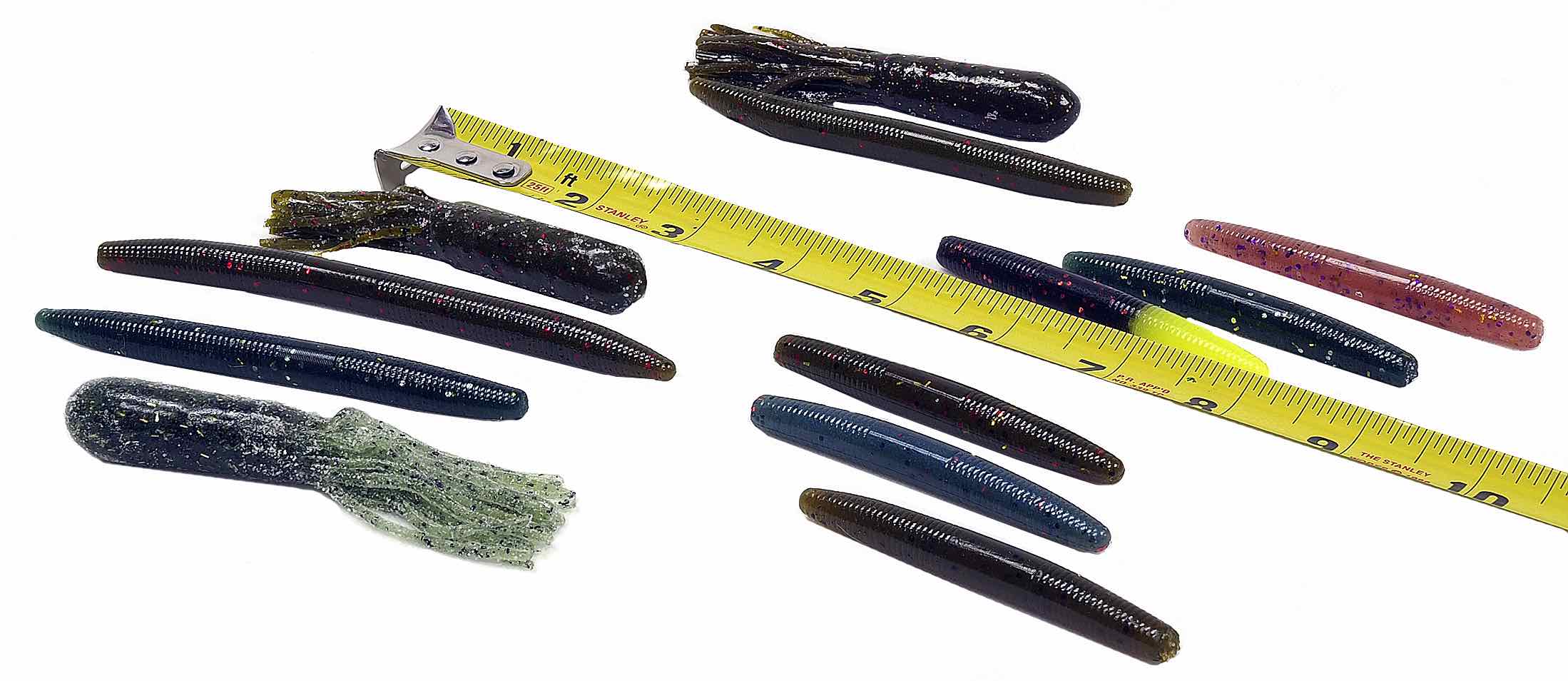 https://hooklineandsinker.ca/wp-content/uploads/2016/02/Lip-Locked-Baits-Soft-Plastic-Assortment-AA.jpg
954
2198
HLSAdmin
https://hooklineandsinker.ca/wp-content/uploads/2014/12/Steelheading-in-the-Snow-900-80-Not-Faded-Actual-1030x91.jpg
HLSAdmin2016-05-20 19:34:452019-08-26 21:32:53Custom Poured Salt Impregnated Soft Plastics
https://hooklineandsinker.ca/wp-content/uploads/2016/02/Lip-Locked-Baits-Soft-Plastic-Assortment-AA.jpg
954
2198
HLSAdmin
https://hooklineandsinker.ca/wp-content/uploads/2014/12/Steelheading-in-the-Snow-900-80-Not-Faded-Actual-1030x91.jpg
HLSAdmin2016-05-20 19:34:452019-08-26 21:32:53Custom Poured Salt Impregnated Soft Plastics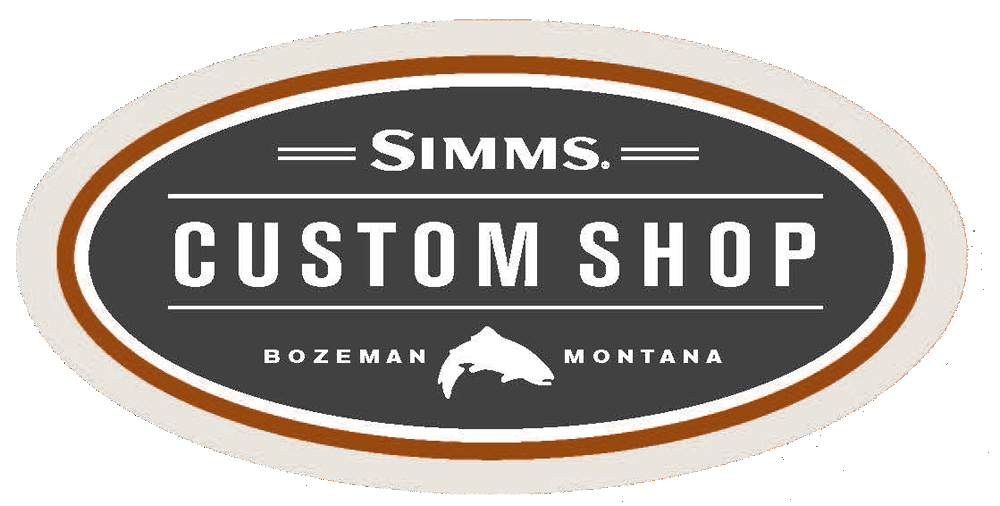 https://hooklineandsinker.ca/wp-content/uploads/2017/03/Simms-customshop.png
506
1000
HLSAdmin
https://hooklineandsinker.ca/wp-content/uploads/2014/12/Steelheading-in-the-Snow-900-80-Not-Faded-Actual-1030x91.jpg
HLSAdmin2017-03-12 18:43:112019-04-24 19:11:49Simms Custom Breathable Wader Options
https://hooklineandsinker.ca/wp-content/uploads/2017/03/Simms-customshop.png
506
1000
HLSAdmin
https://hooklineandsinker.ca/wp-content/uploads/2014/12/Steelheading-in-the-Snow-900-80-Not-Faded-Actual-1030x91.jpg
HLSAdmin2017-03-12 18:43:112019-04-24 19:11:49Simms Custom Breathable Wader Options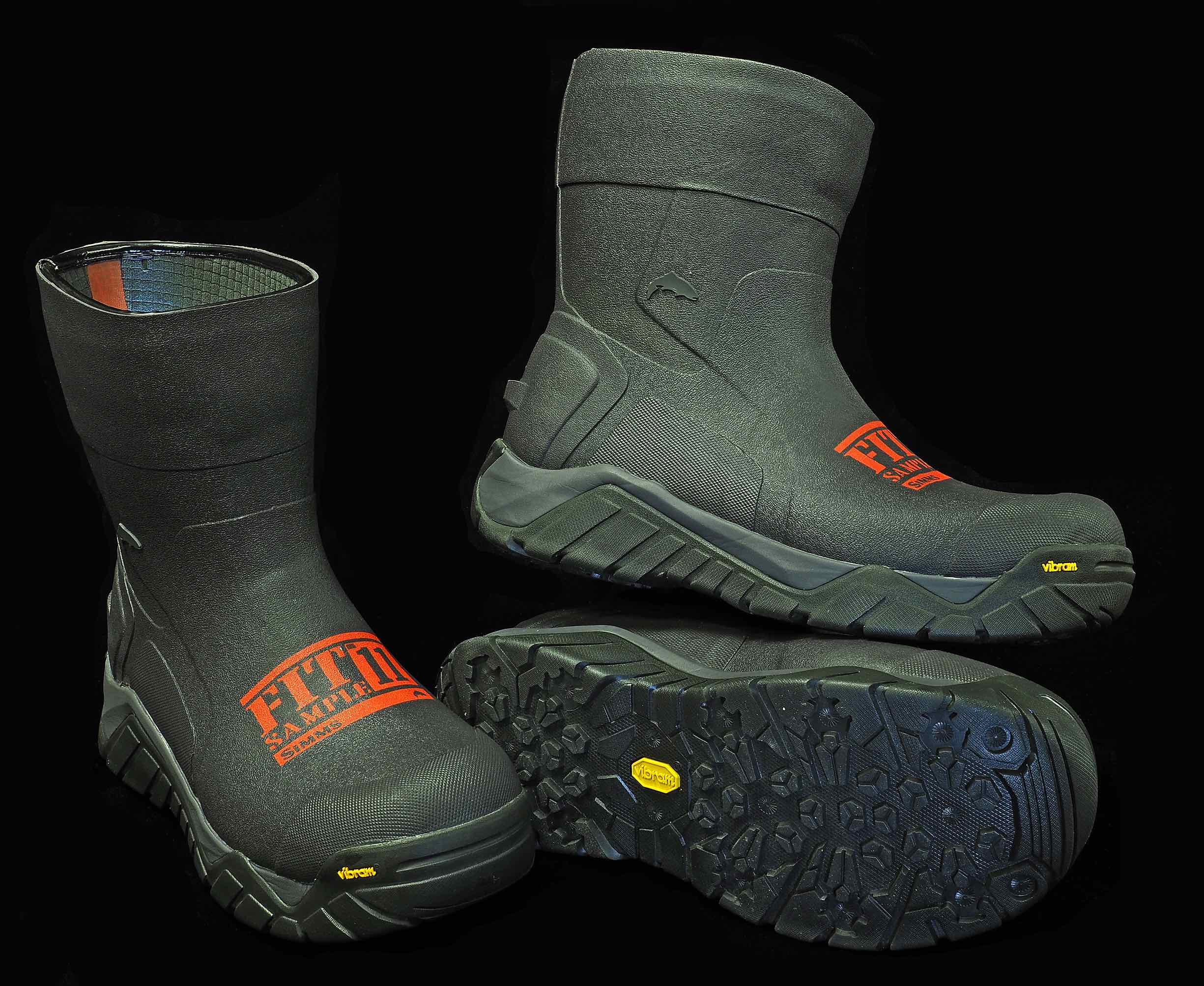 https://hooklineandsinker.ca/wp-content/uploads/2017/09/2017-Simms-Vibram-Boot-Fit-Kit-AA.jpg
2007
2450
HLSAdmin
https://hooklineandsinker.ca/wp-content/uploads/2014/12/Steelheading-in-the-Snow-900-80-Not-Faded-Actual-1030x91.jpg
HLSAdmin2017-09-02 23:20:492018-12-02 00:28:39Simms Vibram Boot Fit Kit
https://hooklineandsinker.ca/wp-content/uploads/2017/09/2017-Simms-Vibram-Boot-Fit-Kit-AA.jpg
2007
2450
HLSAdmin
https://hooklineandsinker.ca/wp-content/uploads/2014/12/Steelheading-in-the-Snow-900-80-Not-Faded-Actual-1030x91.jpg
HLSAdmin2017-09-02 23:20:492018-12-02 00:28:39Simms Vibram Boot Fit Kit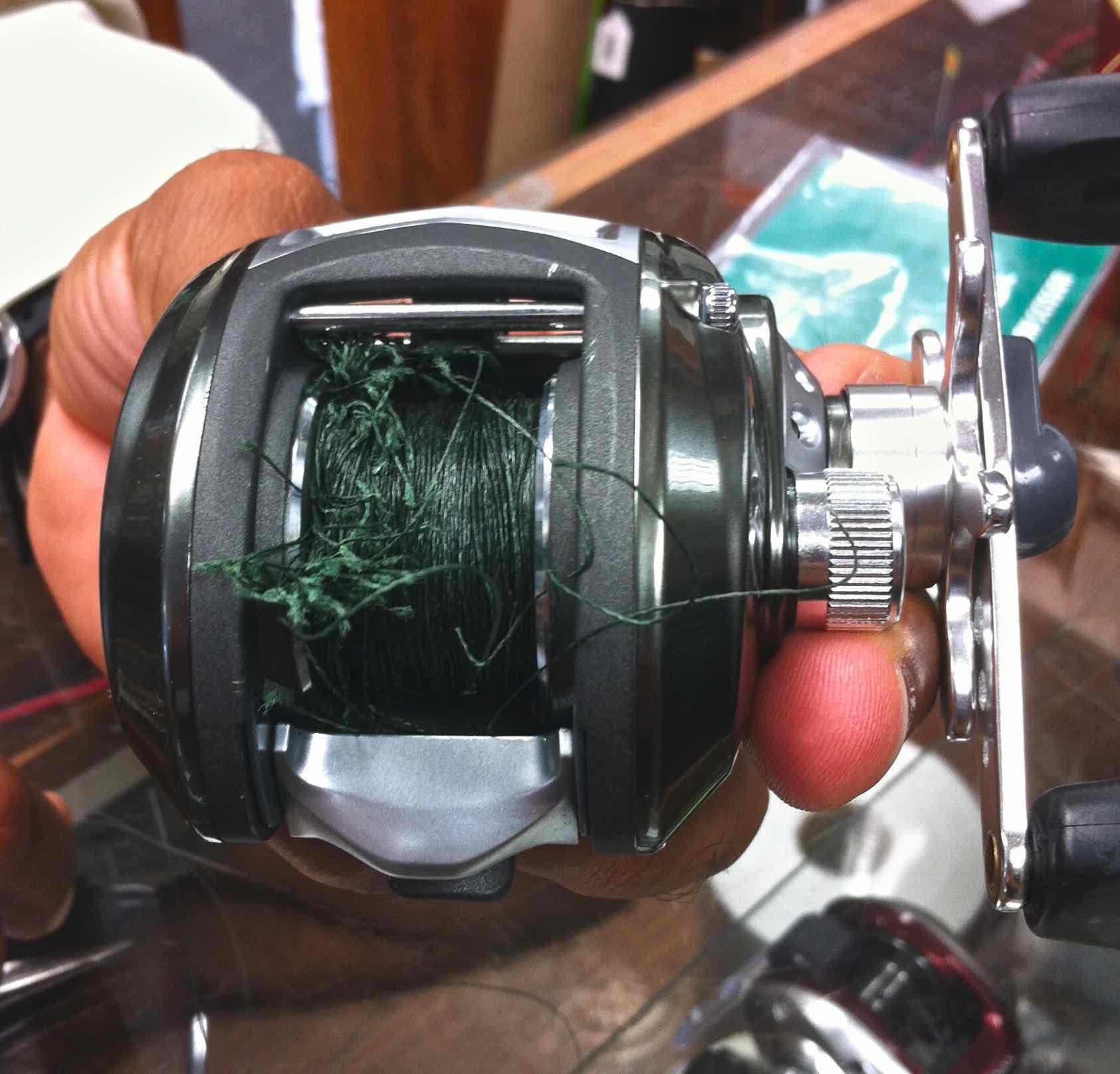 https://hooklineandsinker.ca/wp-content/uploads/2016/06/Baitcast-professional-over-run-A.jpg
1616
1685
HLSAdmin
https://hooklineandsinker.ca/wp-content/uploads/2014/12/Steelheading-in-the-Snow-900-80-Not-Faded-Actual-1030x91.jpg
HLSAdmin2016-06-11 23:21:412019-07-24 18:56:04Baitcasting Lessons – Using a Baitcaster 101
https://hooklineandsinker.ca/wp-content/uploads/2016/06/Baitcast-professional-over-run-A.jpg
1616
1685
HLSAdmin
https://hooklineandsinker.ca/wp-content/uploads/2014/12/Steelheading-in-the-Snow-900-80-Not-Faded-Actual-1030x91.jpg
HLSAdmin2016-06-11 23:21:412019-07-24 18:56:04Baitcasting Lessons – Using a Baitcaster 101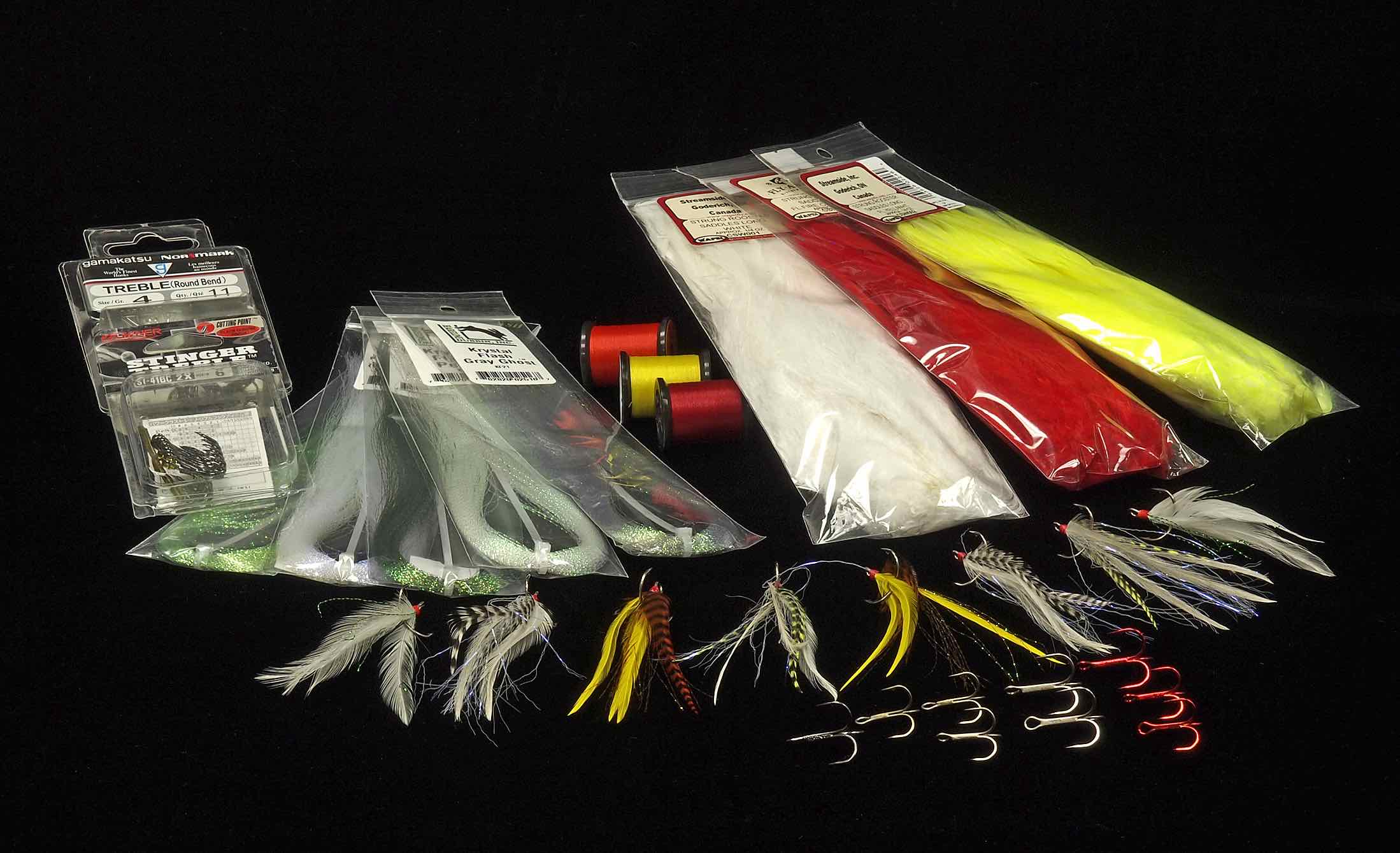 https://hooklineandsinker.ca/wp-content/uploads/2015/06/Custom-Feathered-Treble-Hooks-AA.jpg
1339
2198
HLSAdmin
https://hooklineandsinker.ca/wp-content/uploads/2014/12/Steelheading-in-the-Snow-900-80-Not-Faded-Actual-1030x91.jpg
HLSAdmin2015-06-18 22:51:202017-12-23 22:20:15Custom Feathering
https://hooklineandsinker.ca/wp-content/uploads/2015/06/Custom-Feathered-Treble-Hooks-AA.jpg
1339
2198
HLSAdmin
https://hooklineandsinker.ca/wp-content/uploads/2014/12/Steelheading-in-the-Snow-900-80-Not-Faded-Actual-1030x91.jpg
HLSAdmin2015-06-18 22:51:202017-12-23 22:20:15Custom Feathering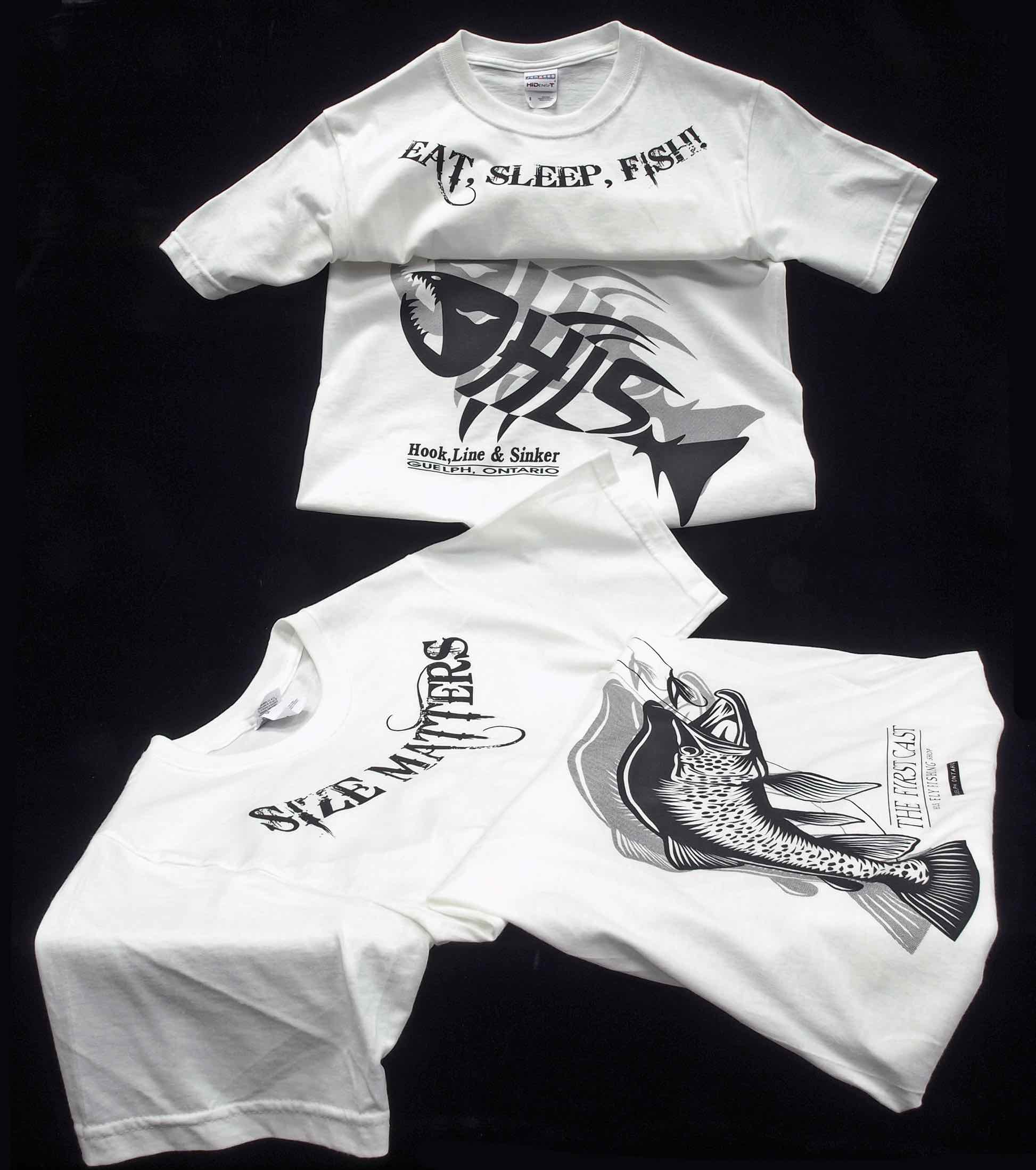 https://hooklineandsinker.ca/wp-content/uploads/2014/04/HLS-and-TFC-T-Shirts-AA.jpg
2198
1946
Ray Collesso
https://hooklineandsinker.ca/wp-content/uploads/2014/12/Steelheading-in-the-Snow-900-80-Not-Faded-Actual-1030x91.jpg
Ray Collesso2014-04-04 13:09:542017-02-12 18:57:59Custom Logo T-Shirts, Ball Caps, Hats & Much More…
https://hooklineandsinker.ca/wp-content/uploads/2014/04/HLS-and-TFC-T-Shirts-AA.jpg
2198
1946
Ray Collesso
https://hooklineandsinker.ca/wp-content/uploads/2014/12/Steelheading-in-the-Snow-900-80-Not-Faded-Actual-1030x91.jpg
Ray Collesso2014-04-04 13:09:542017-02-12 18:57:59Custom Logo T-Shirts, Ball Caps, Hats & Much More…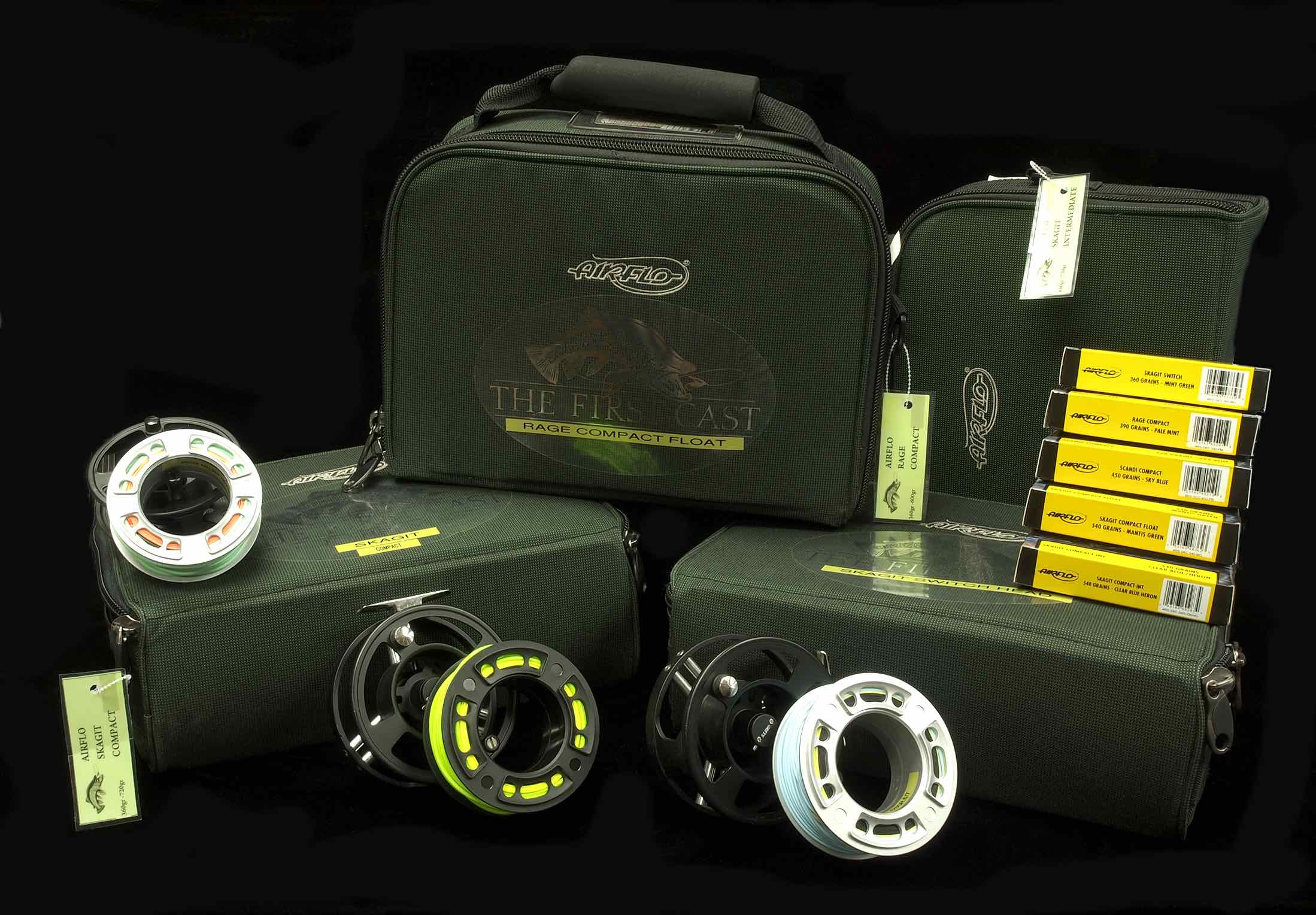 https://hooklineandsinker.ca/wp-content/uploads/2014/01/Spey-Head-Loaner-Program-Airflo-AA.jpg
1528
2198
Ray Collesso
https://hooklineandsinker.ca/wp-content/uploads/2014/12/Steelheading-in-the-Snow-900-80-Not-Faded-Actual-1030x91.jpg
Ray Collesso2014-01-08 11:35:152022-04-18 13:28:29Spey Head Loaner Program (Airflo / RIO / OPST / Scientific Anglers)
https://hooklineandsinker.ca/wp-content/uploads/2014/01/Spey-Head-Loaner-Program-Airflo-AA.jpg
1528
2198
Ray Collesso
https://hooklineandsinker.ca/wp-content/uploads/2014/12/Steelheading-in-the-Snow-900-80-Not-Faded-Actual-1030x91.jpg
Ray Collesso2014-01-08 11:35:152022-04-18 13:28:29Spey Head Loaner Program (Airflo / RIO / OPST / Scientific Anglers)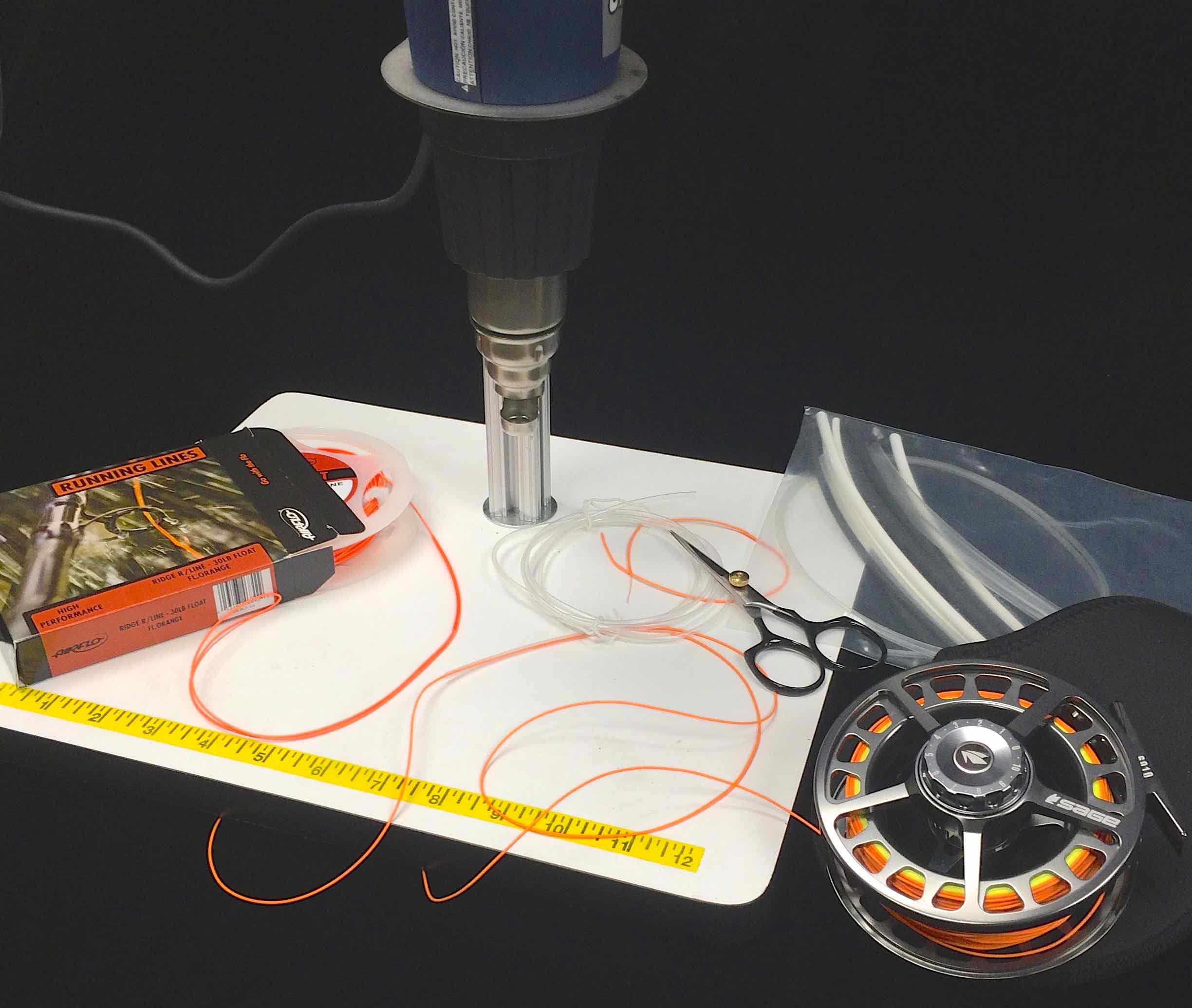 https://hooklineandsinker.ca/wp-content/uploads/2013/12/Fly-Line-Welding-Repair-Machine-Sage-6010-Fly-Reel-AAA.jpg
2070
2448
Ray Collesso
https://hooklineandsinker.ca/wp-content/uploads/2014/12/Steelheading-in-the-Snow-900-80-Not-Faded-Actual-1030x91.jpg
Ray Collesso2013-12-30 23:35:552022-03-18 22:36:39Airflo Line Welding & Repair Machine – SERVICE DISCONTINUED.
https://hooklineandsinker.ca/wp-content/uploads/2013/12/Fly-Line-Welding-Repair-Machine-Sage-6010-Fly-Reel-AAA.jpg
2070
2448
Ray Collesso
https://hooklineandsinker.ca/wp-content/uploads/2014/12/Steelheading-in-the-Snow-900-80-Not-Faded-Actual-1030x91.jpg
Ray Collesso2013-12-30 23:35:552022-03-18 22:36:39Airflo Line Welding & Repair Machine – SERVICE DISCONTINUED.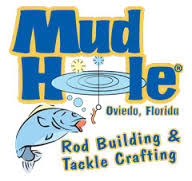 https://hooklineandsinker.ca/wp-content/uploads/2017/01/mudhole-logo.jpg
181
192
HLSAdmin
https://hooklineandsinker.ca/wp-content/uploads/2014/12/Steelheading-in-the-Snow-900-80-Not-Faded-Actual-1030x91.jpg
HLSAdmin2017-01-15 17:21:162022-04-18 13:28:07Mud Hole Rod Building & Tackle Crafting
https://hooklineandsinker.ca/wp-content/uploads/2017/01/mudhole-logo.jpg
181
192
HLSAdmin
https://hooklineandsinker.ca/wp-content/uploads/2014/12/Steelheading-in-the-Snow-900-80-Not-Faded-Actual-1030x91.jpg
HLSAdmin2017-01-15 17:21:162022-04-18 13:28:07Mud Hole Rod Building & Tackle CraftingWe are the leading provider of Fly Fishing Lessons, Corporate Team Building, and Guiding on the Upper Grand River, the Upper Credit River, and the Conestogo River.
No Guelph, Fergus, Kitchener or Cambridge Fishing Tackle Retailer will boast as complete and diverse a store inventory, including a vast selection of Centerpin / Float Fishing Reels, Rods, Clothing and Accessories.
Order a HLS or TFC Gift Card – We will put one in the mail for FREE!



